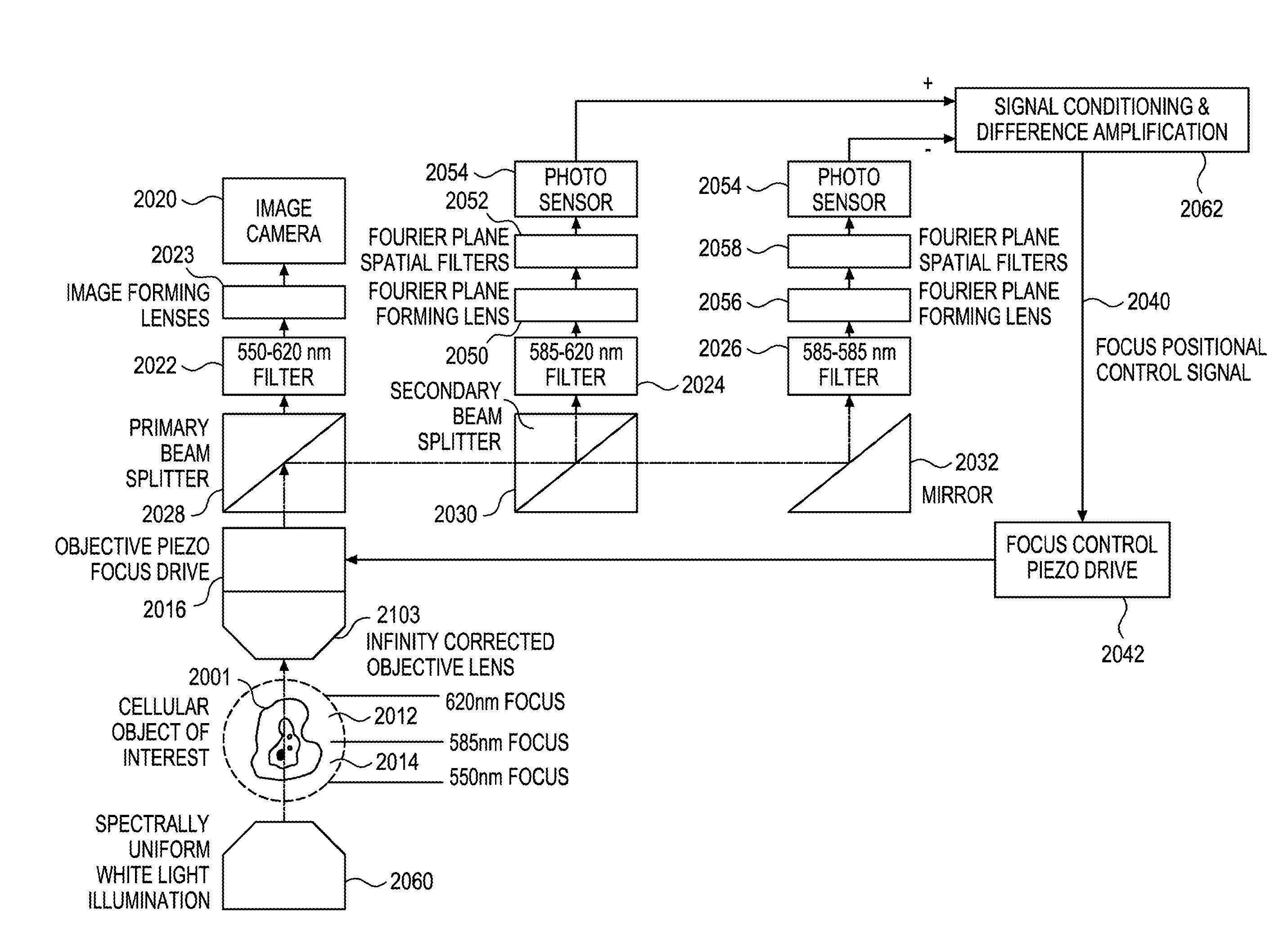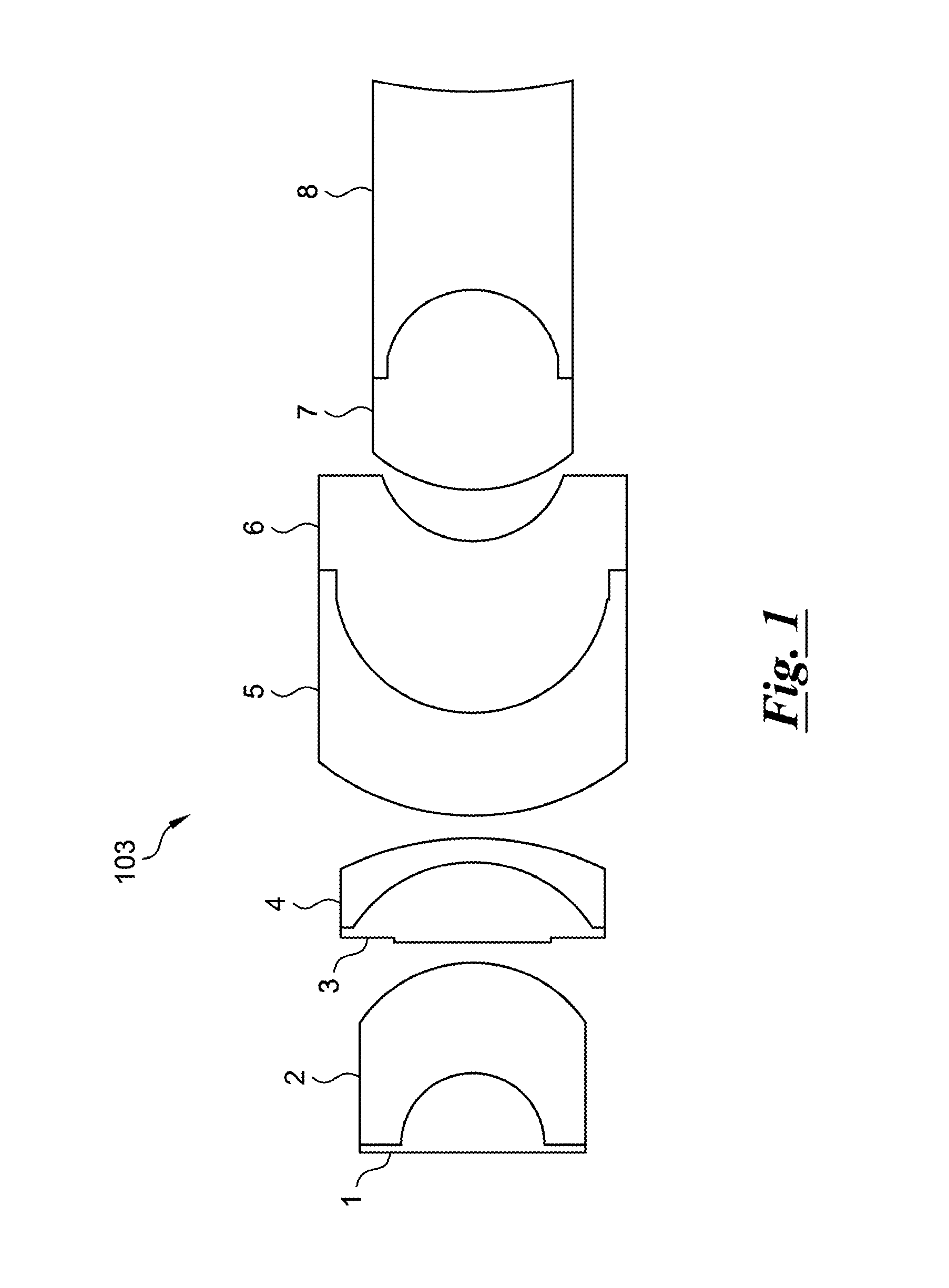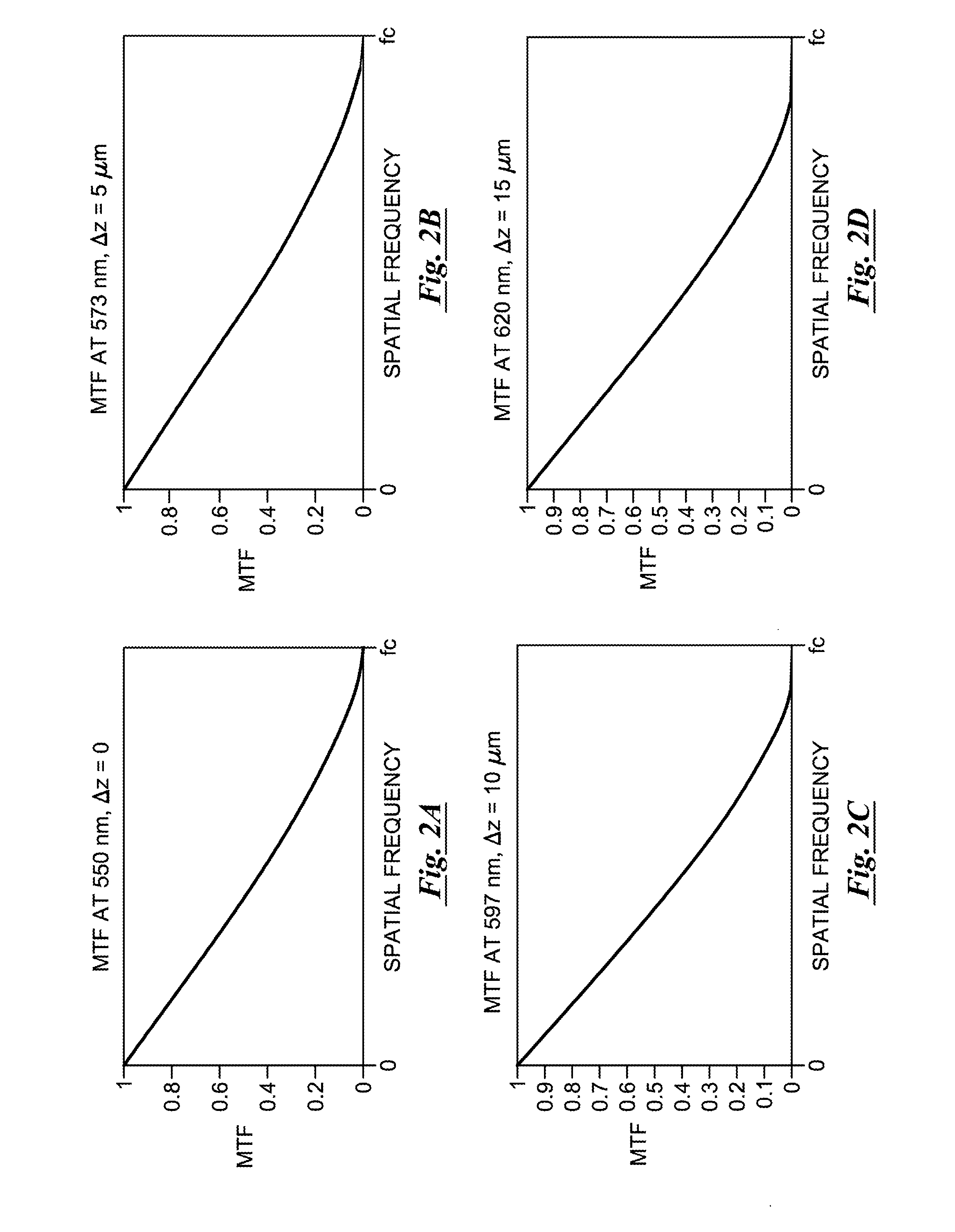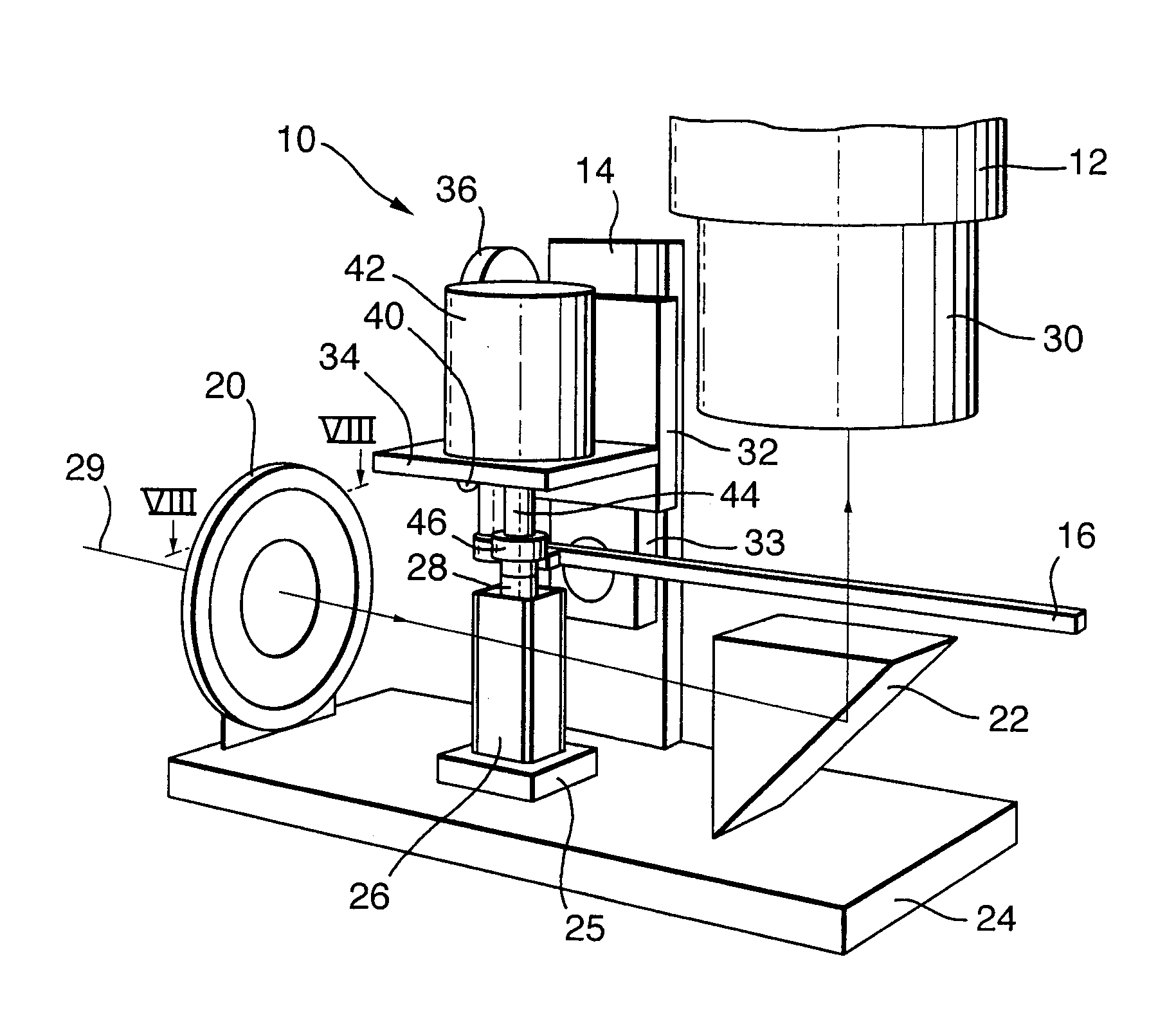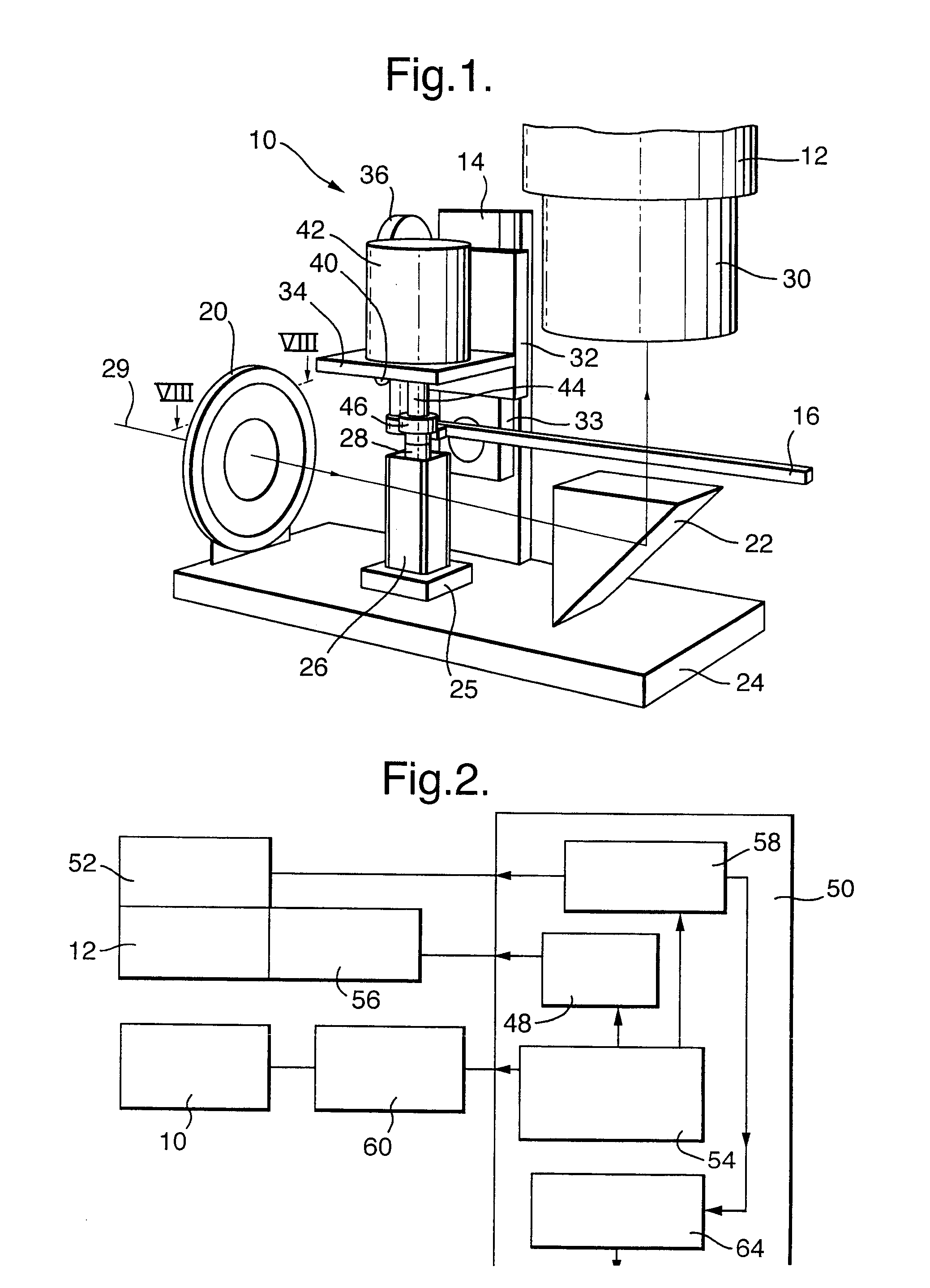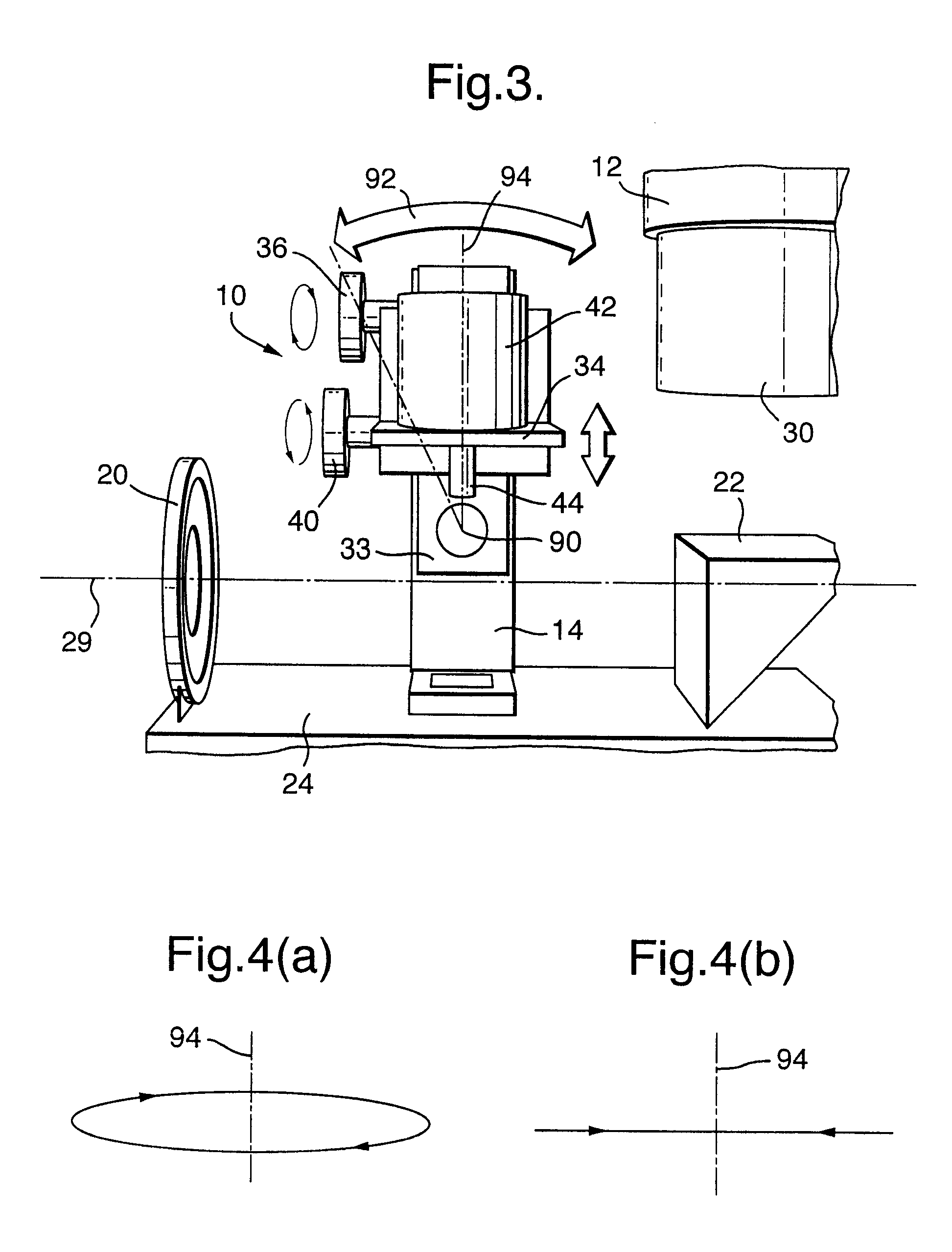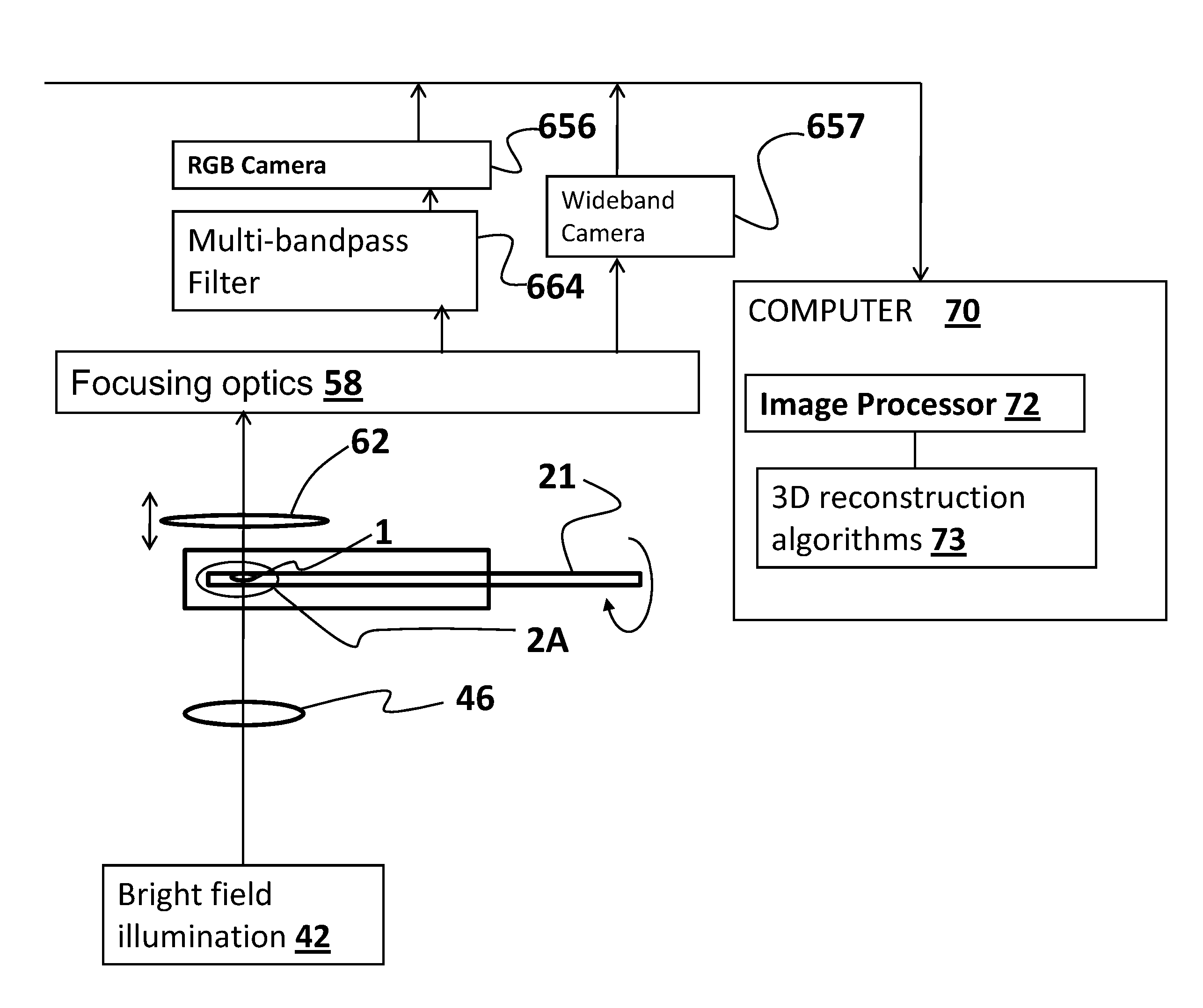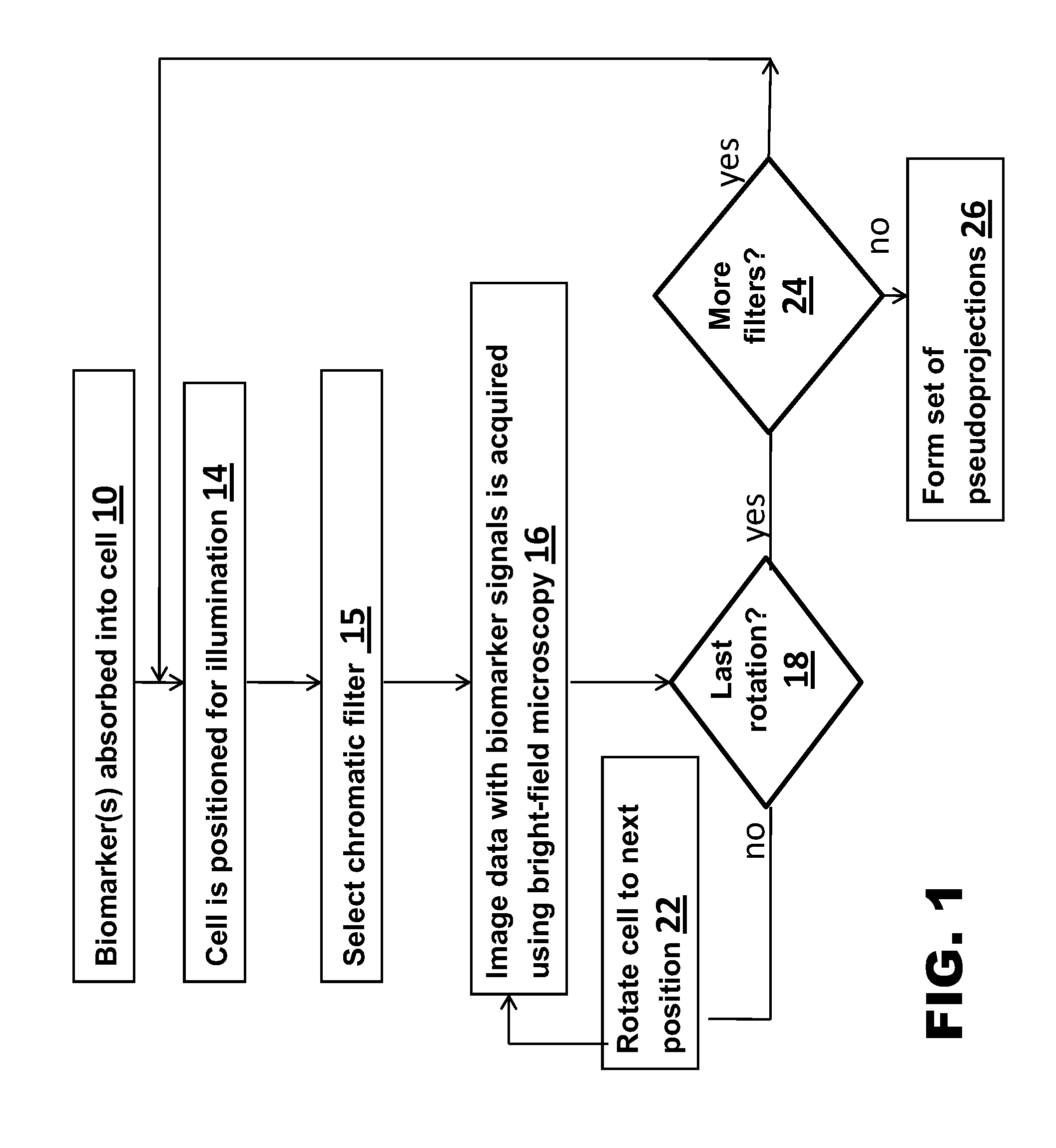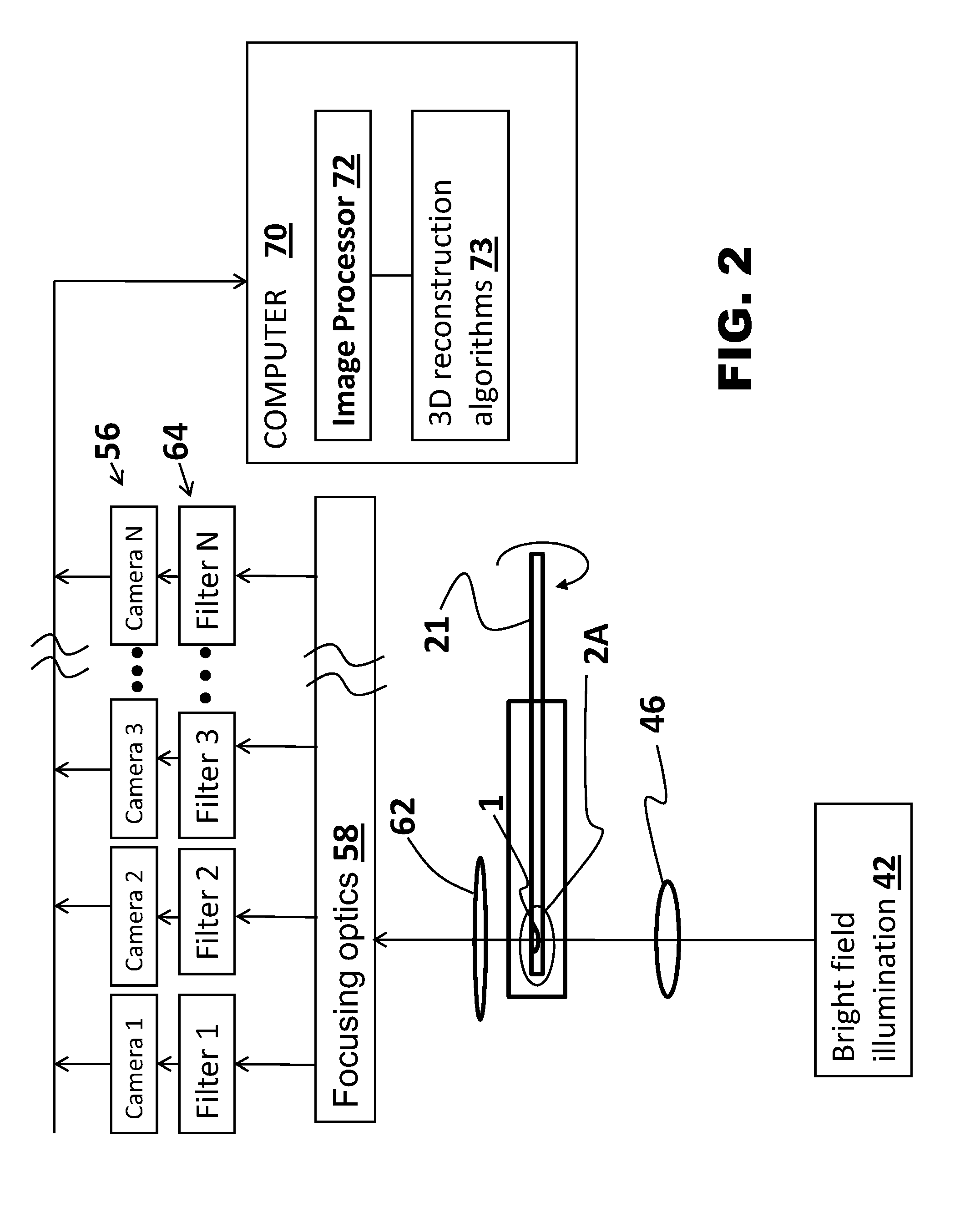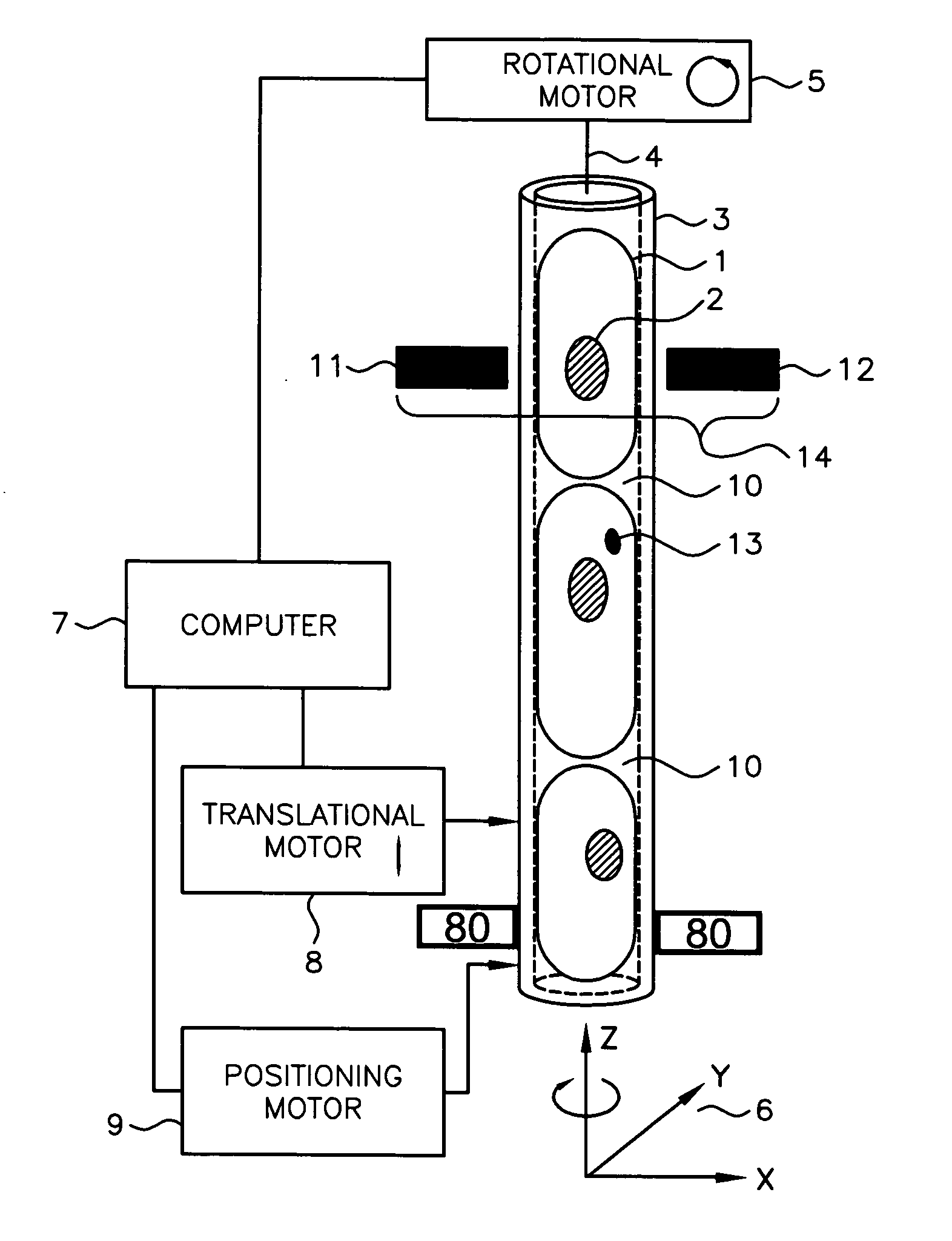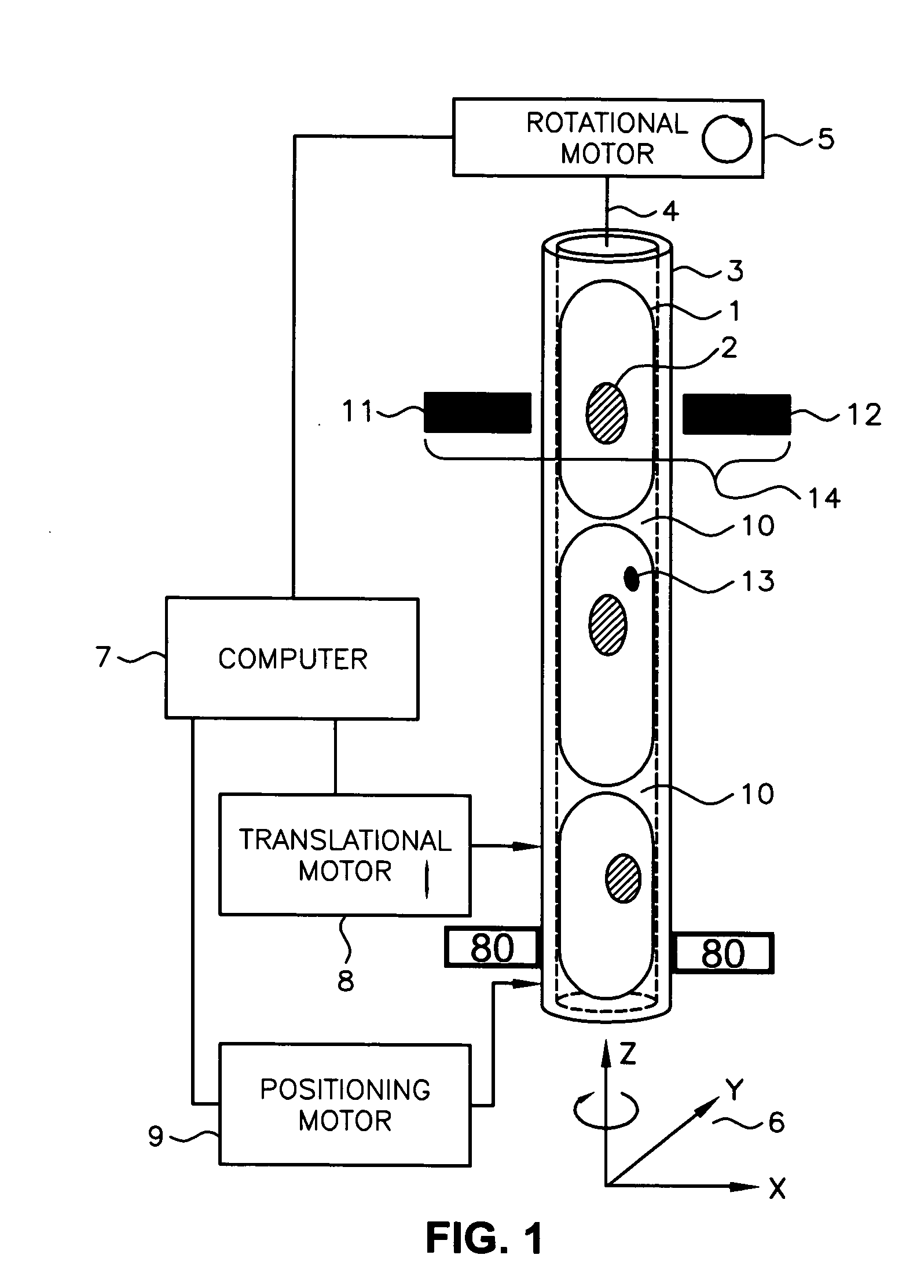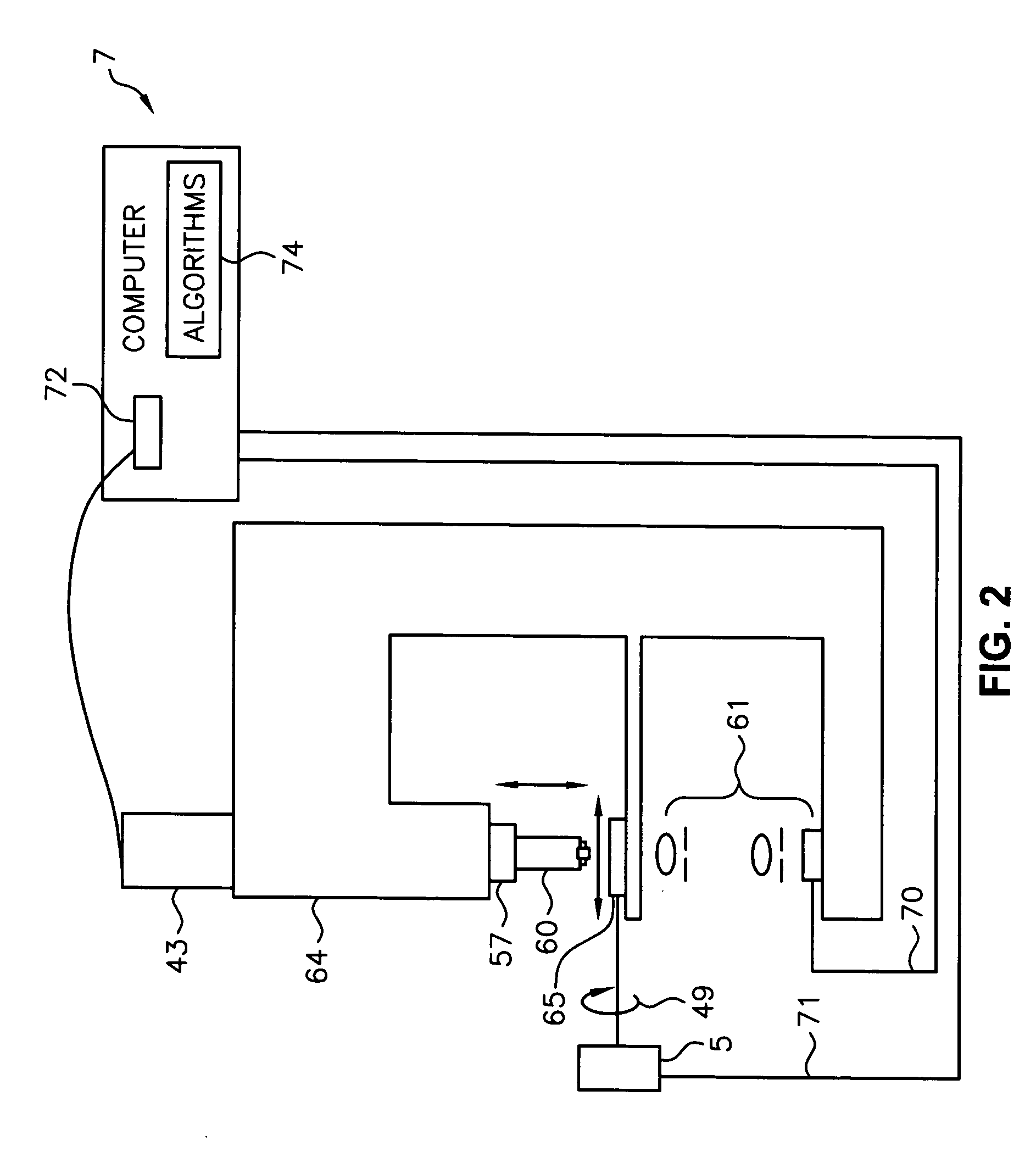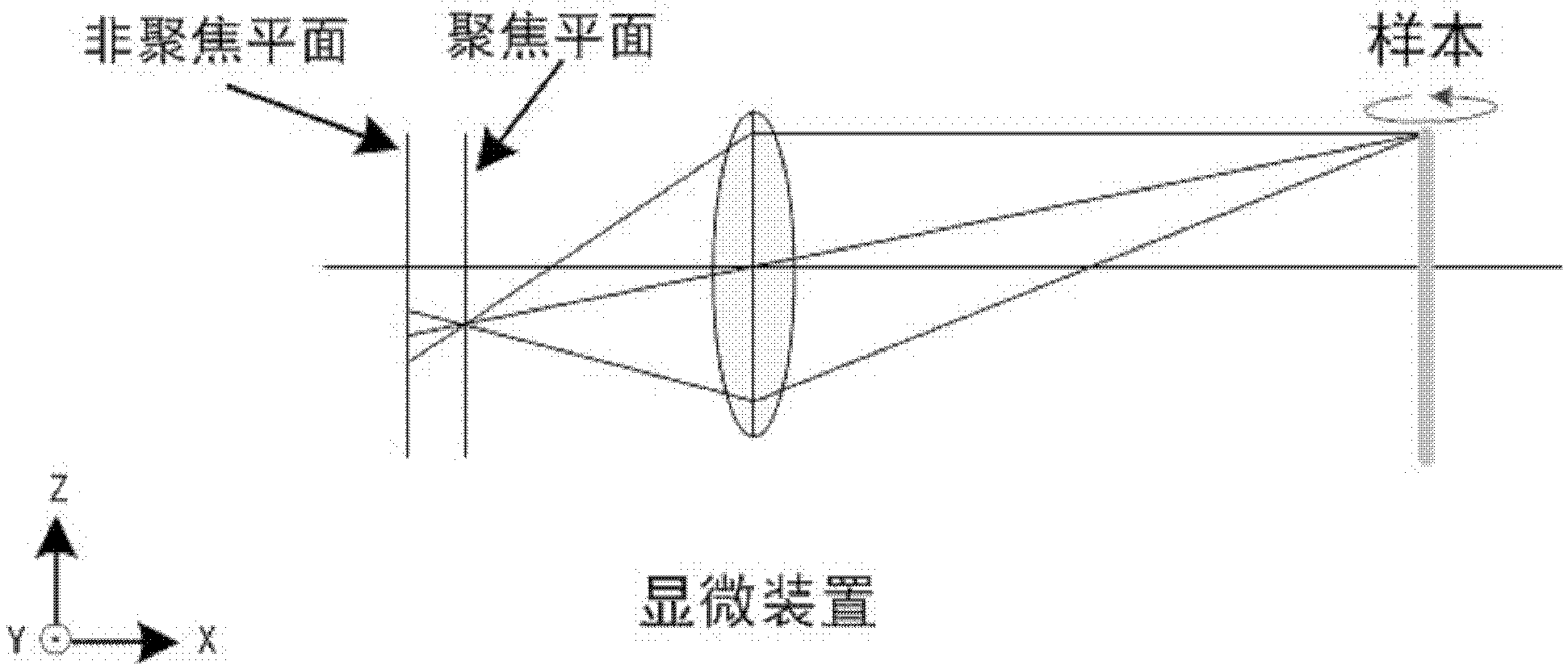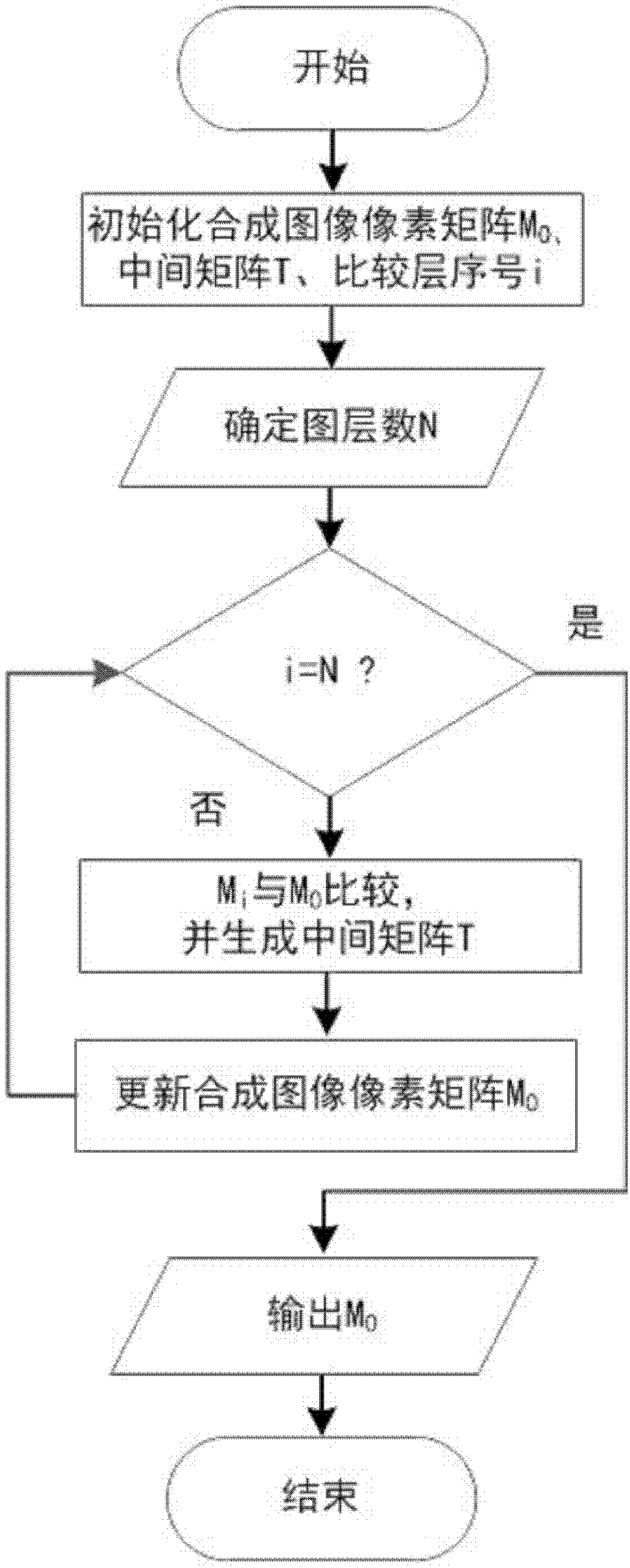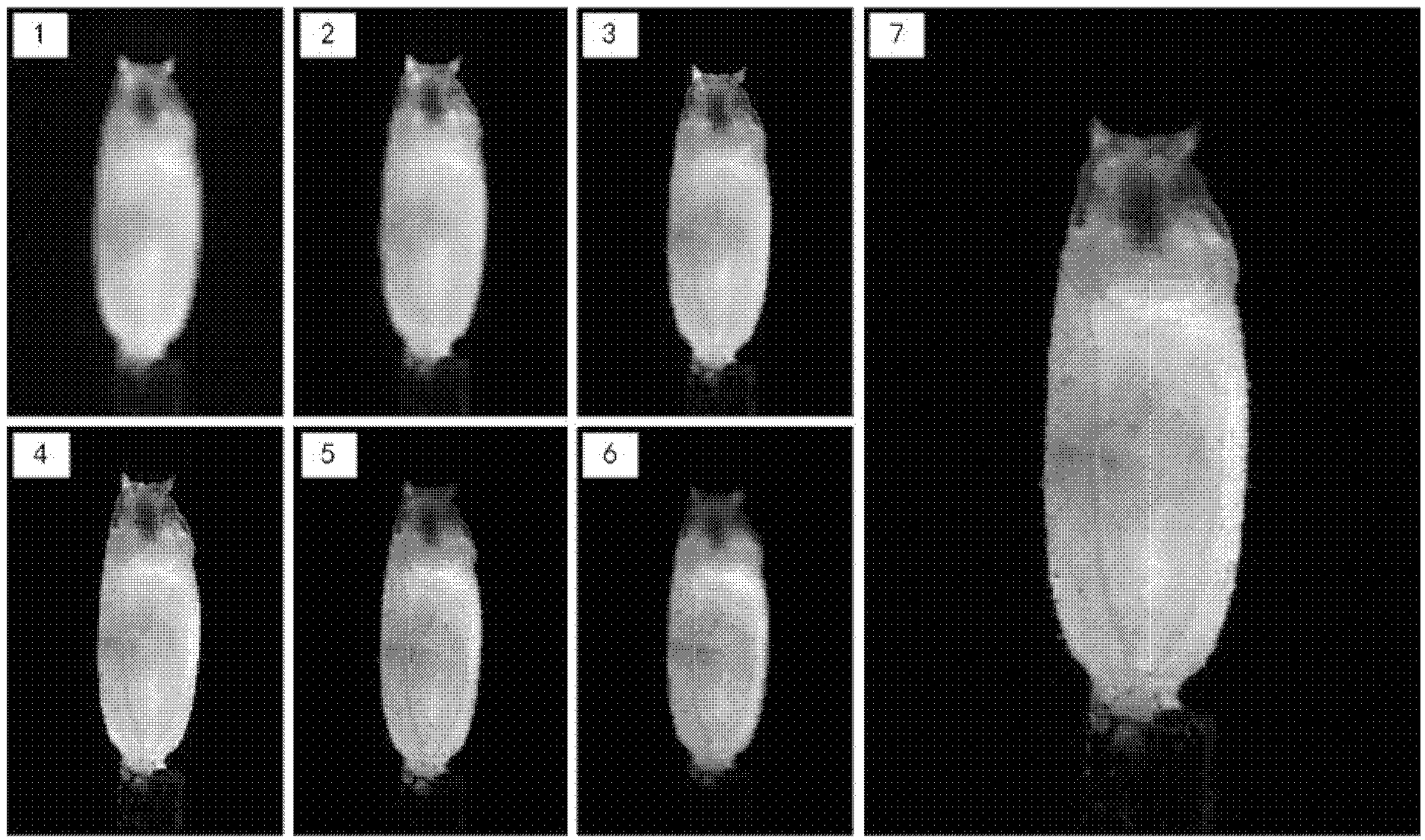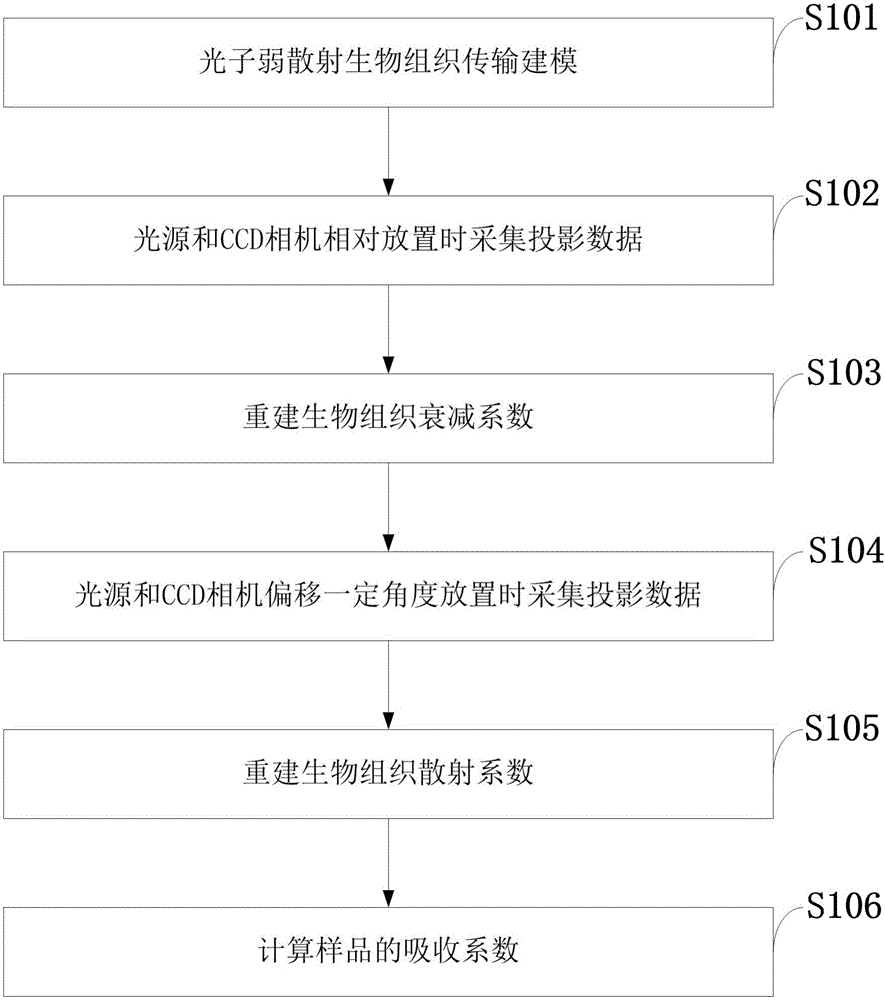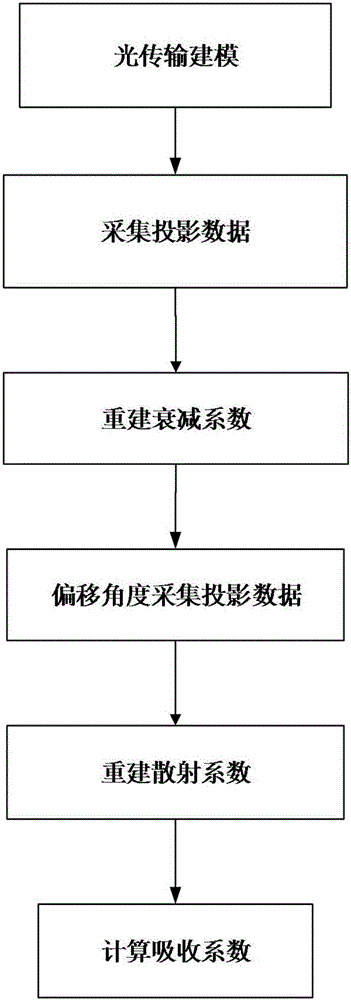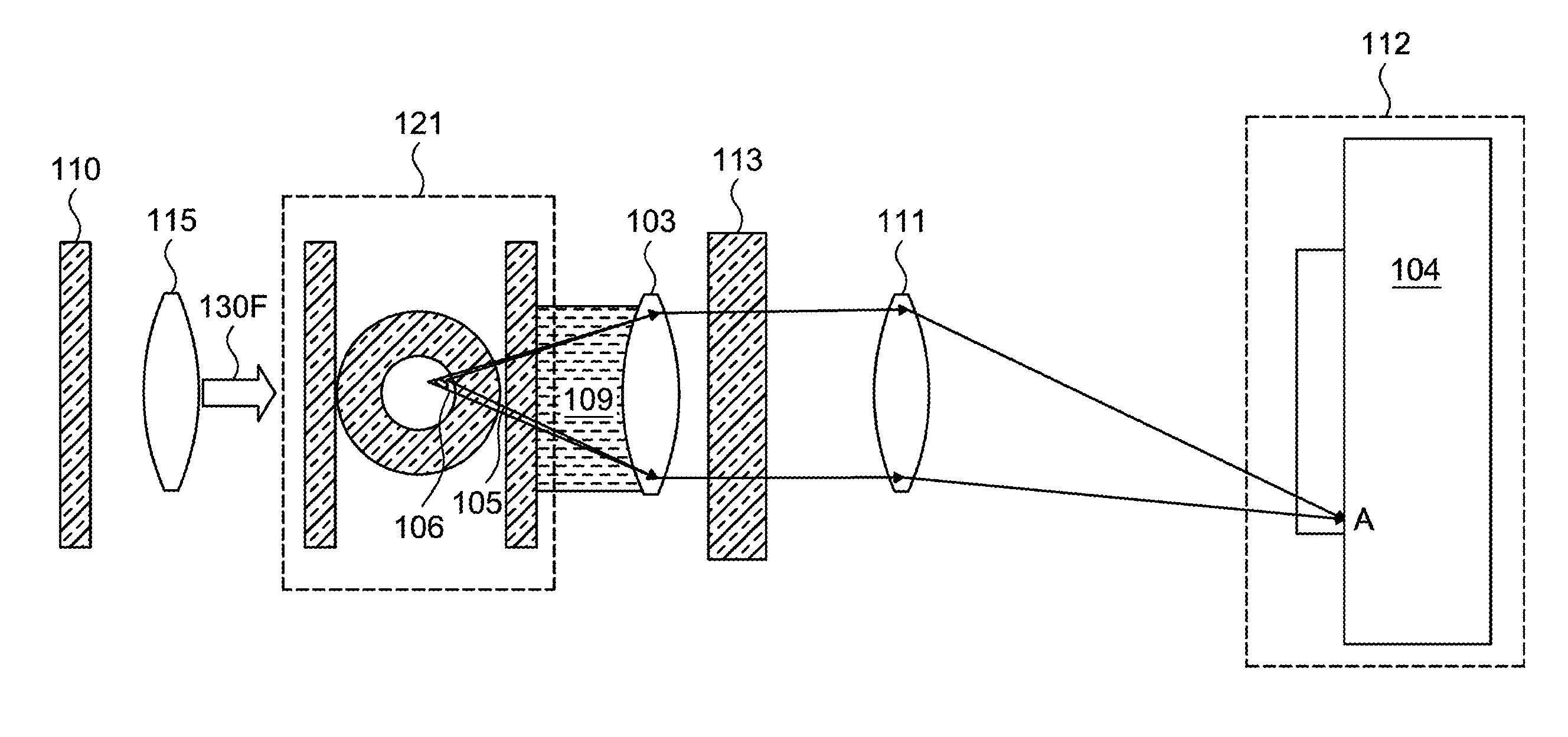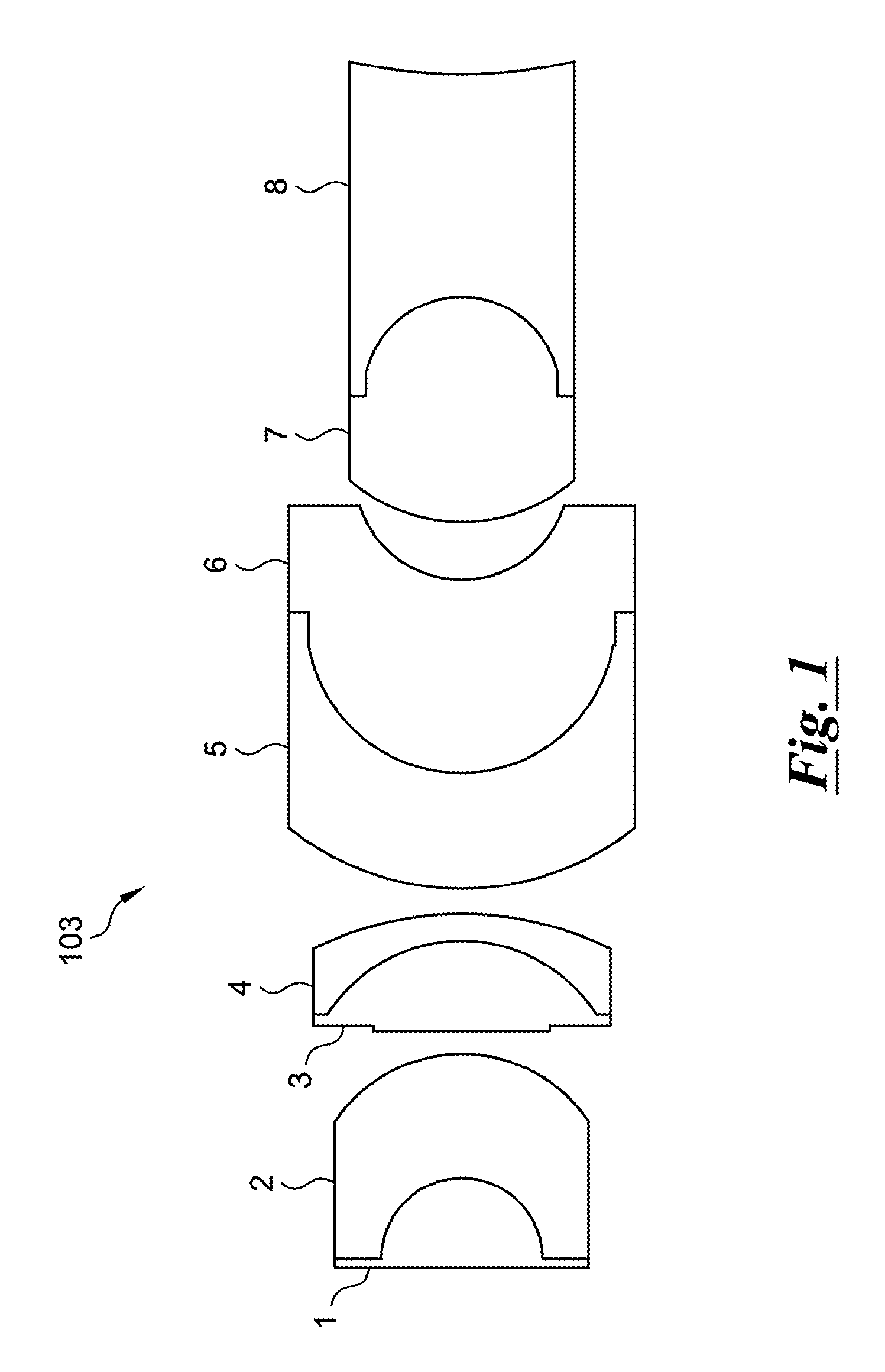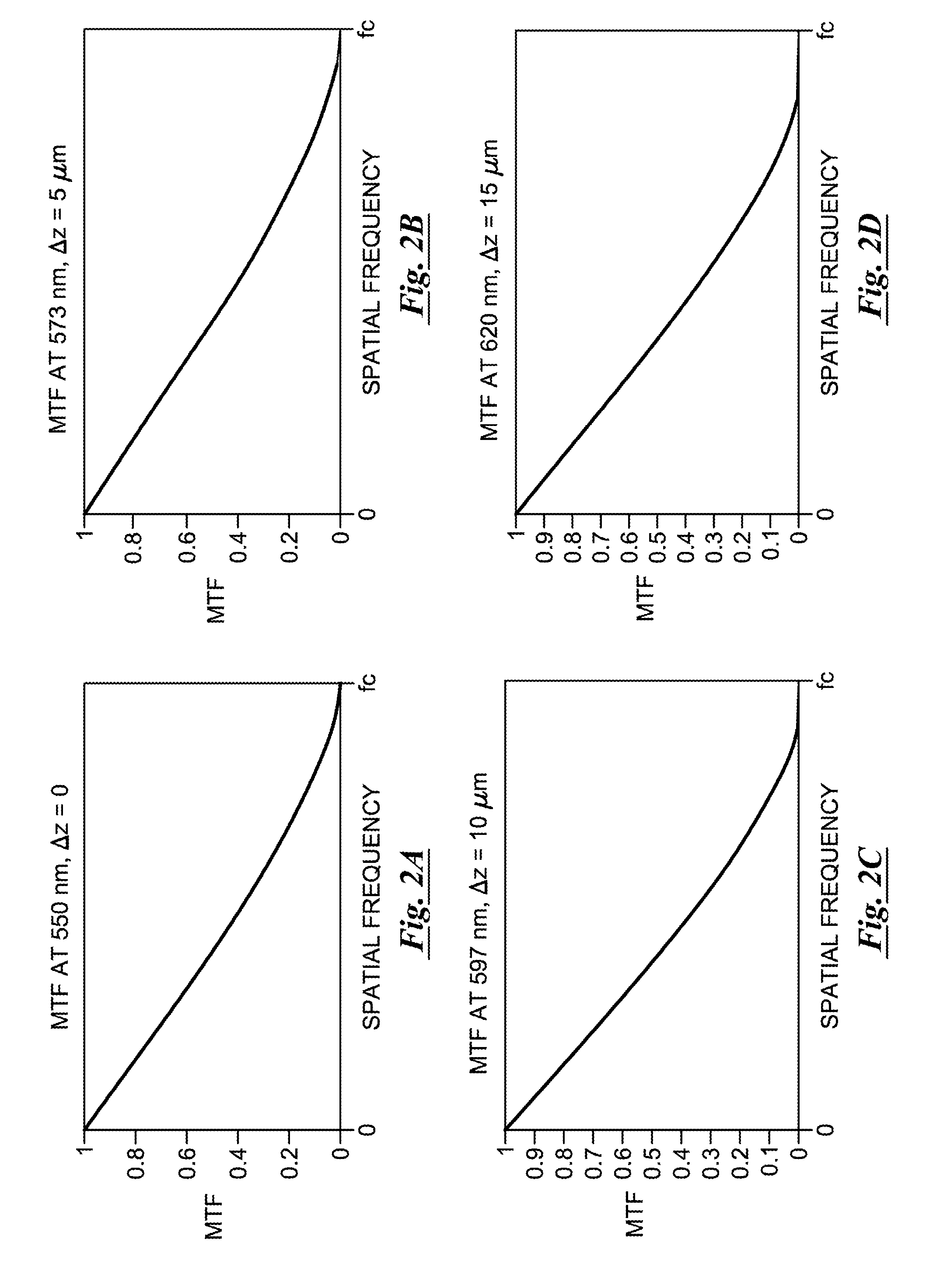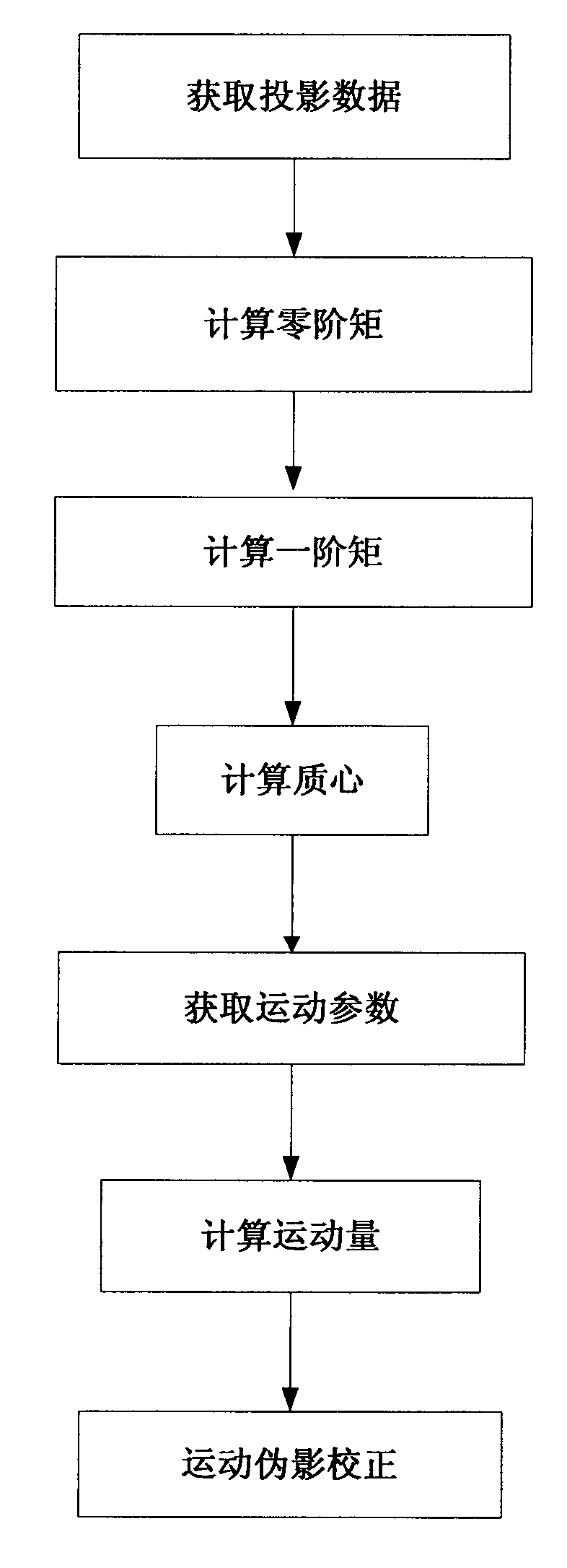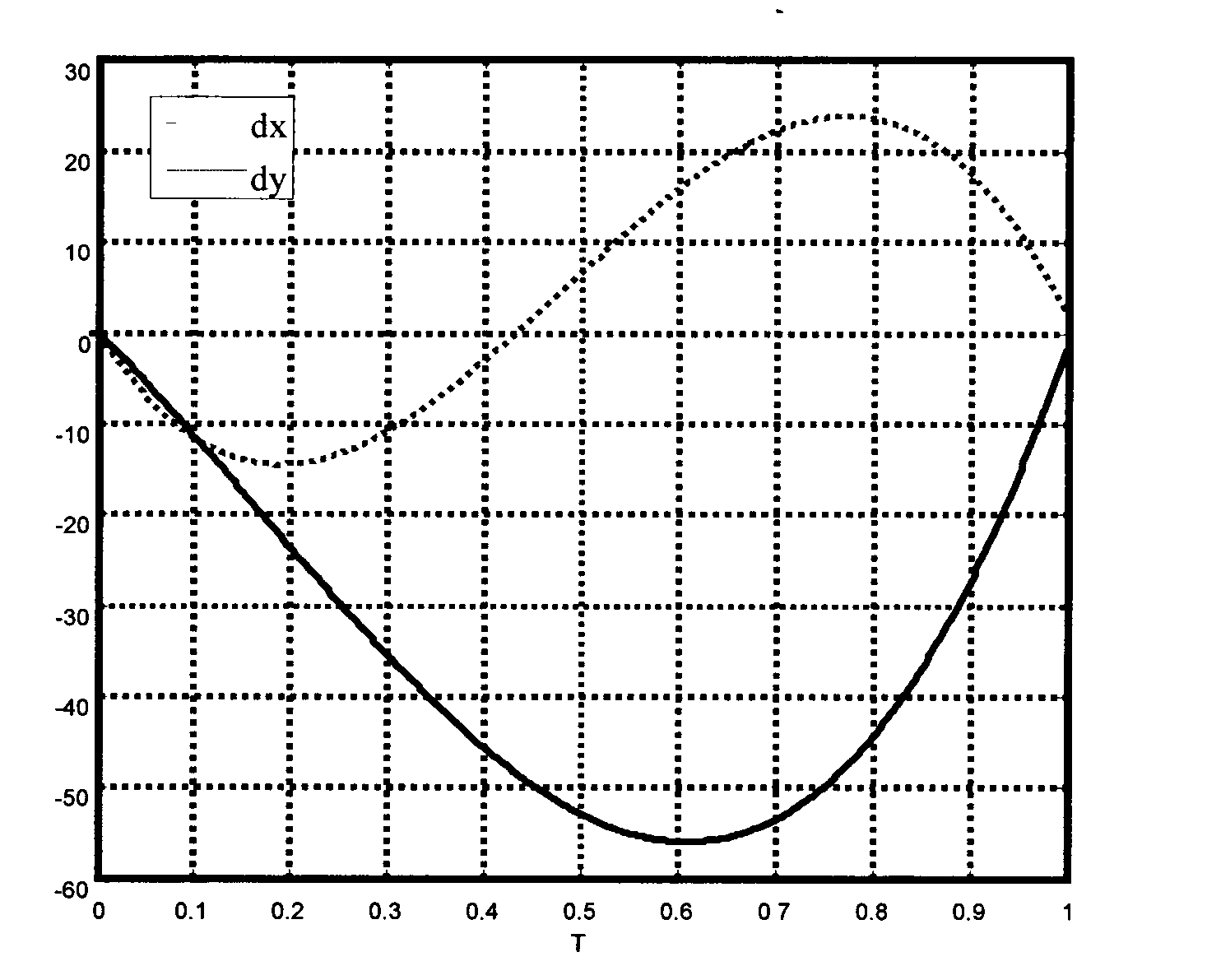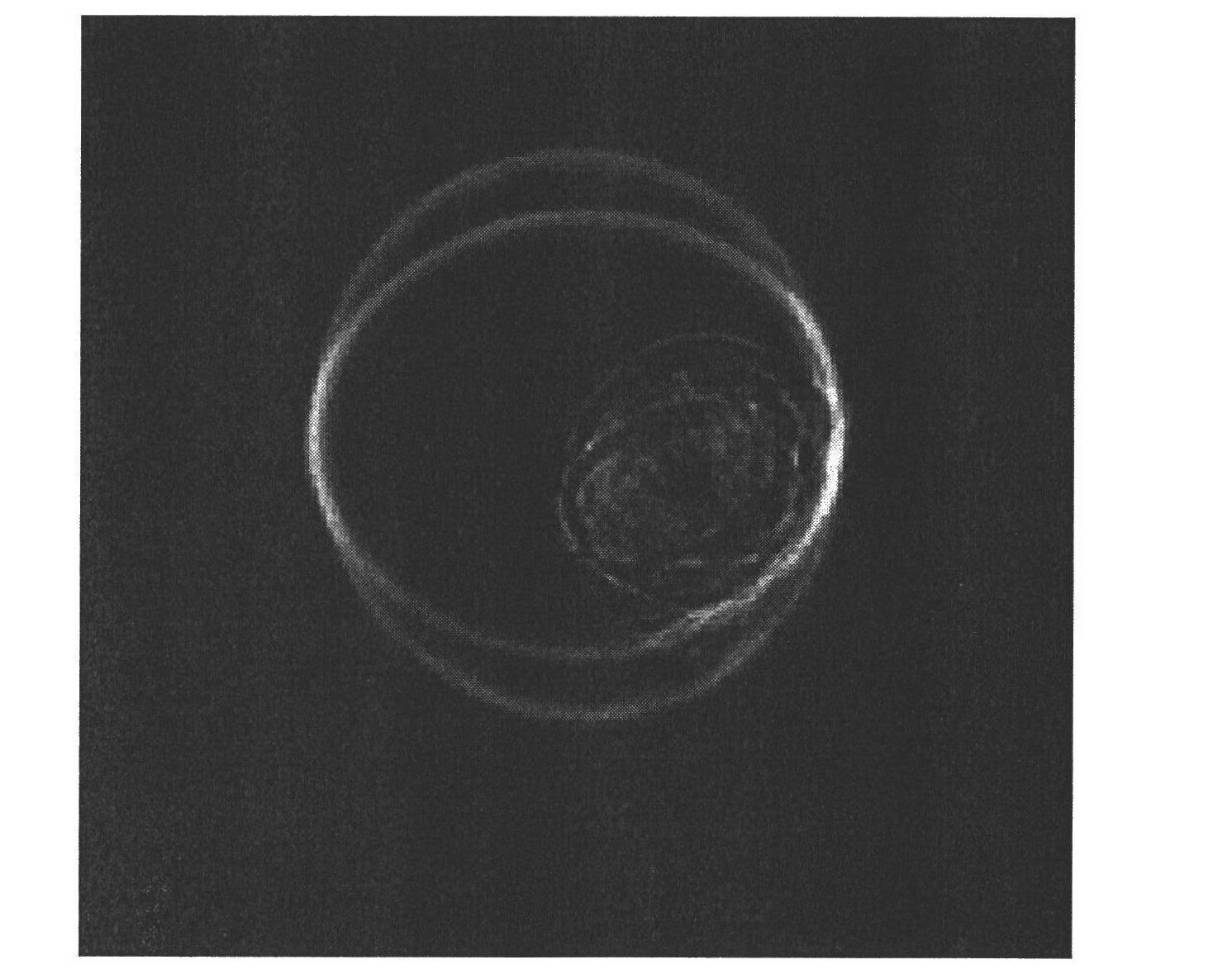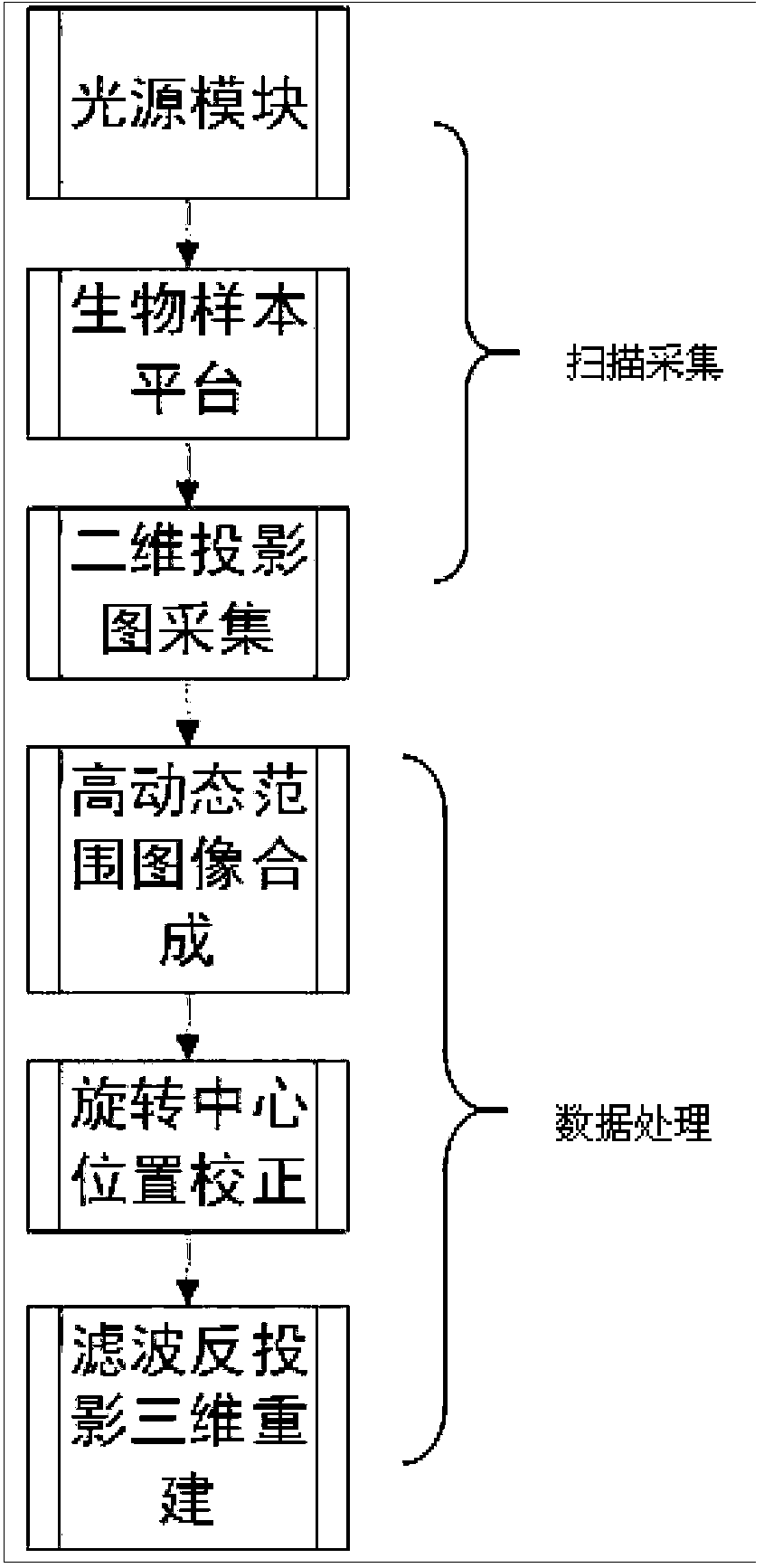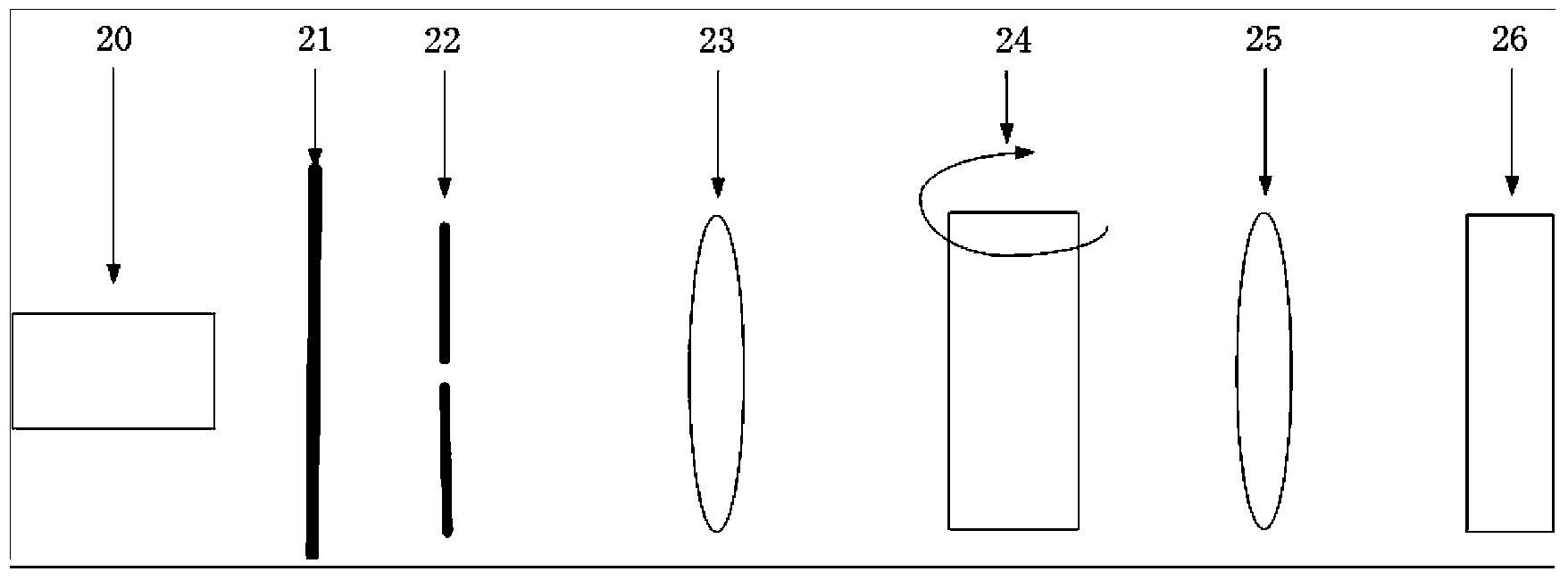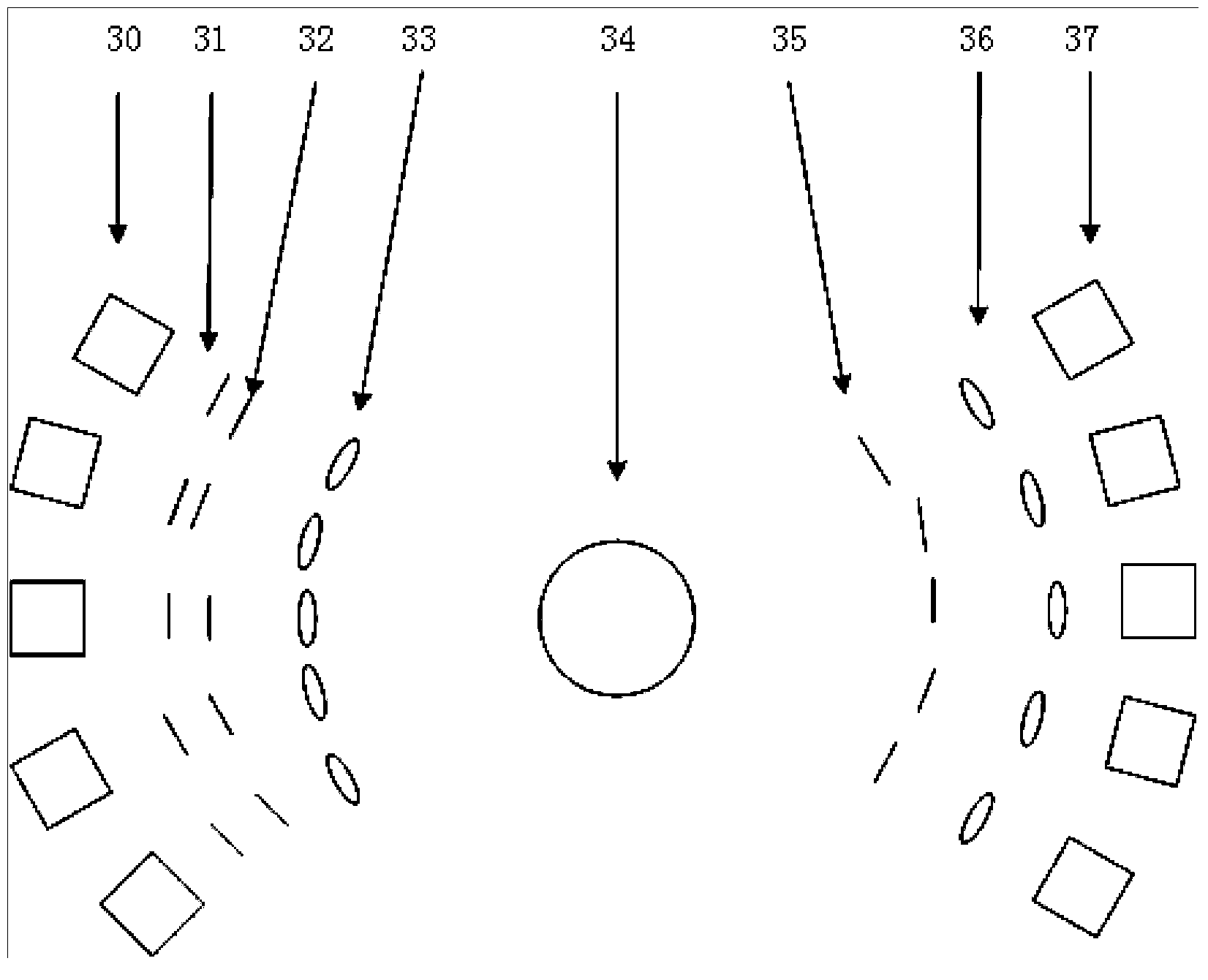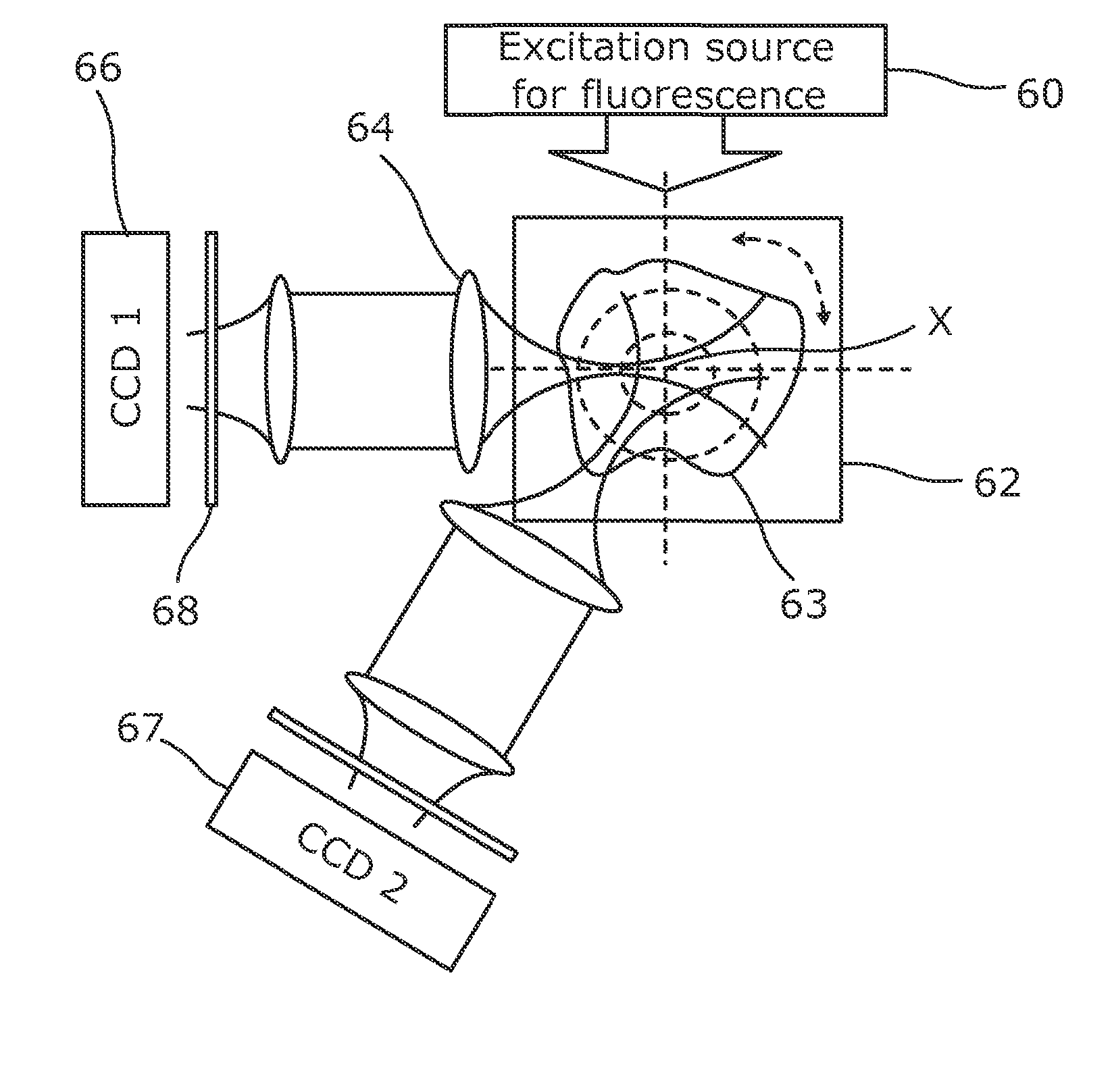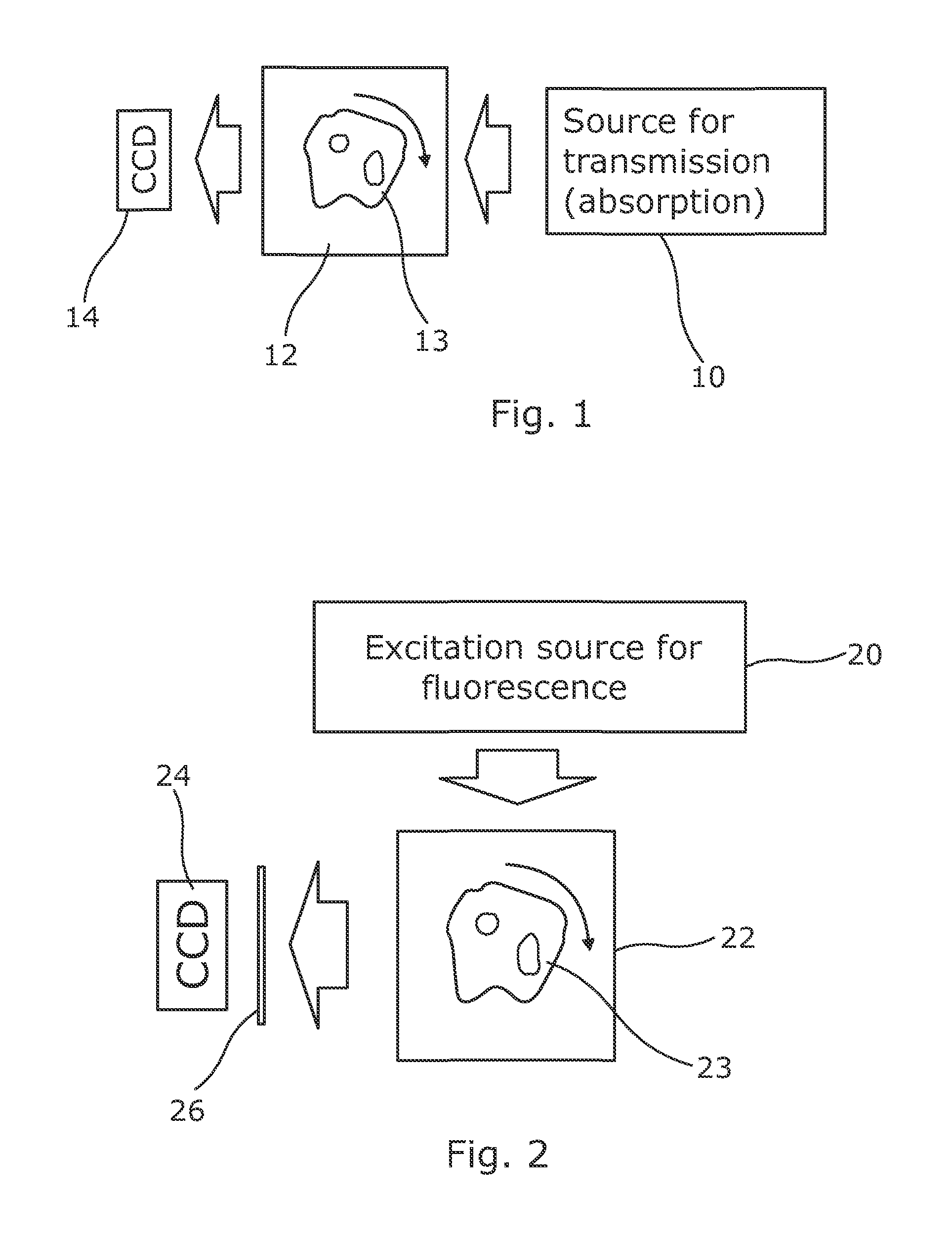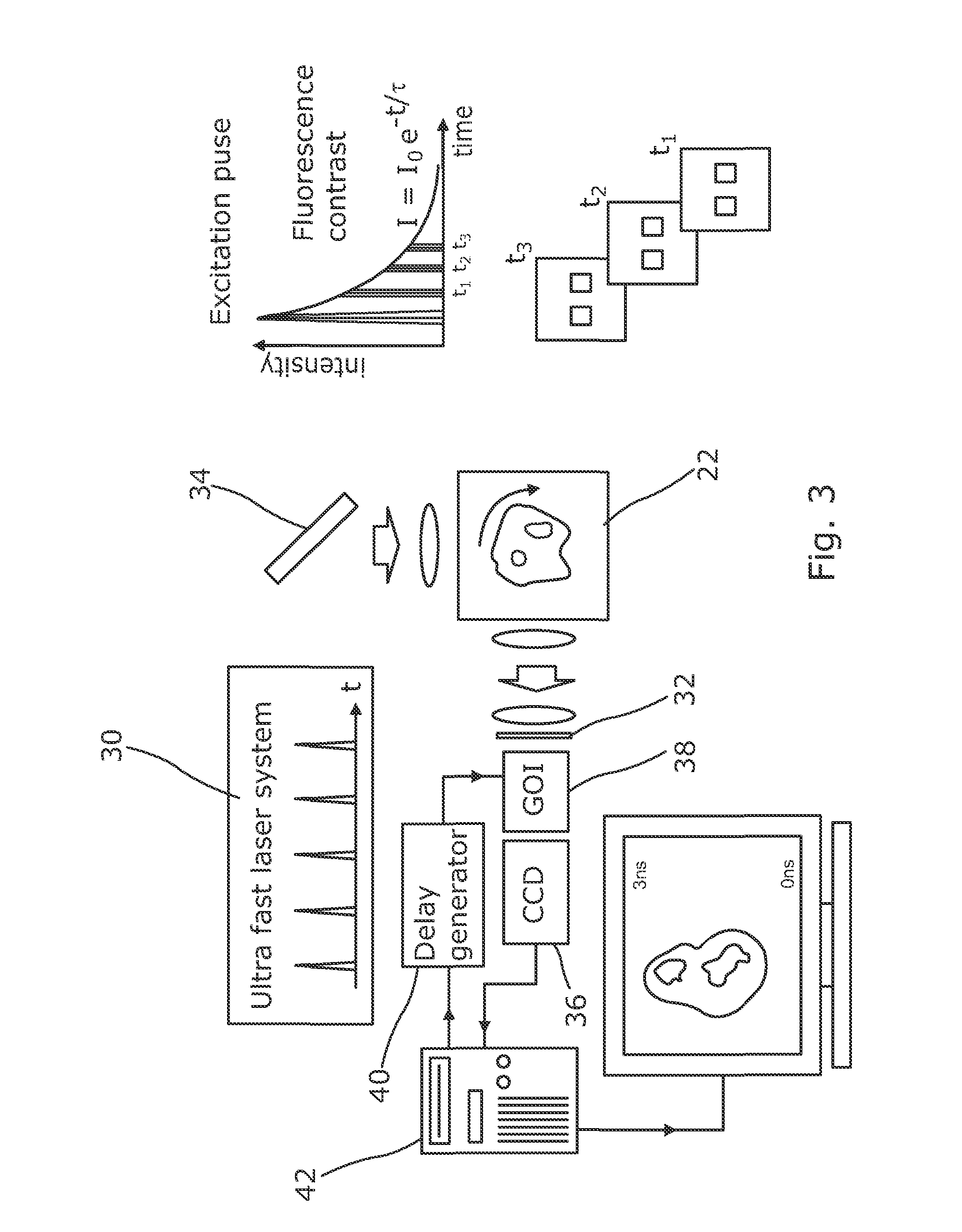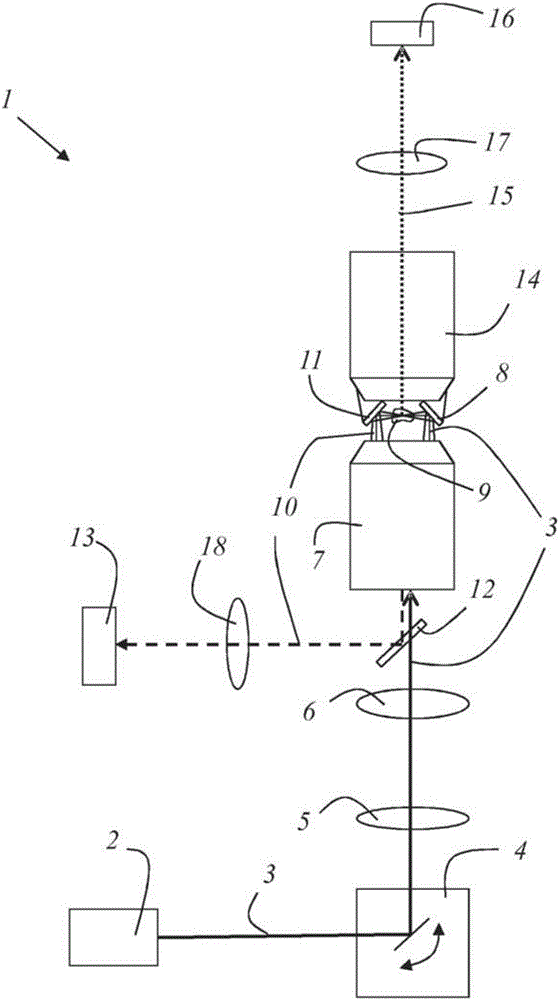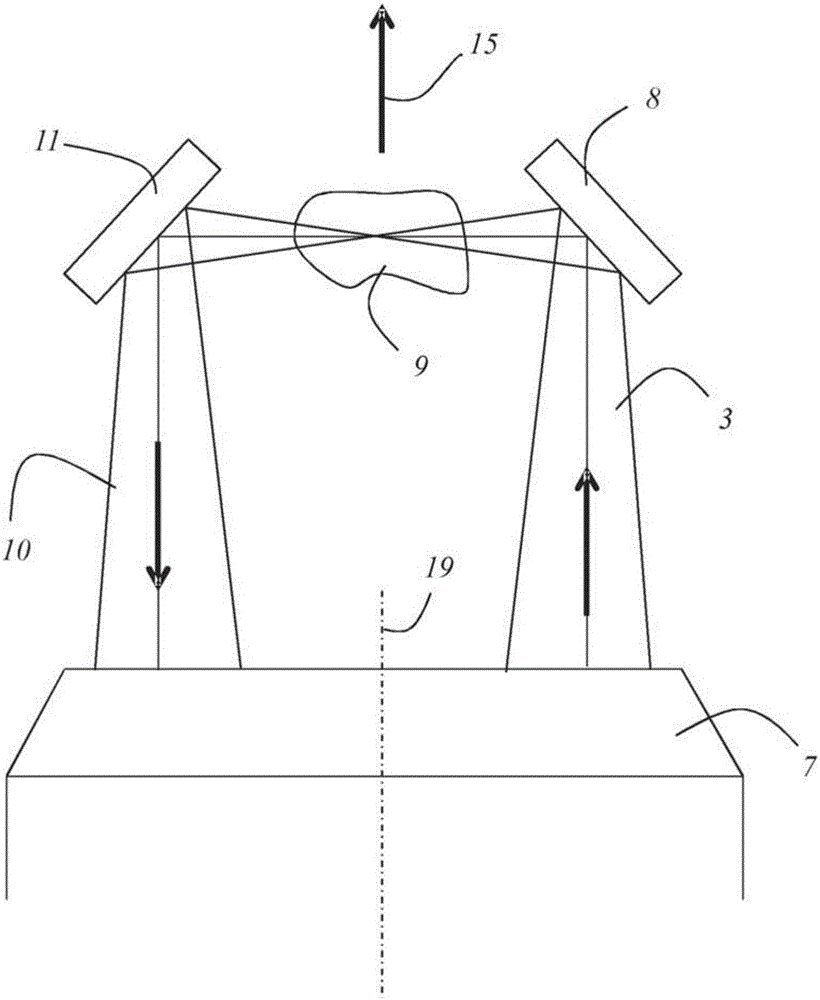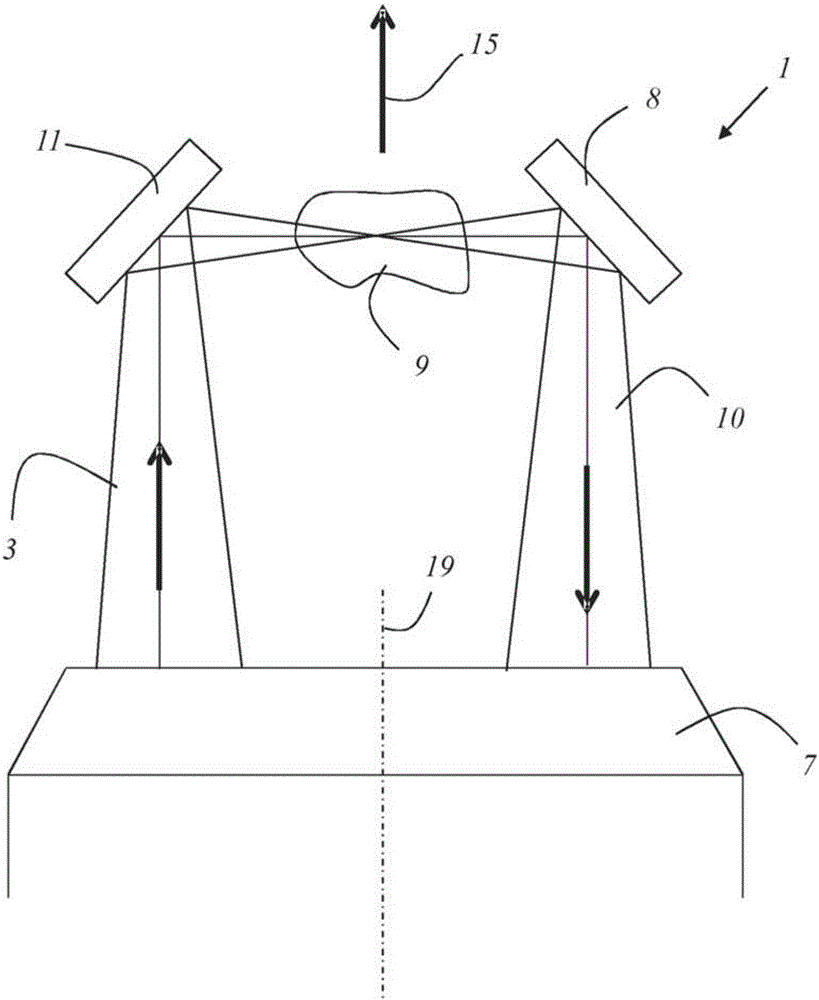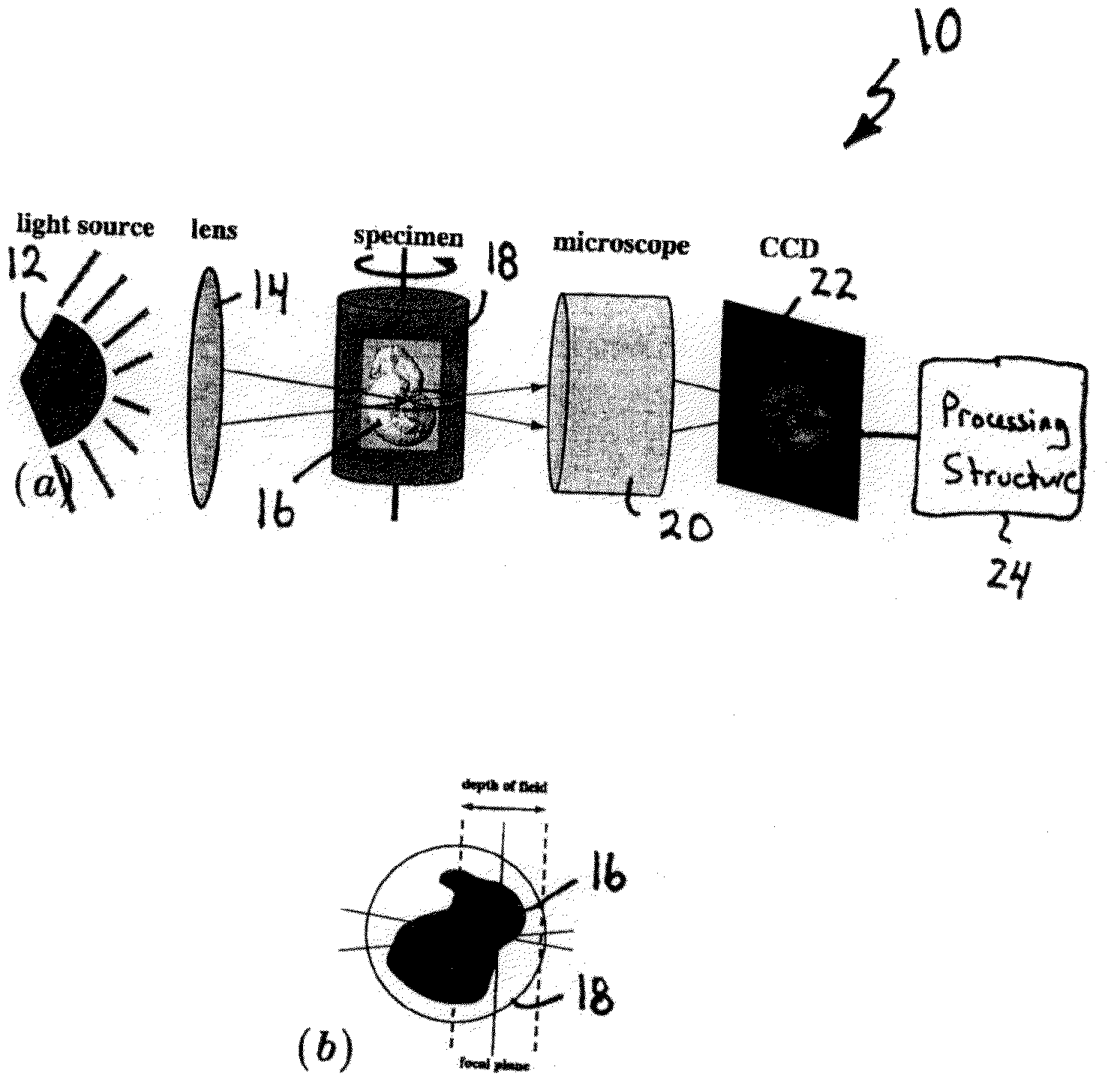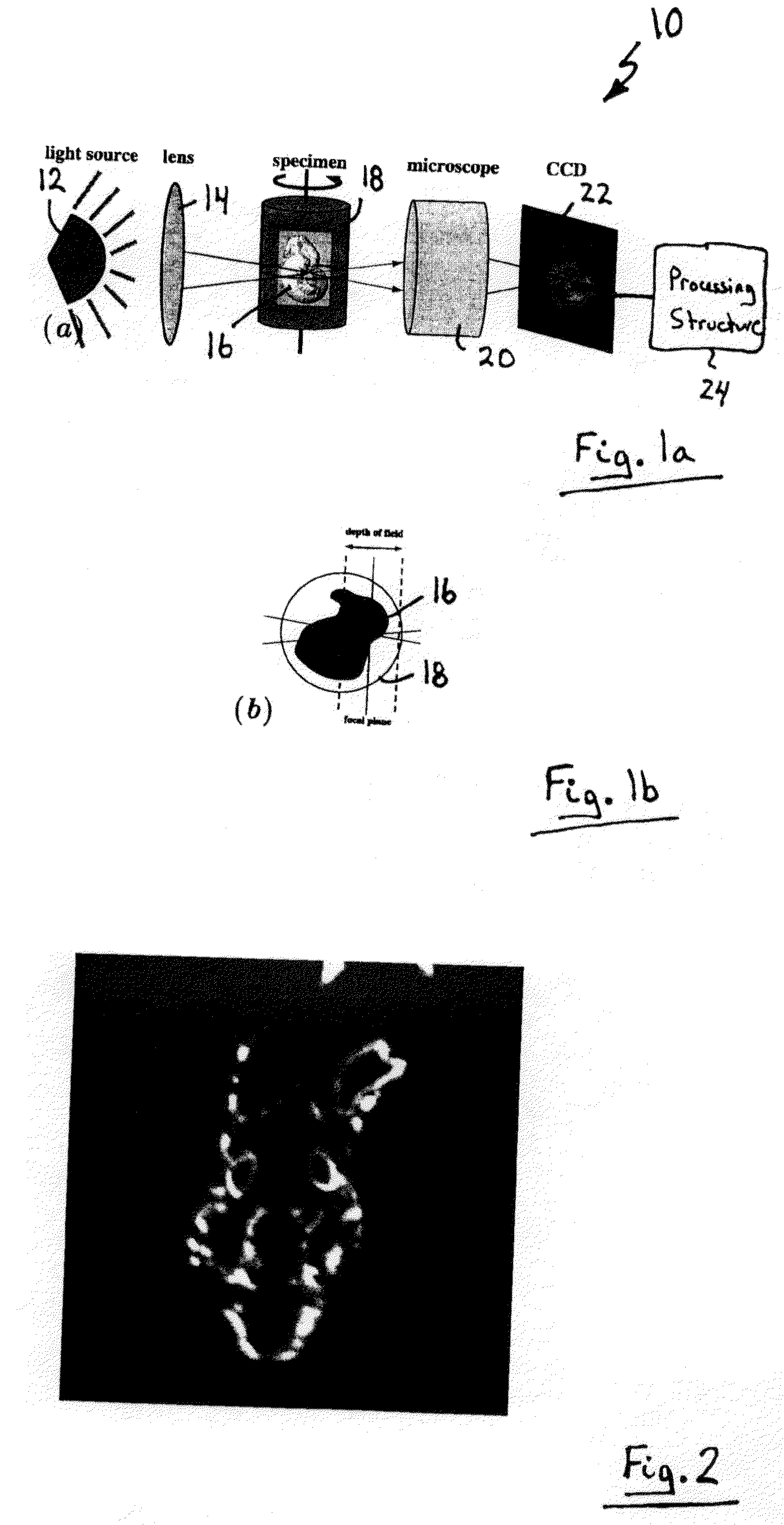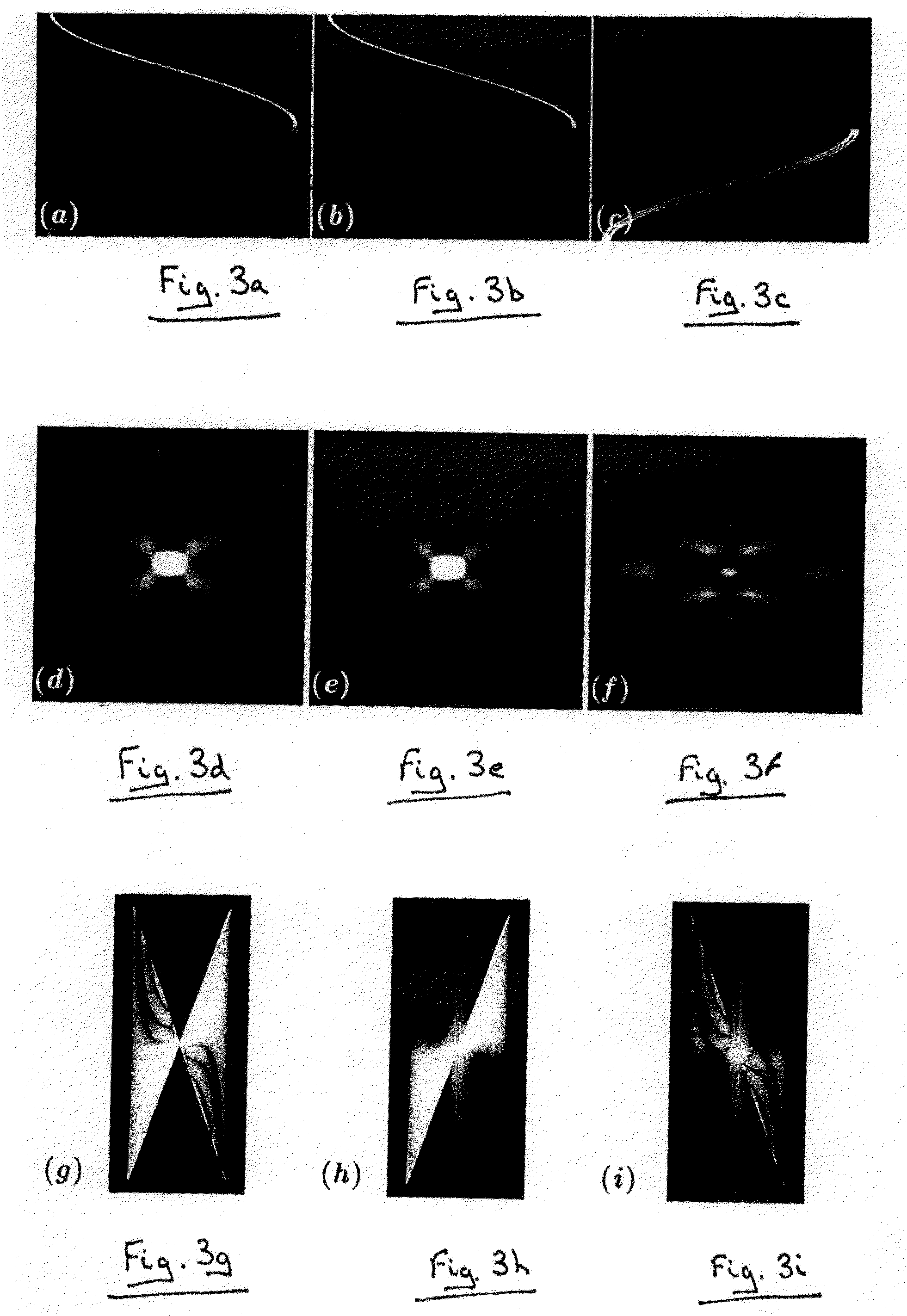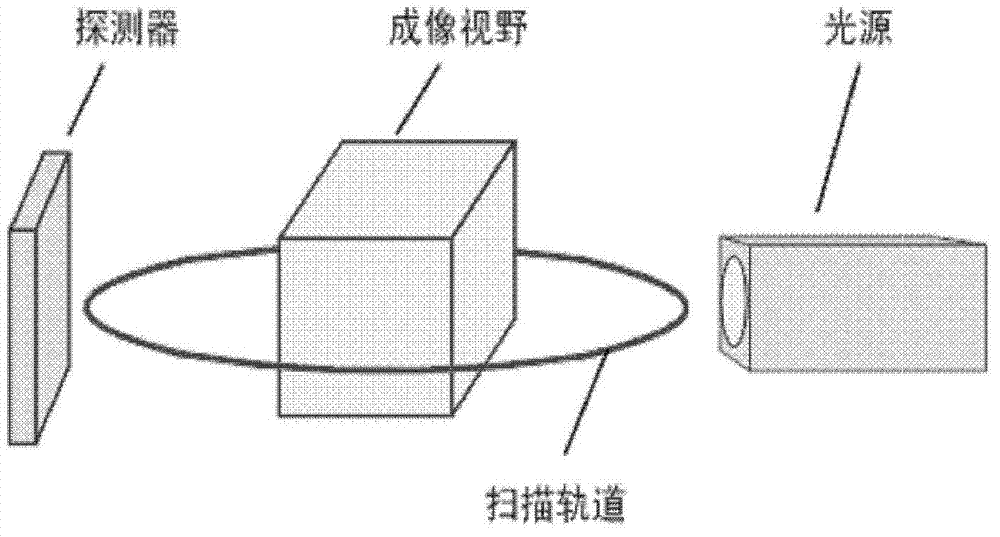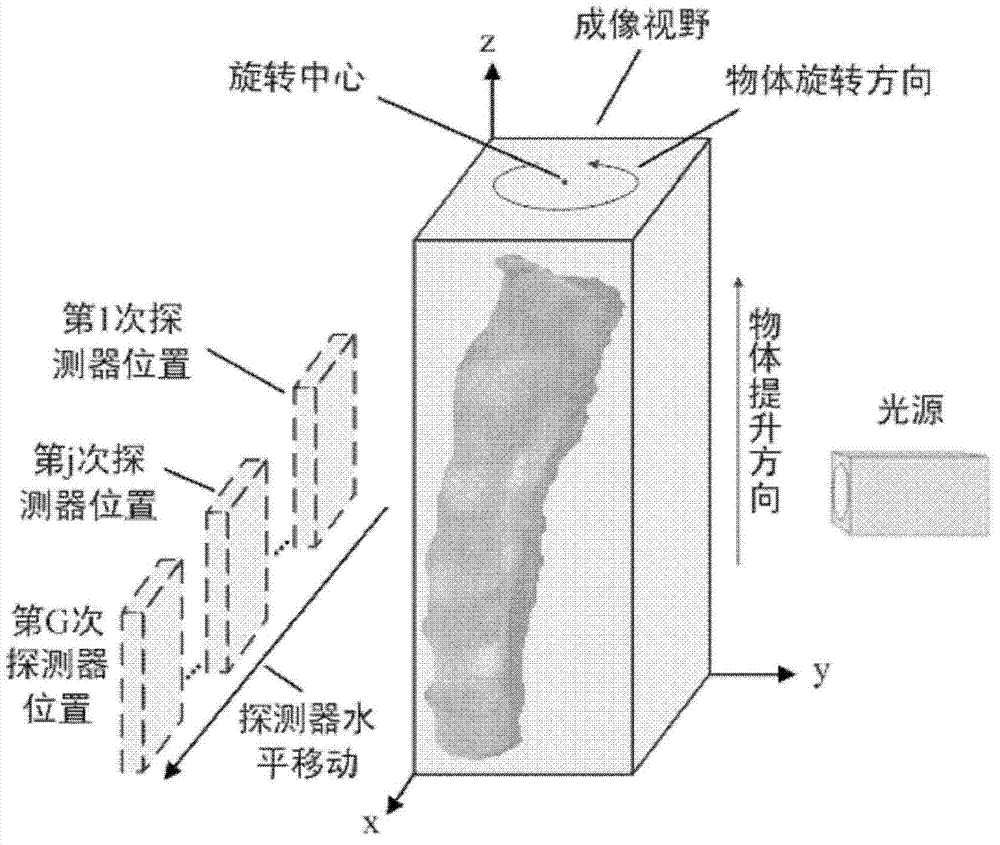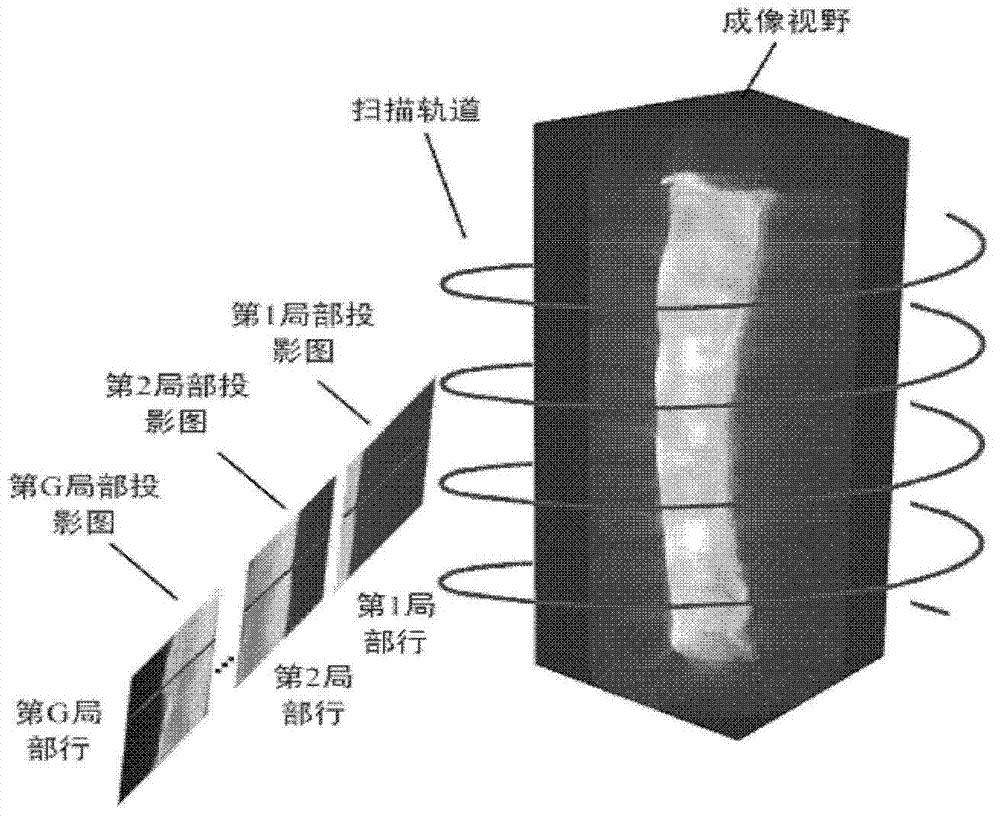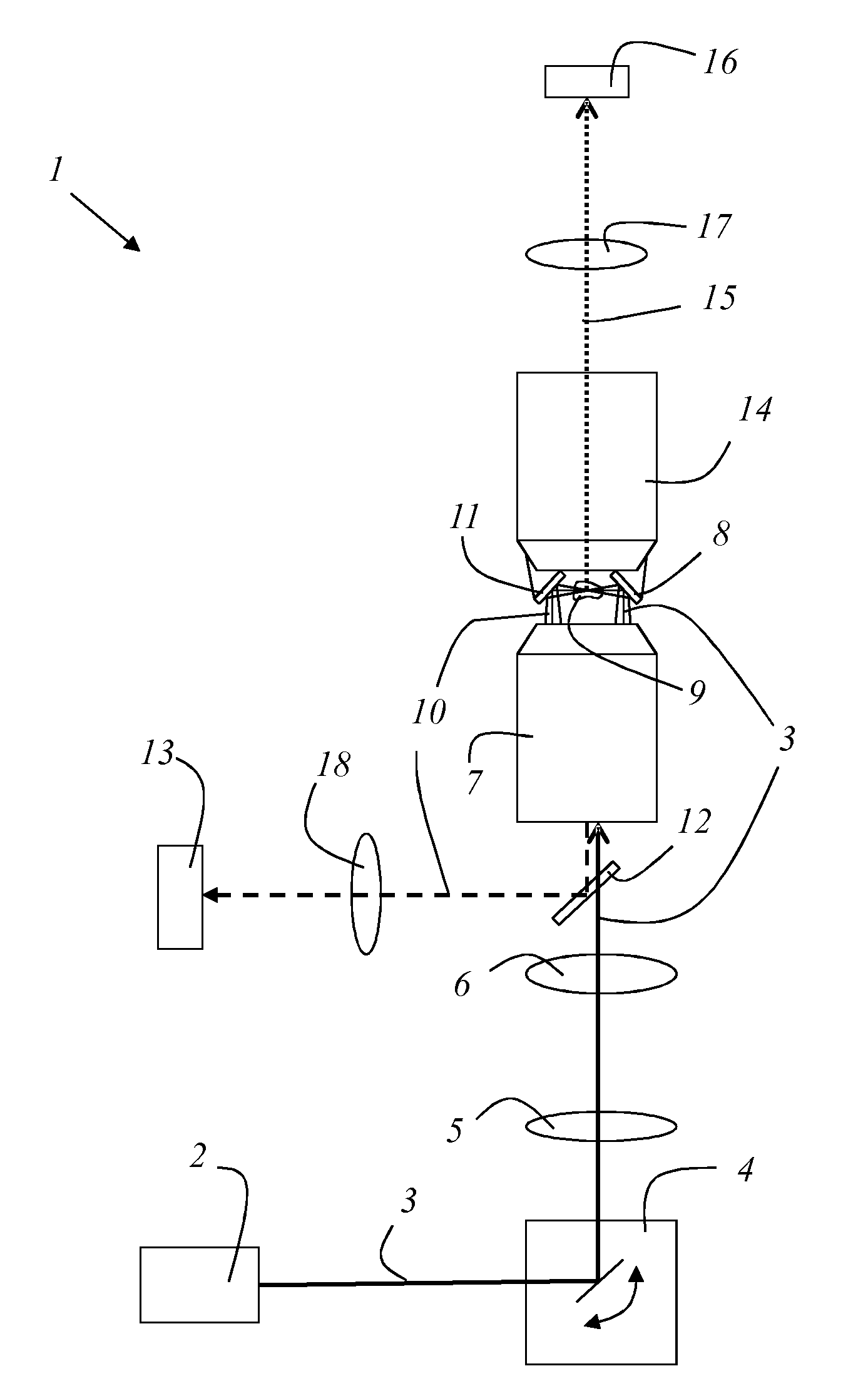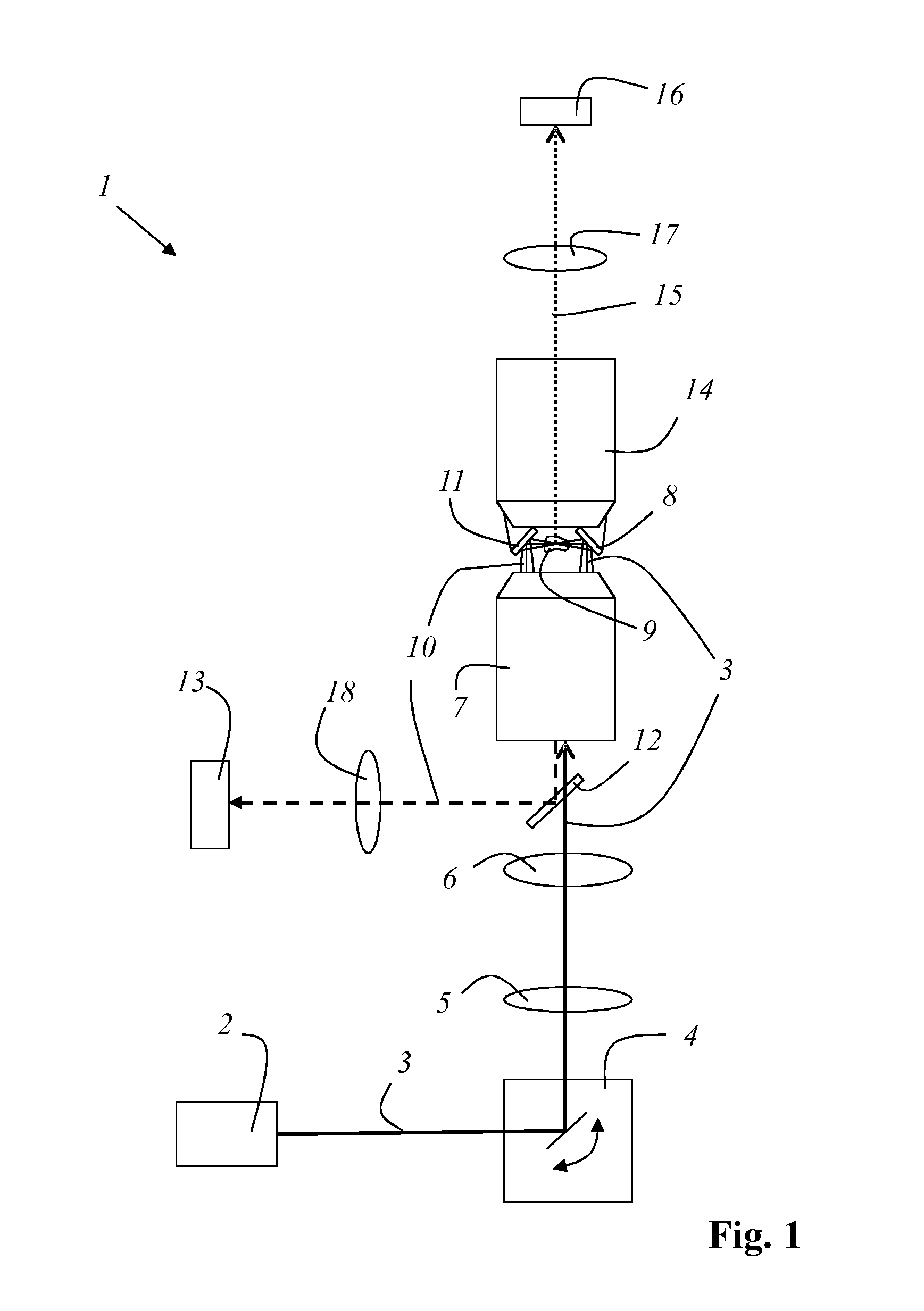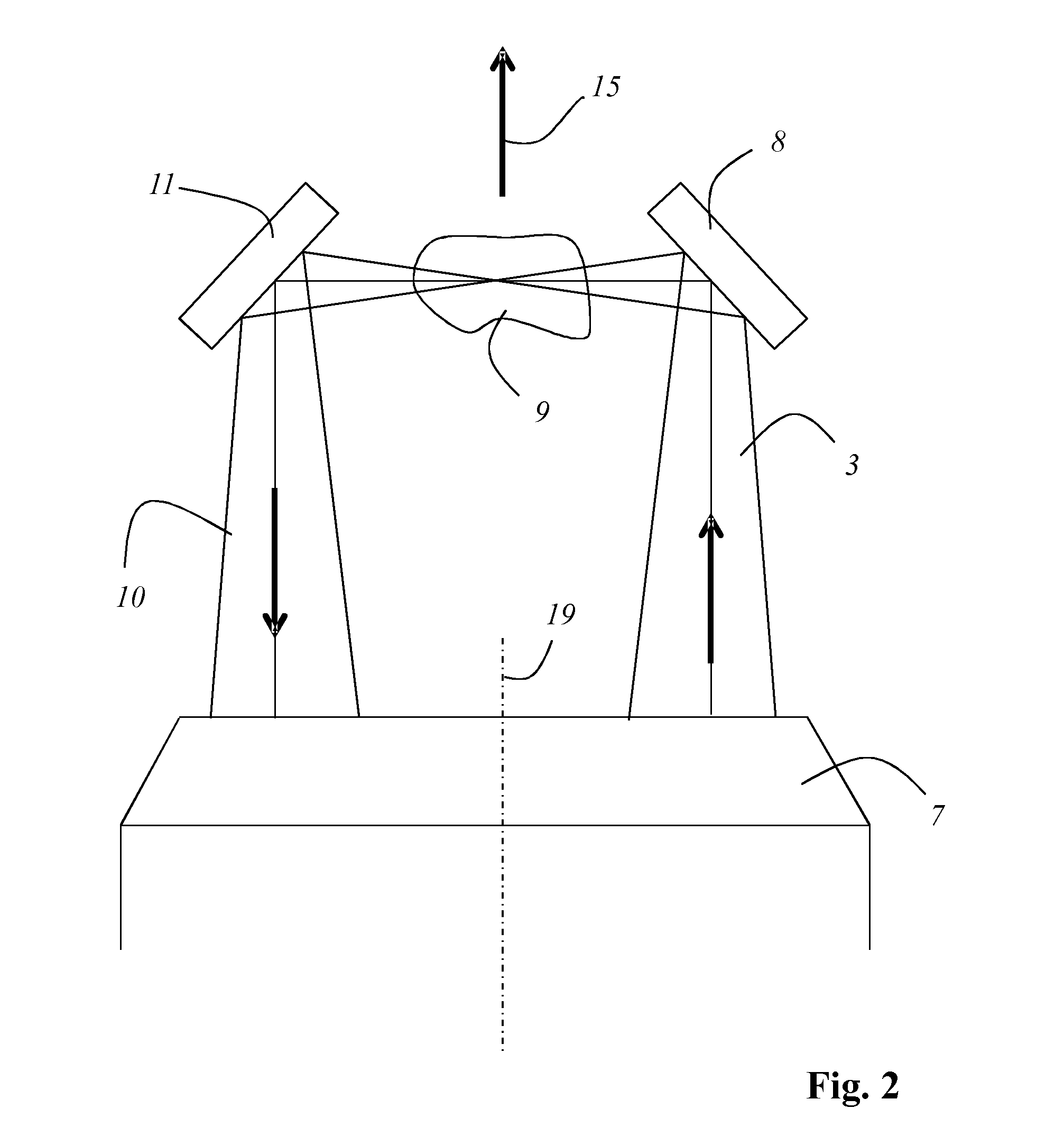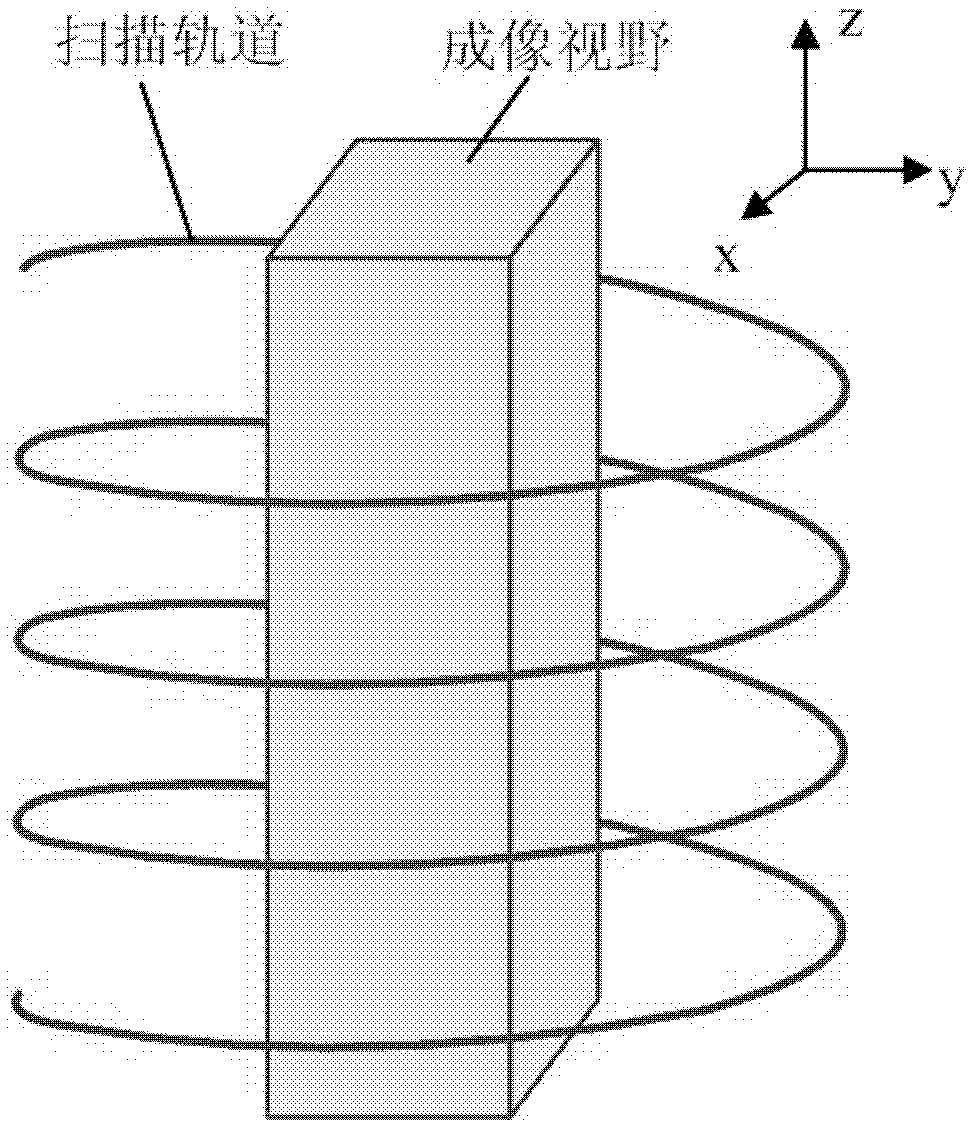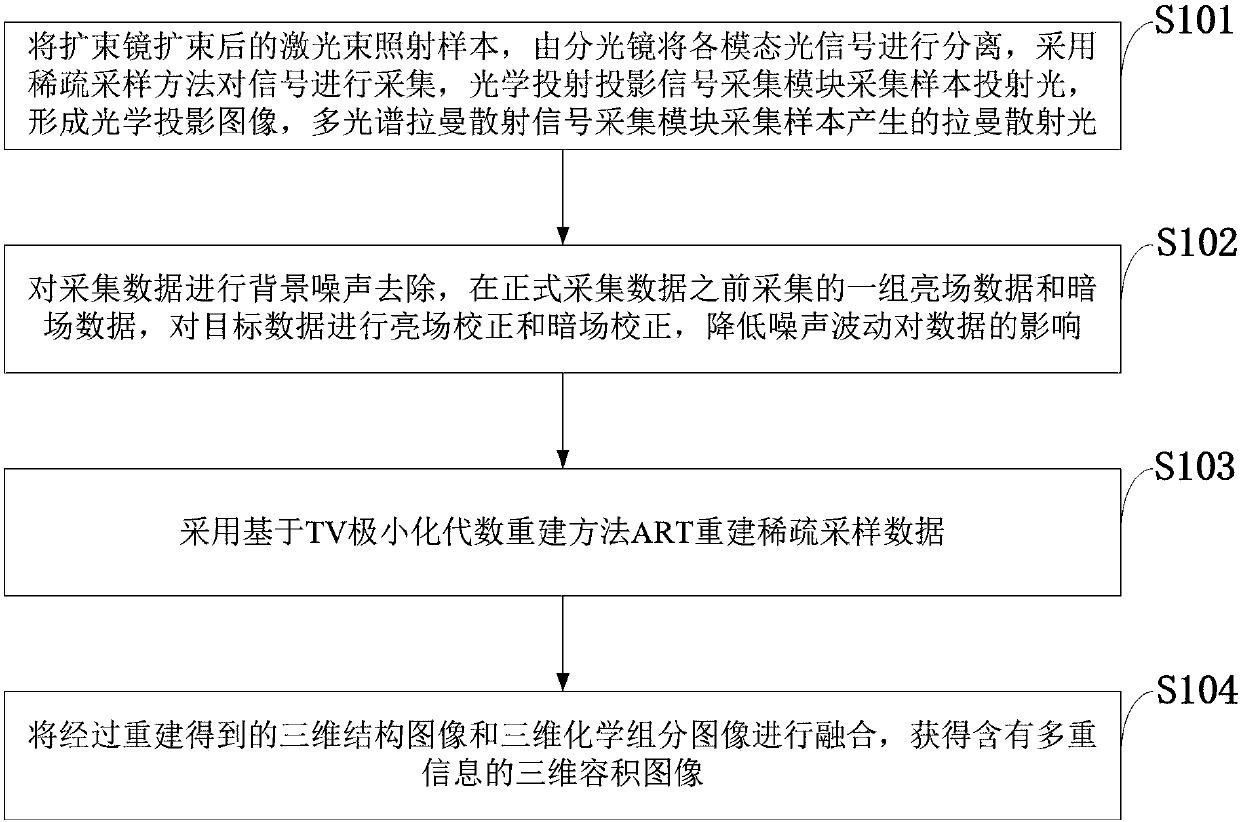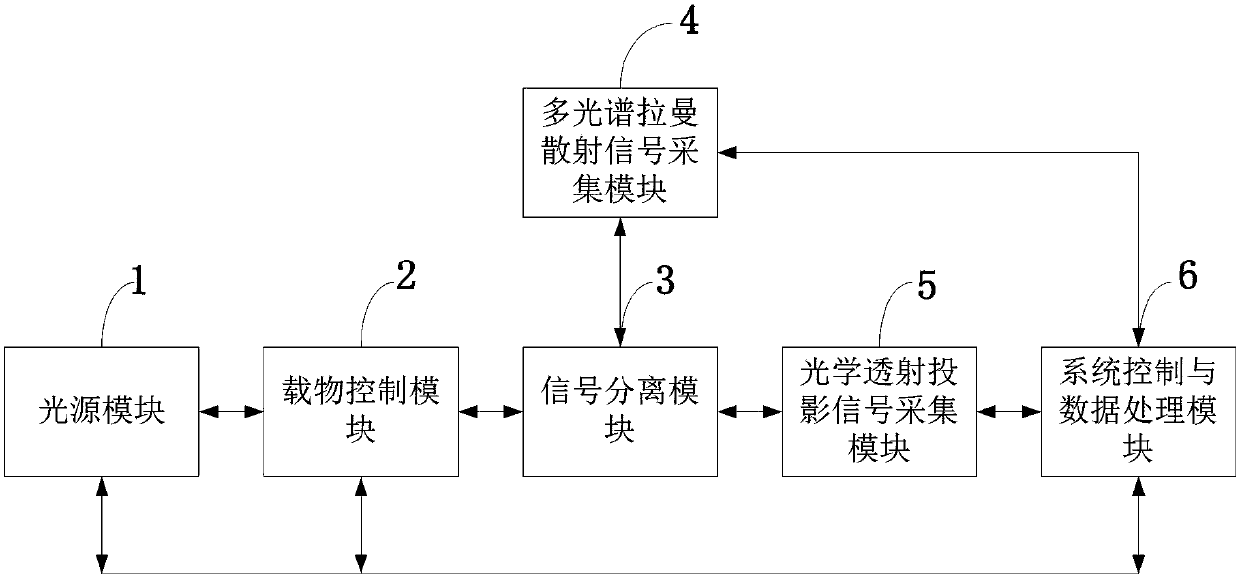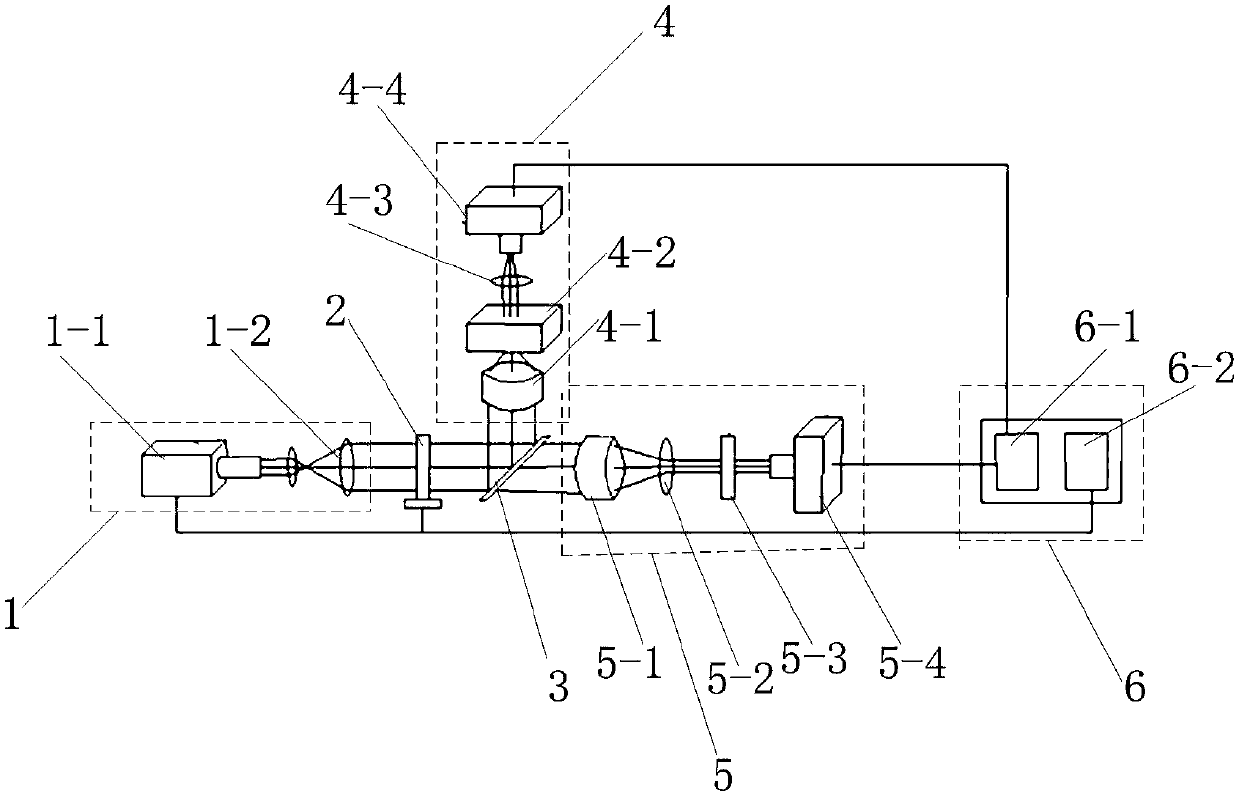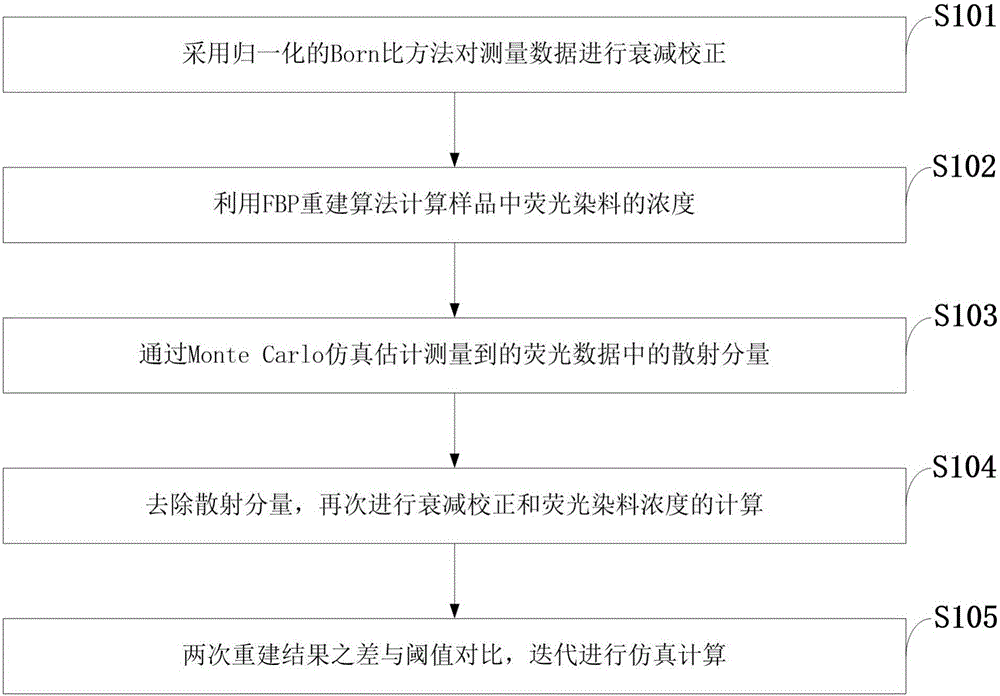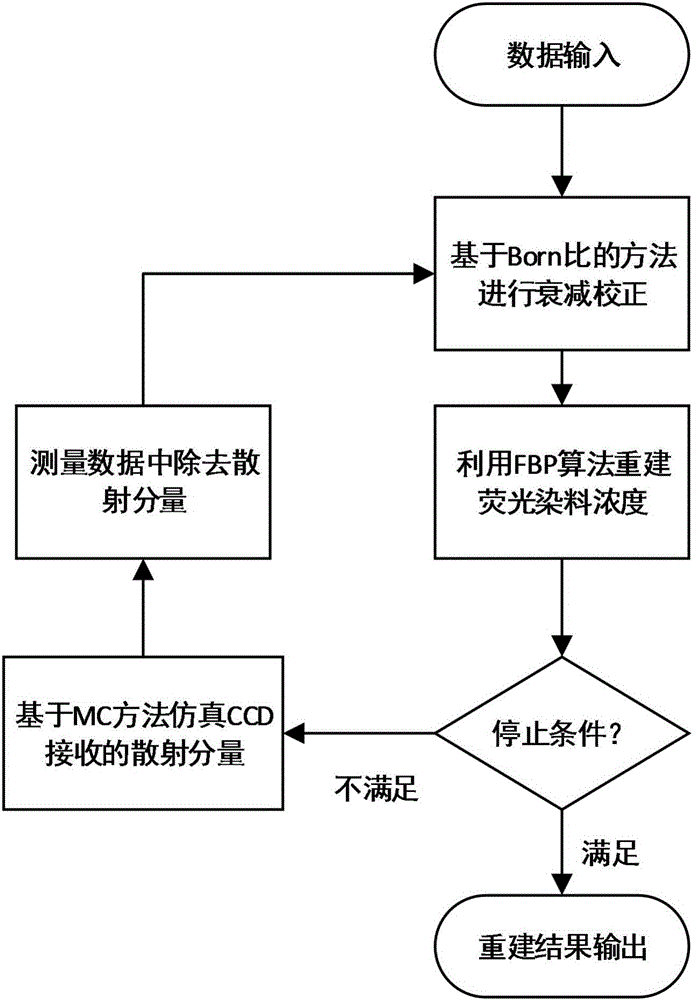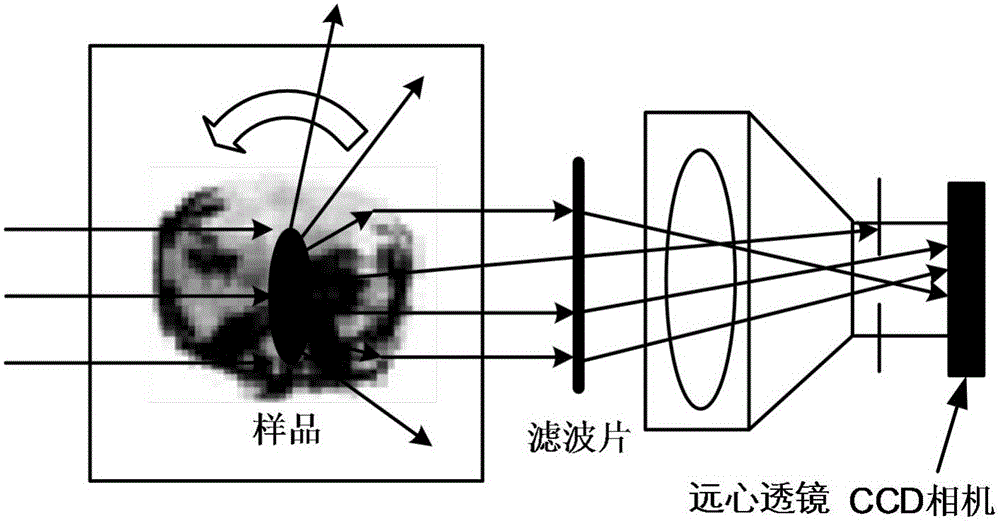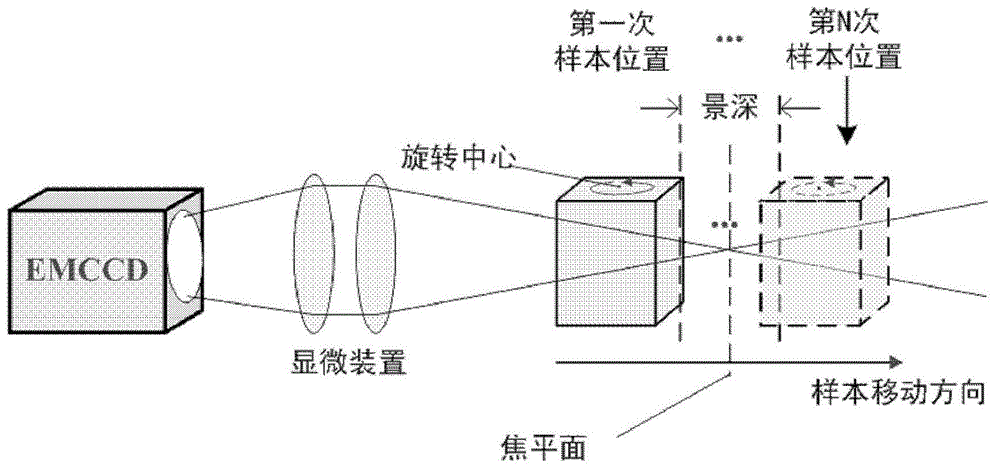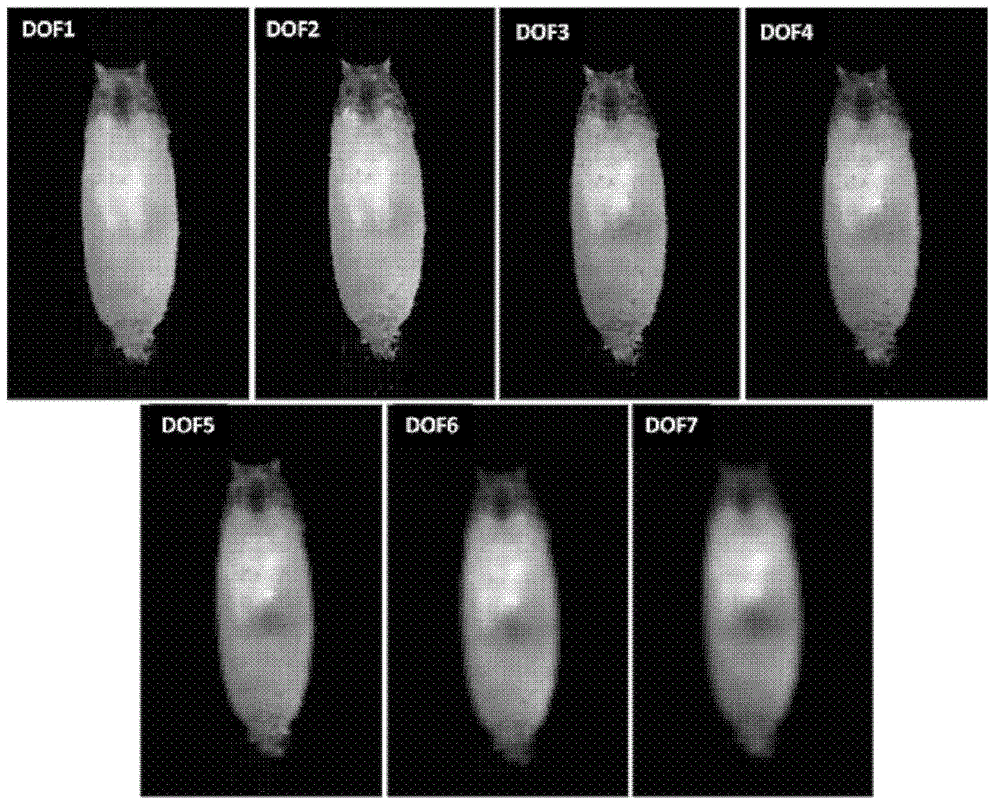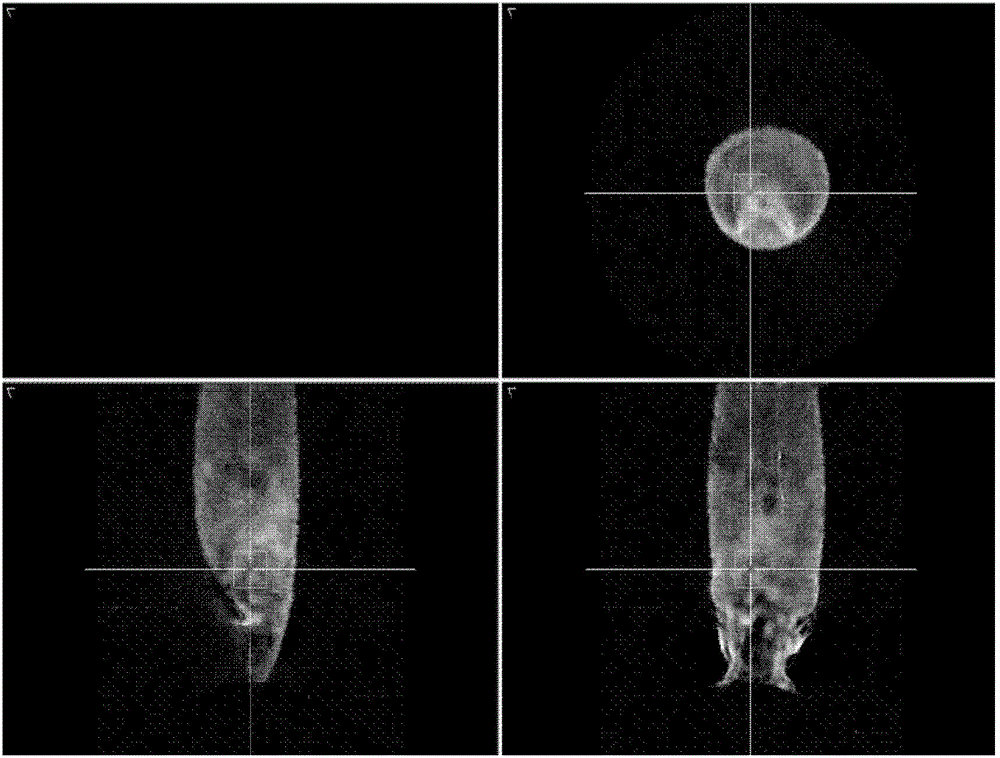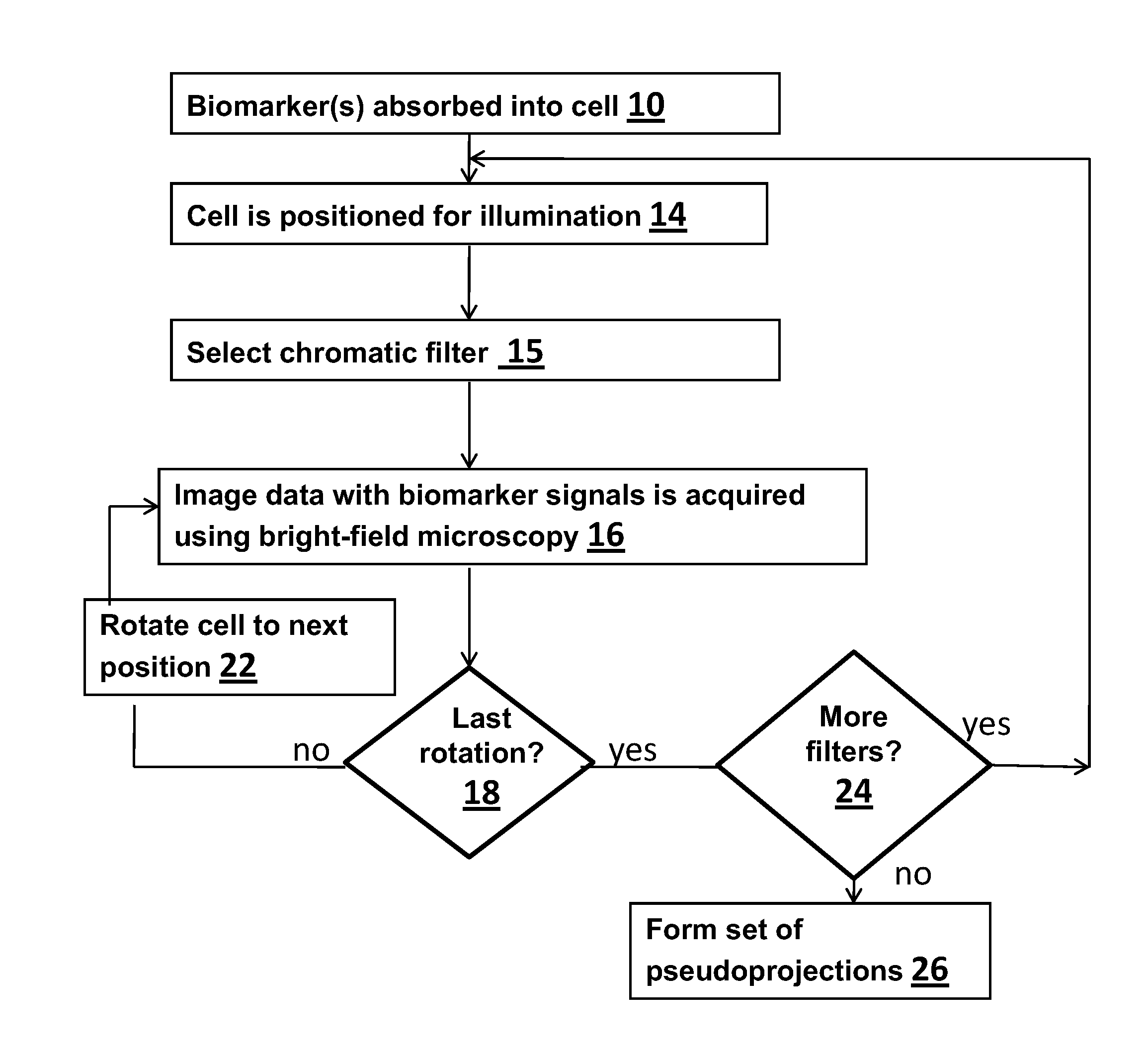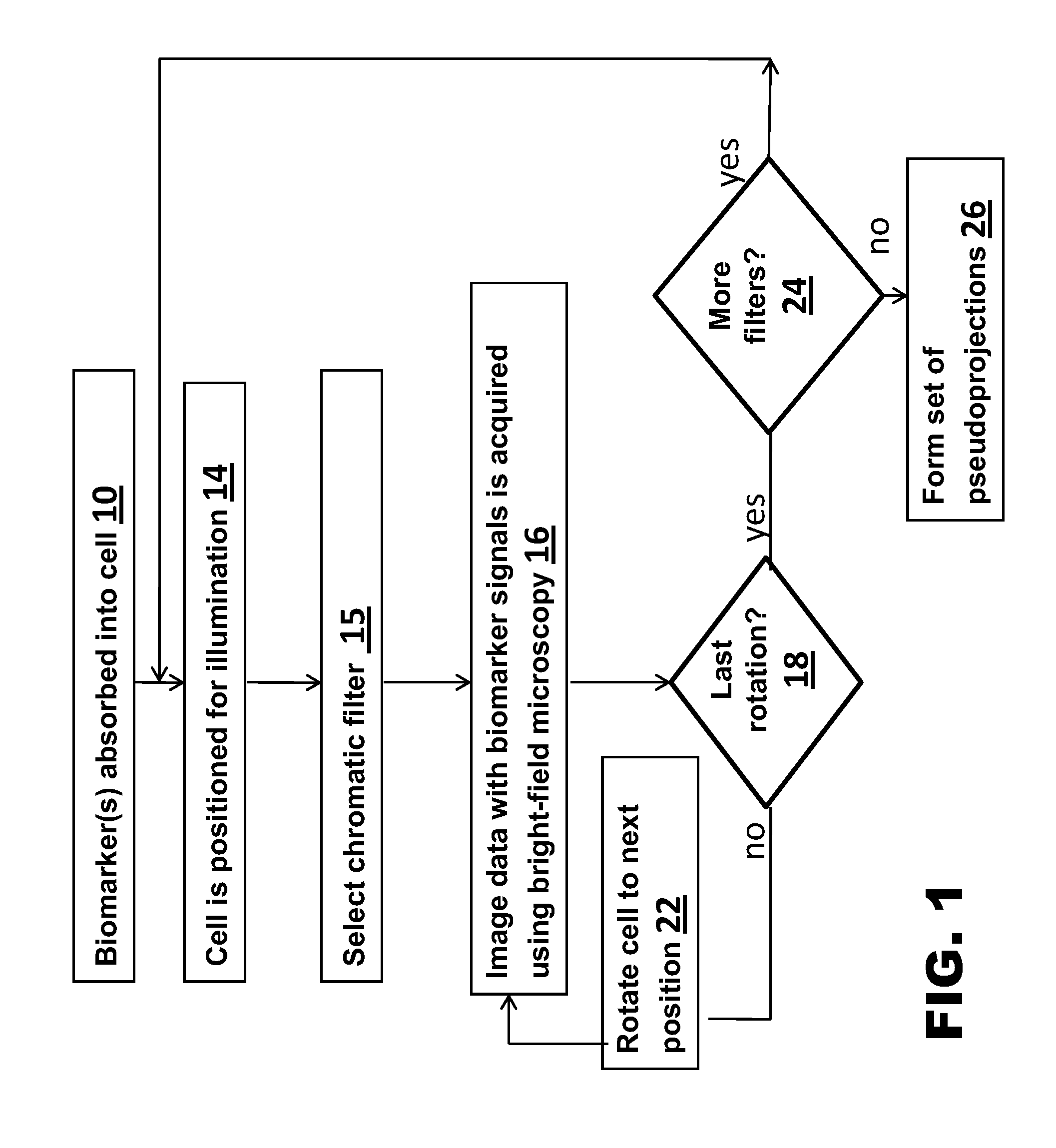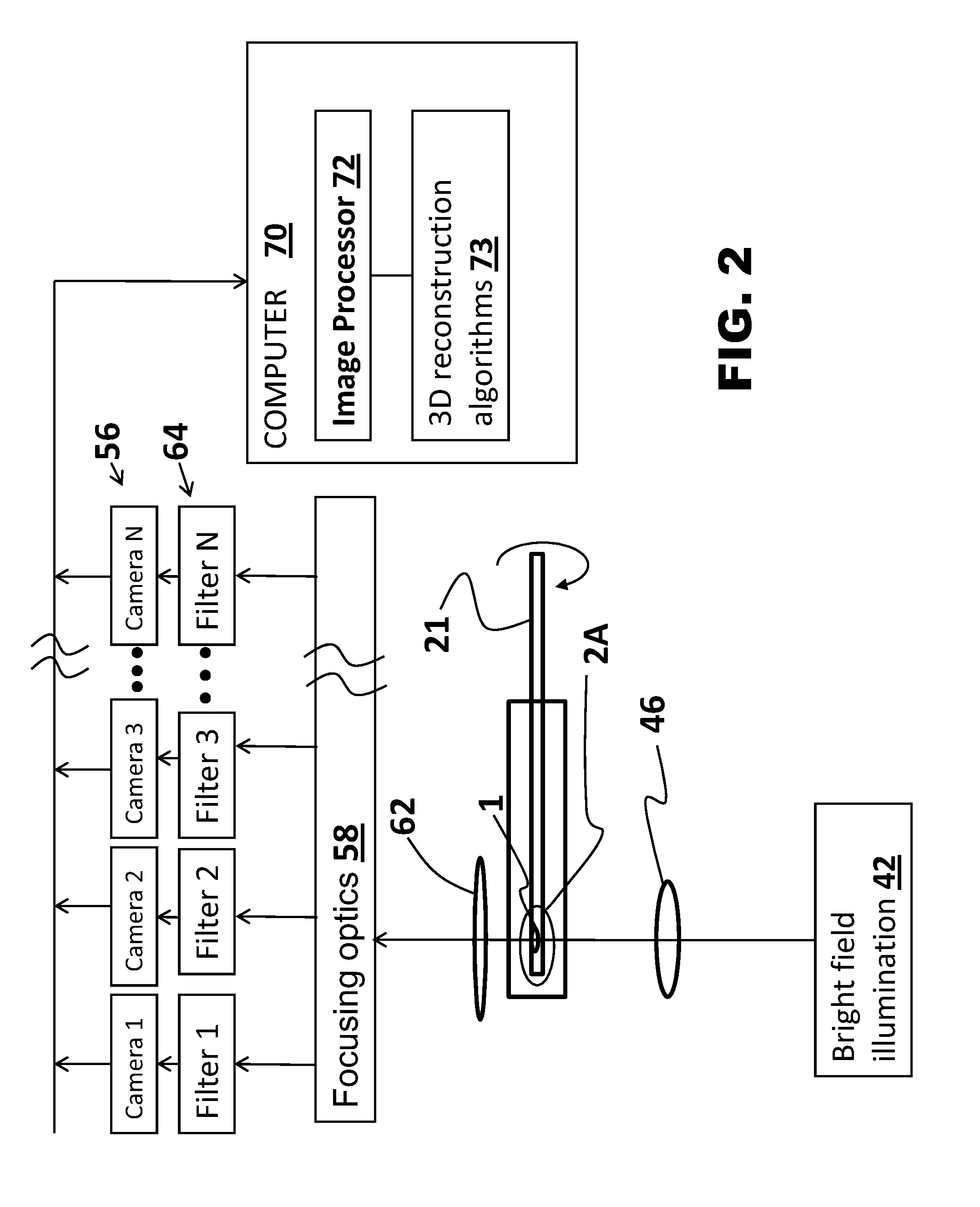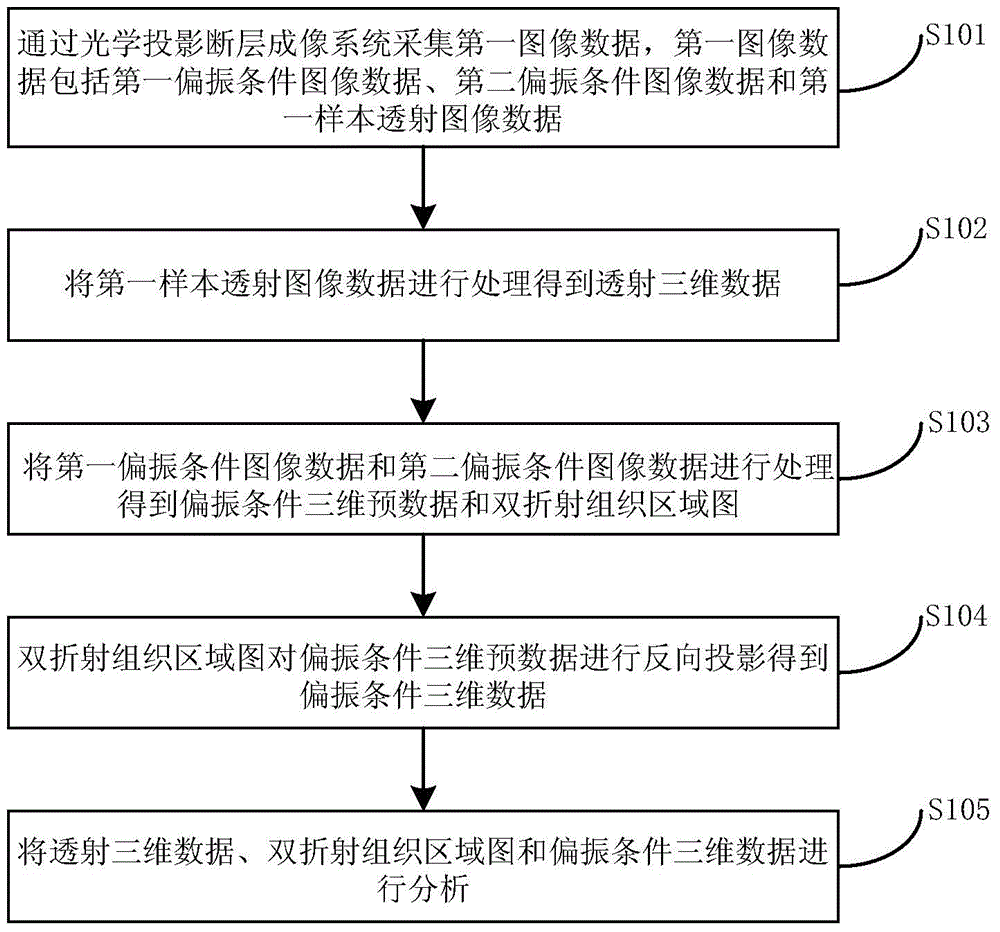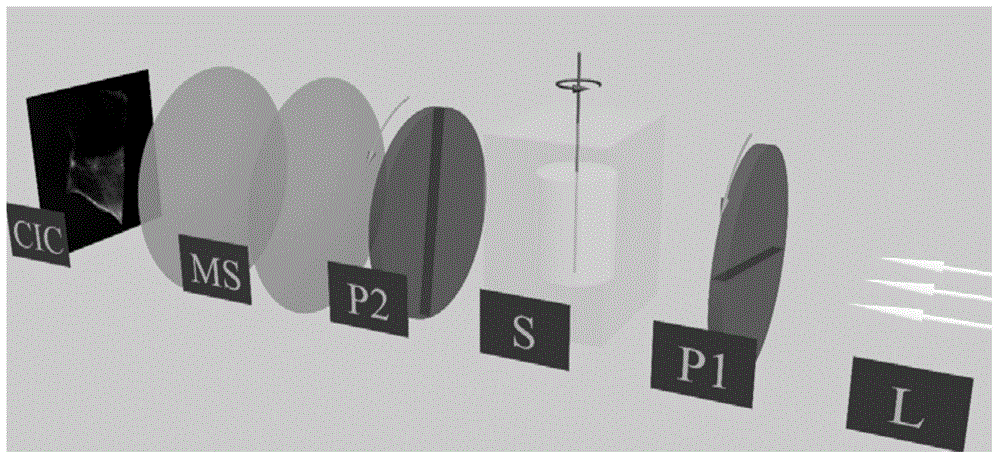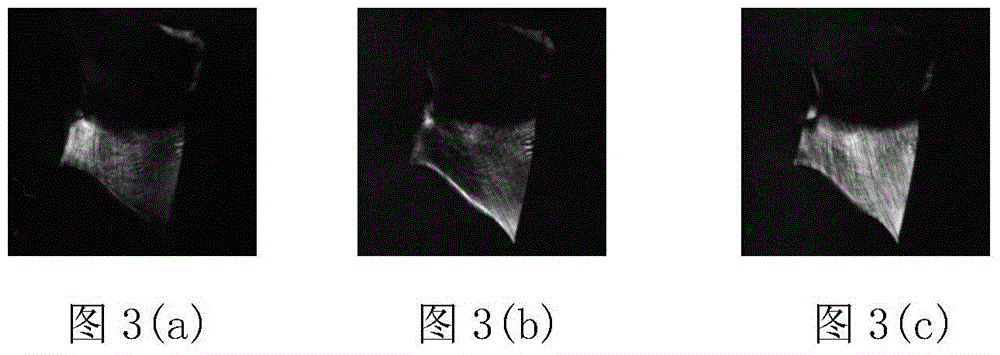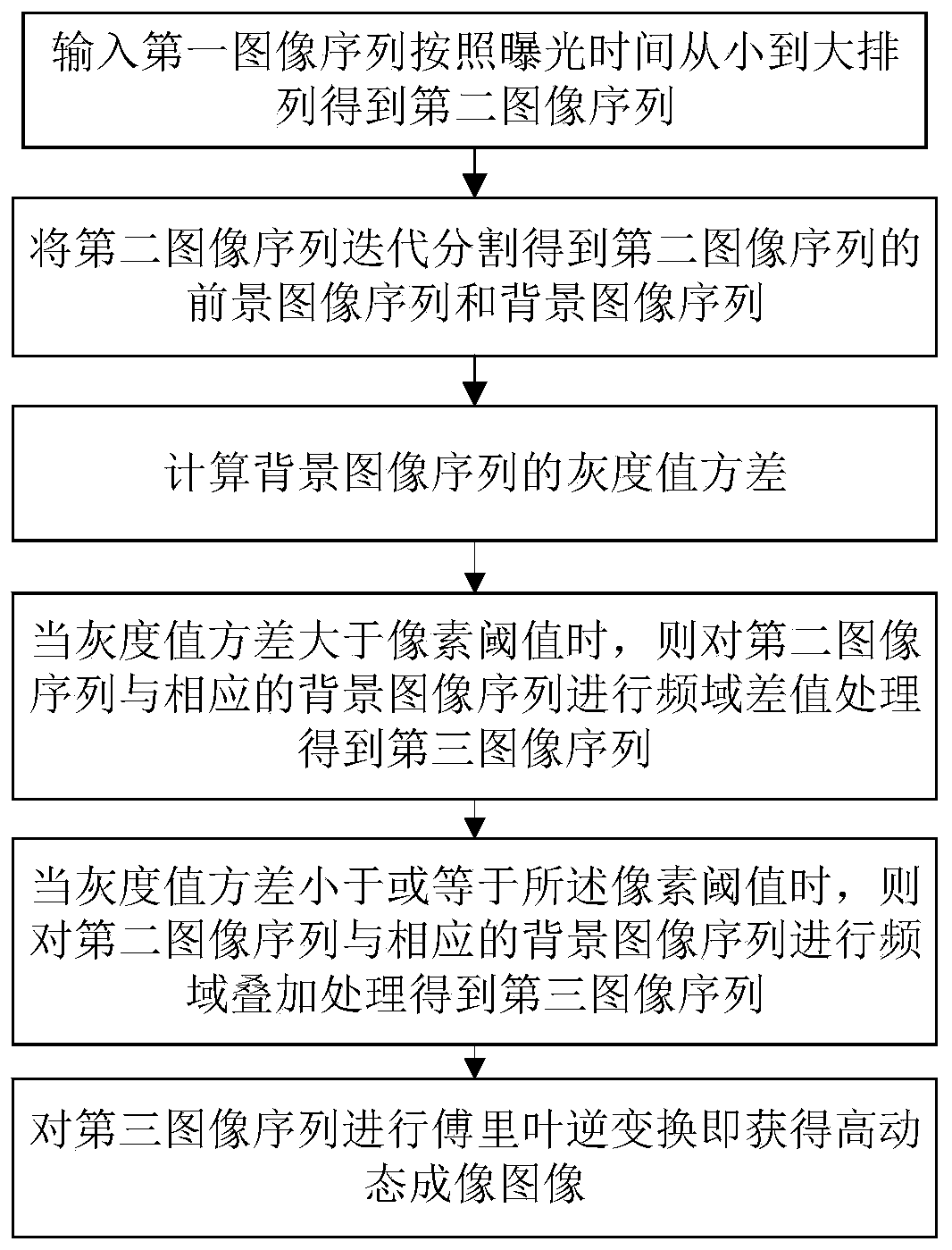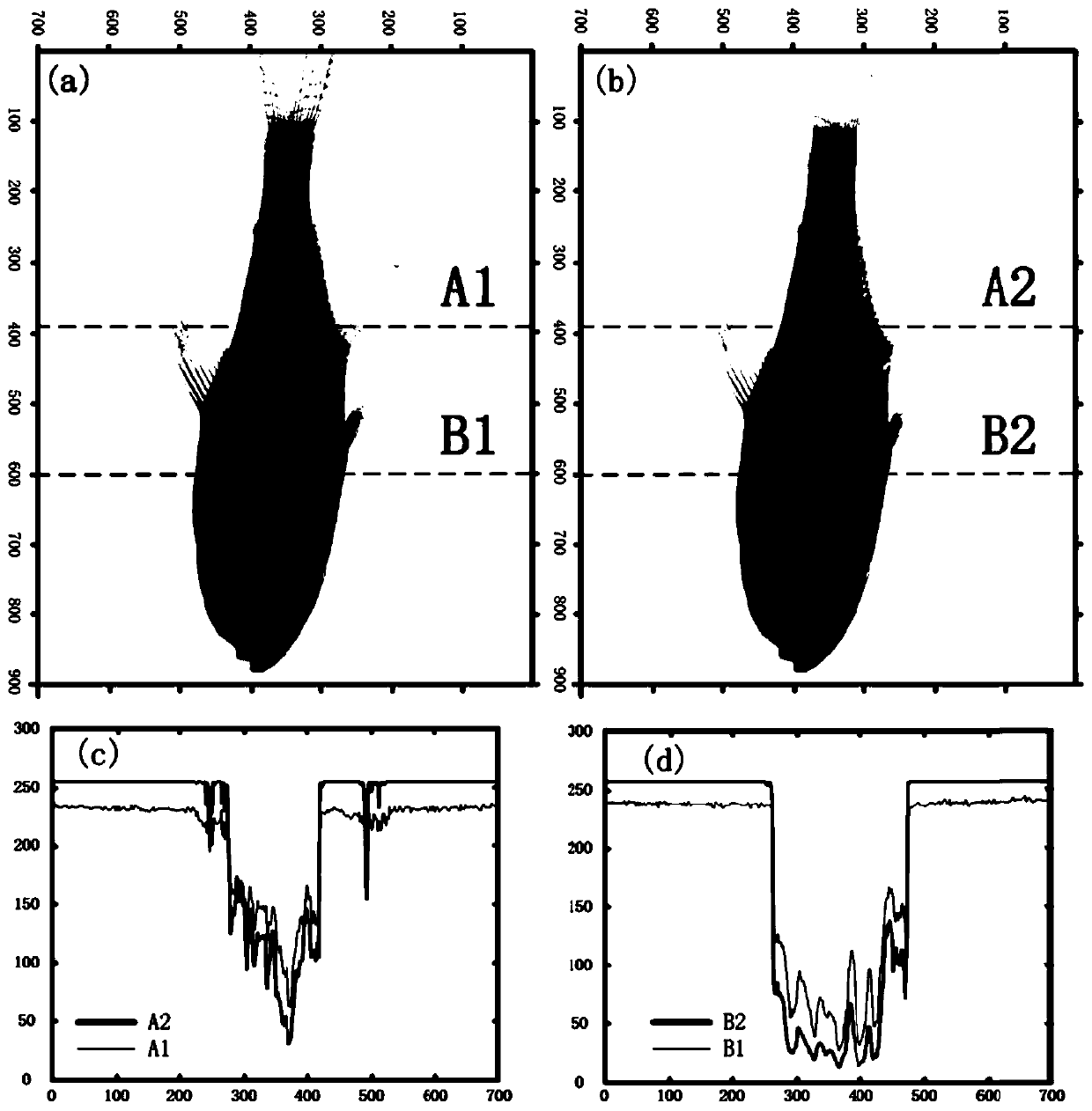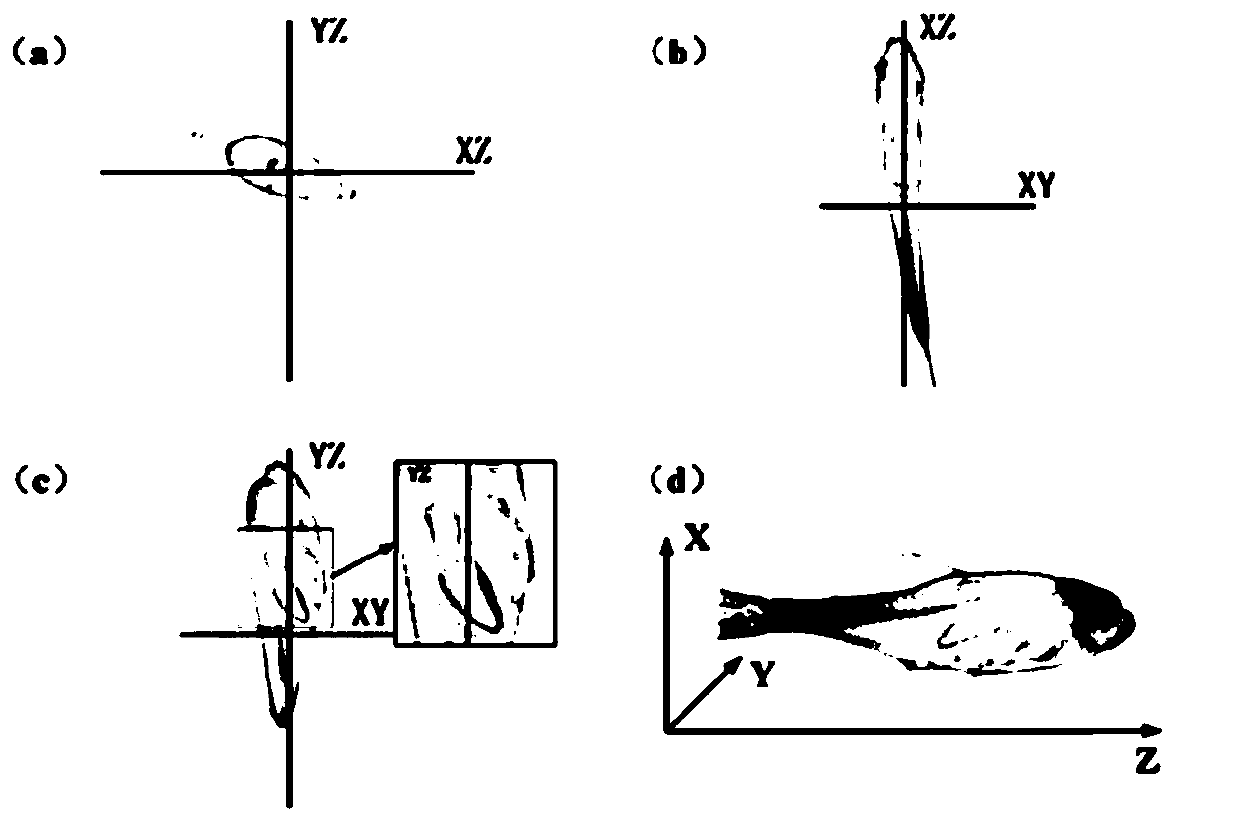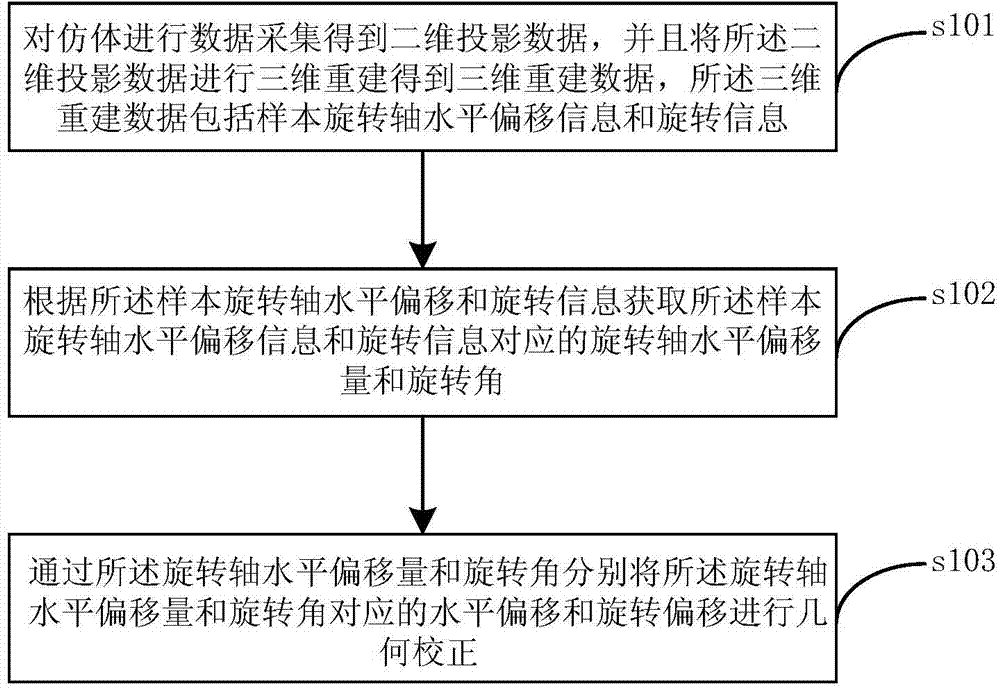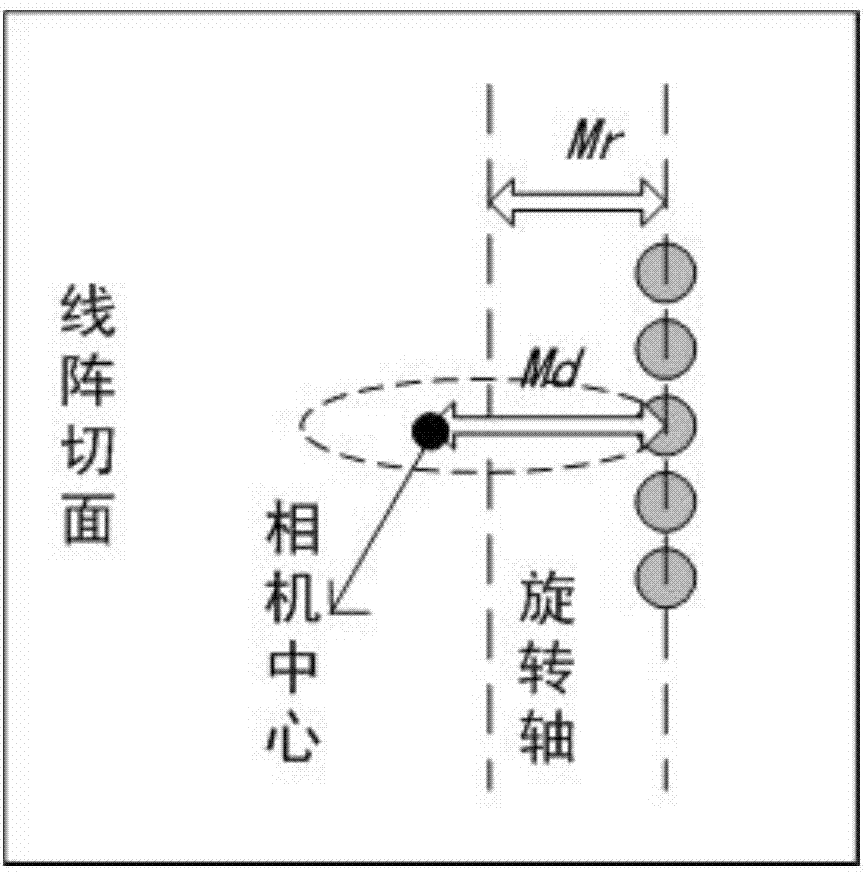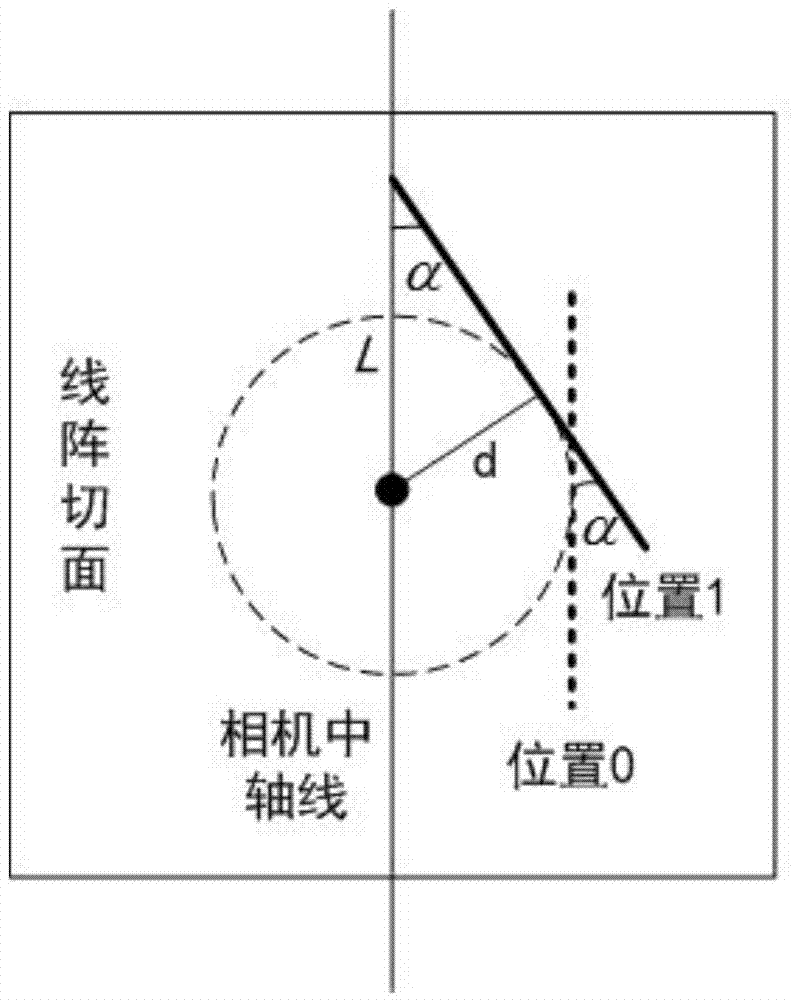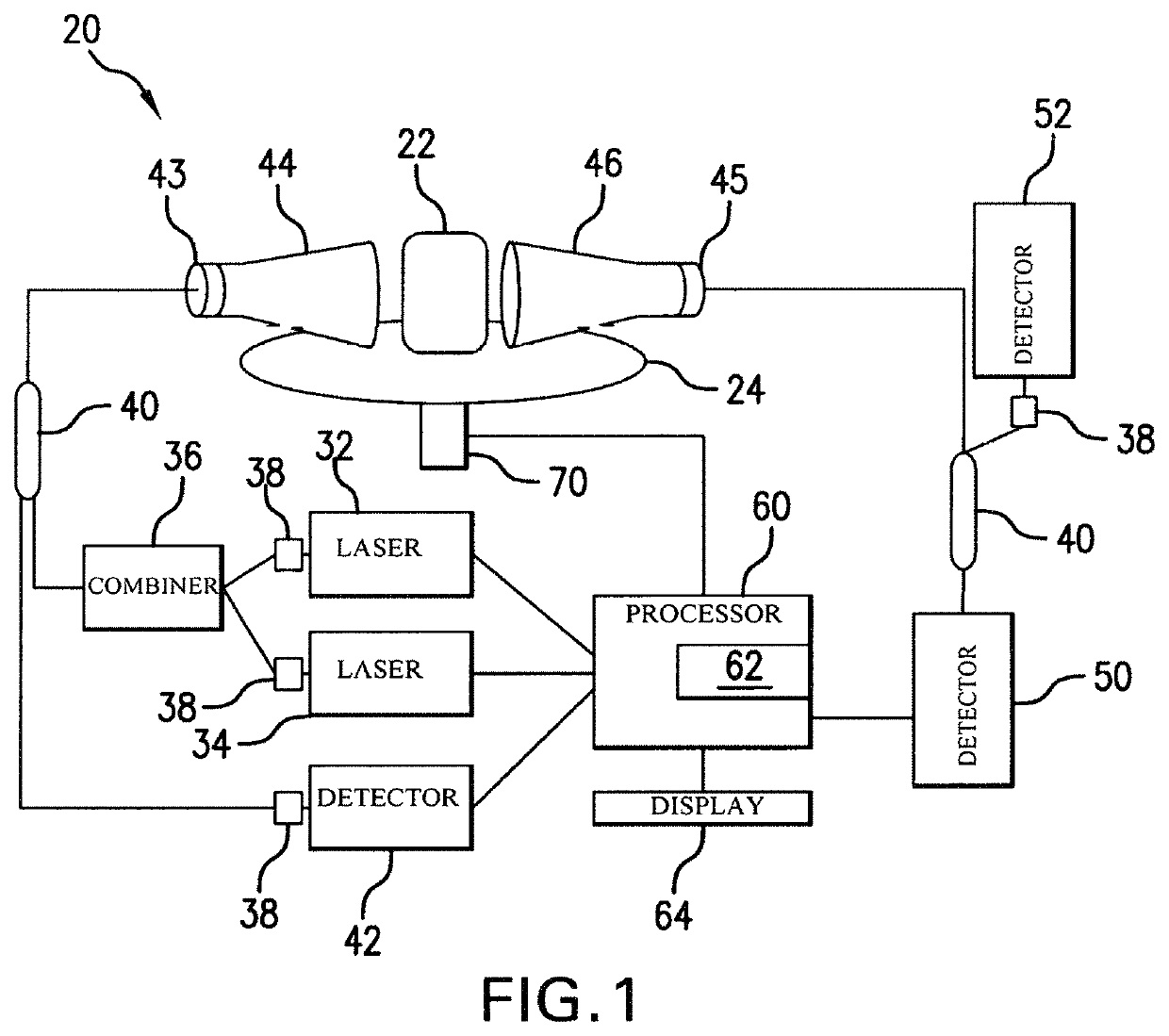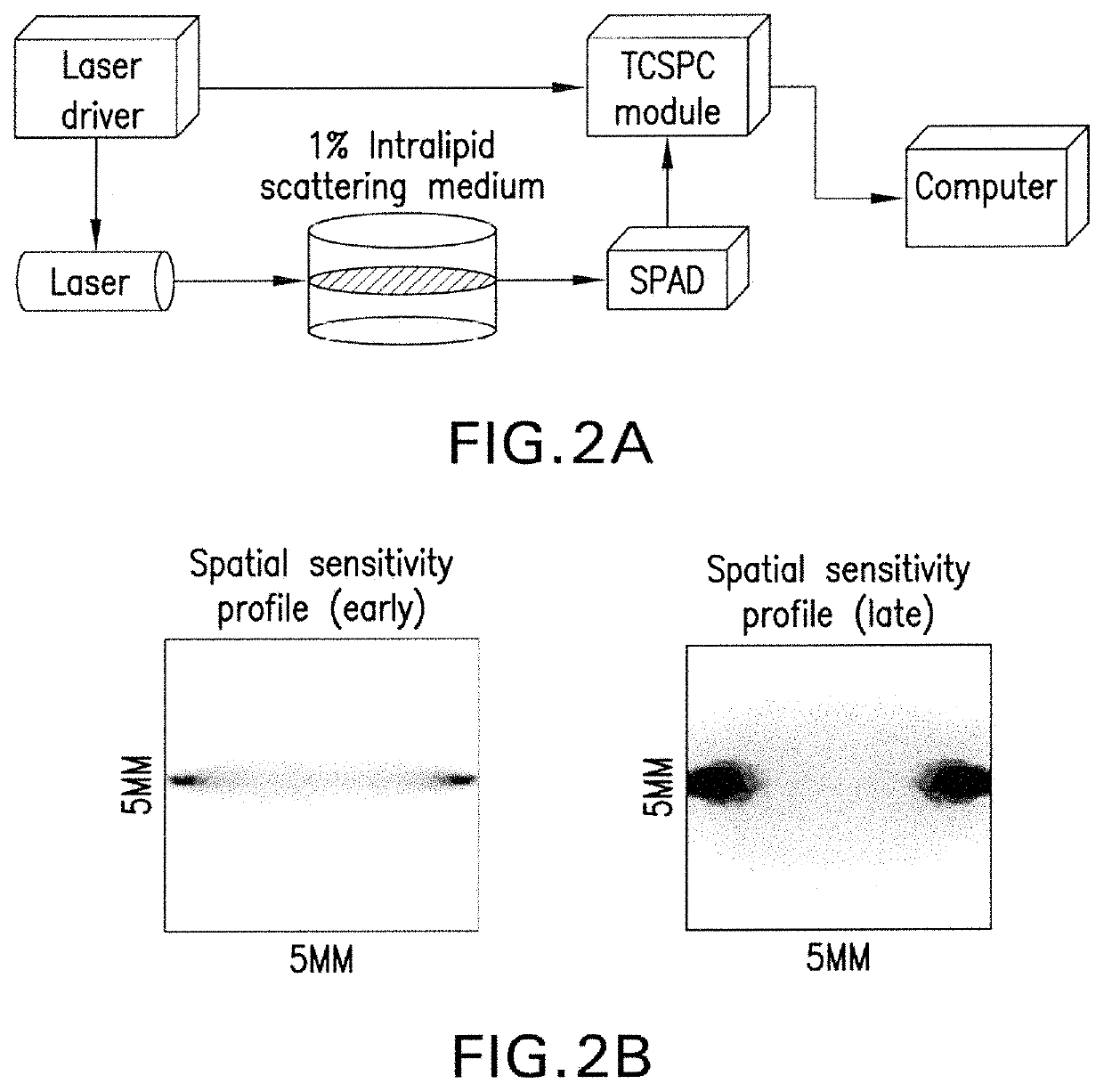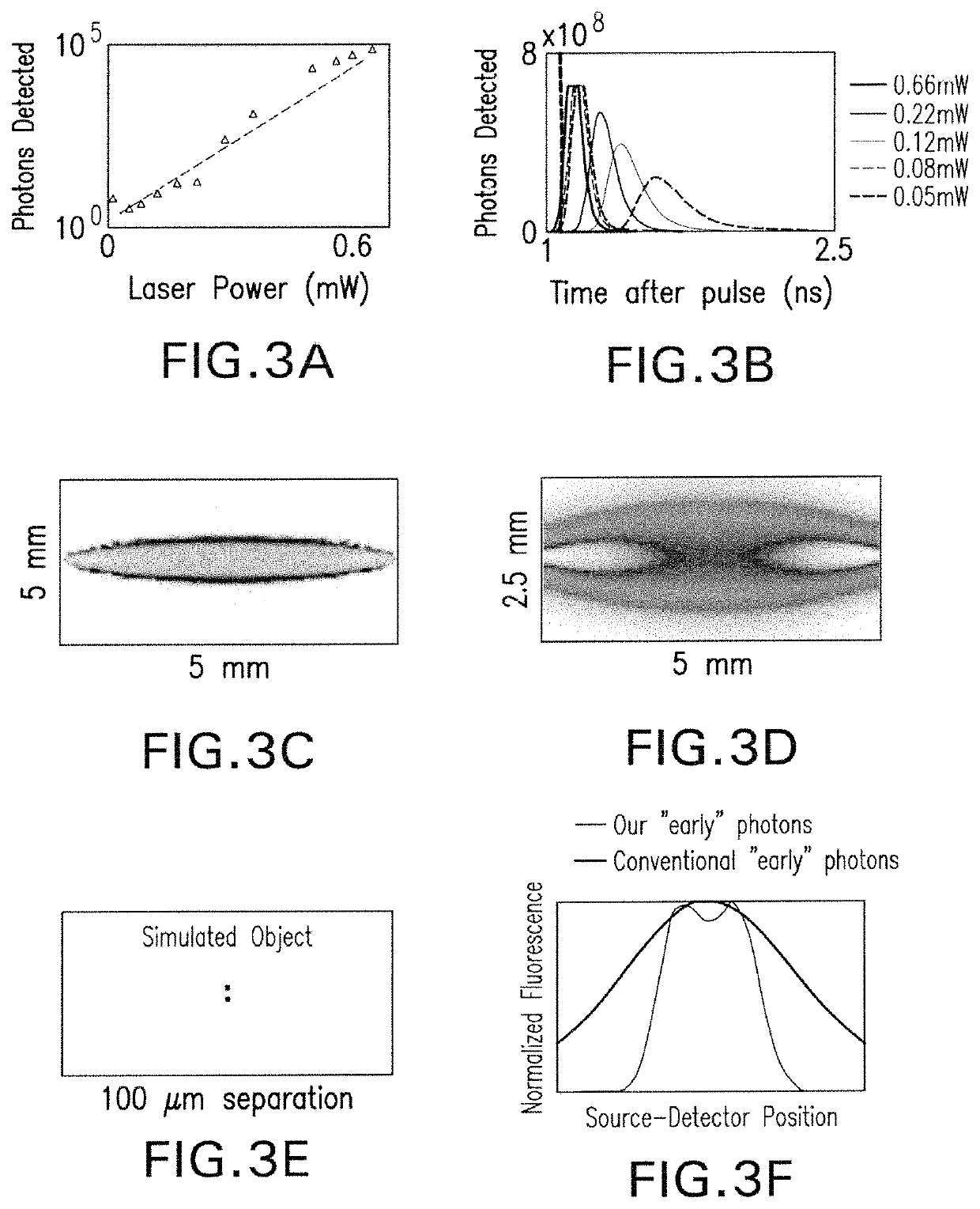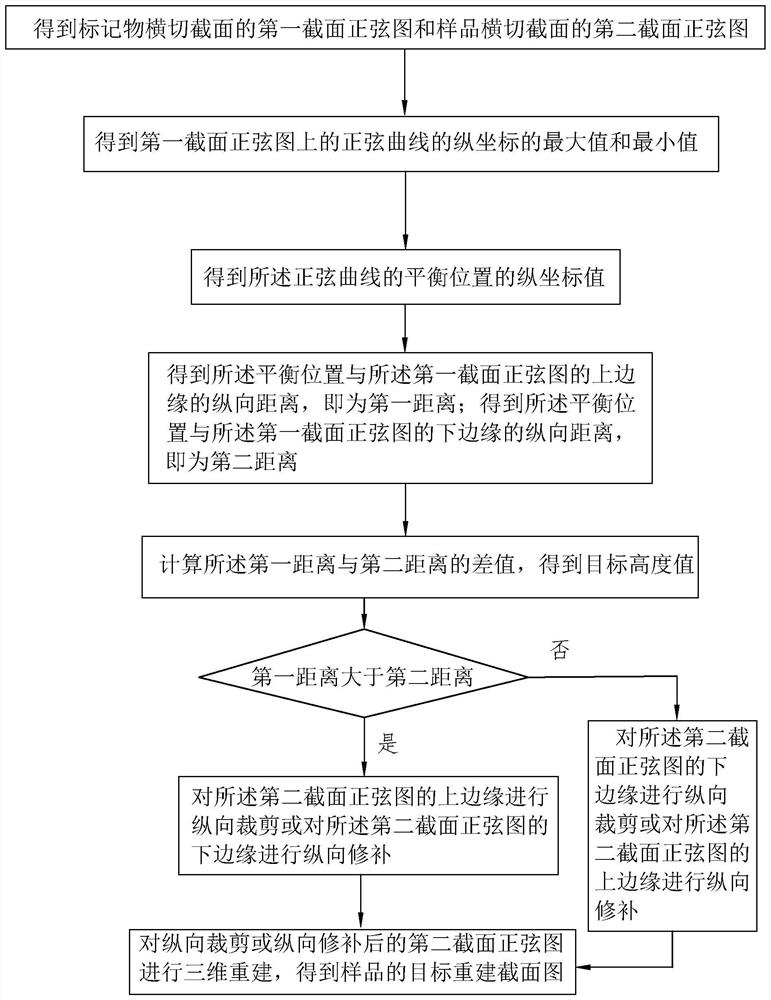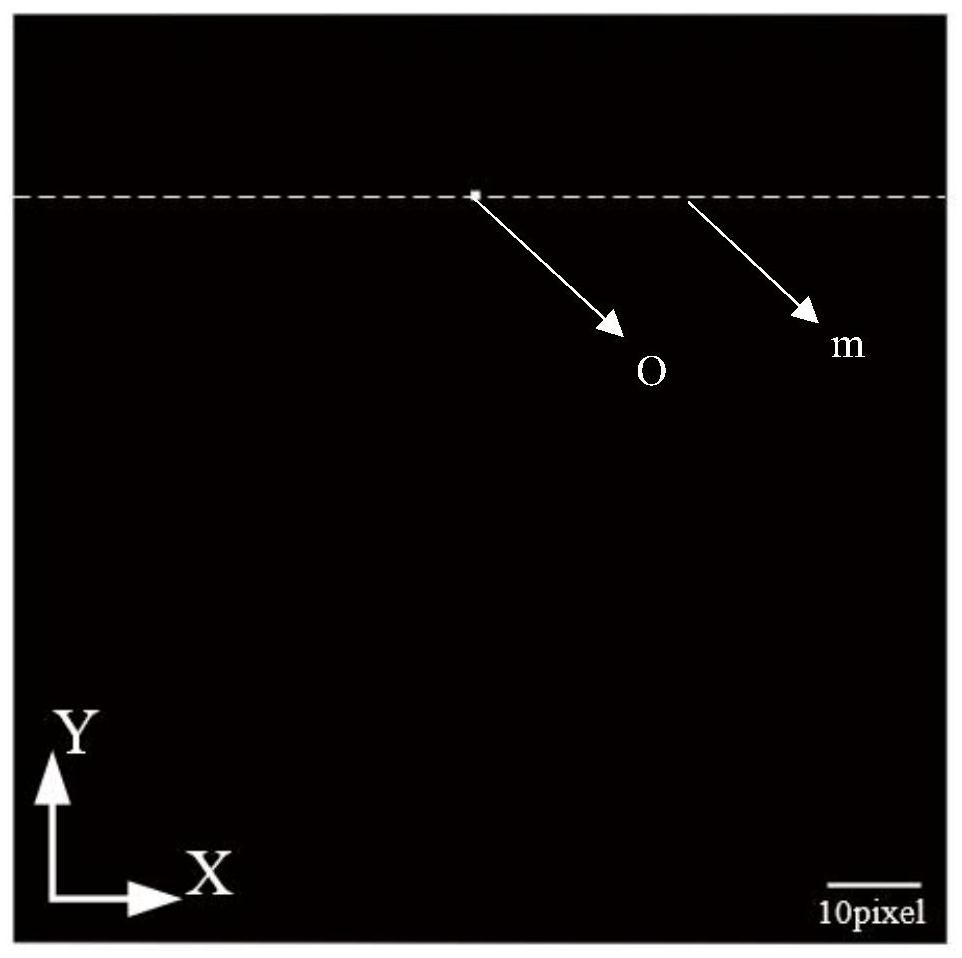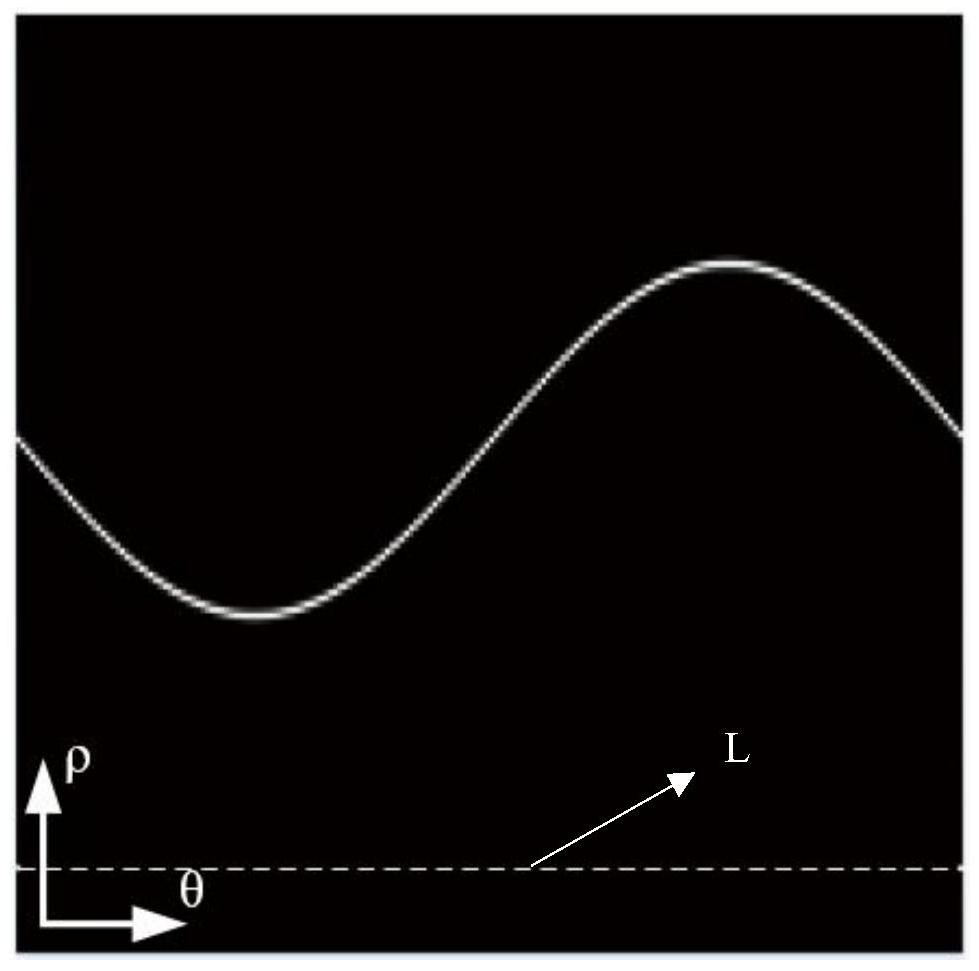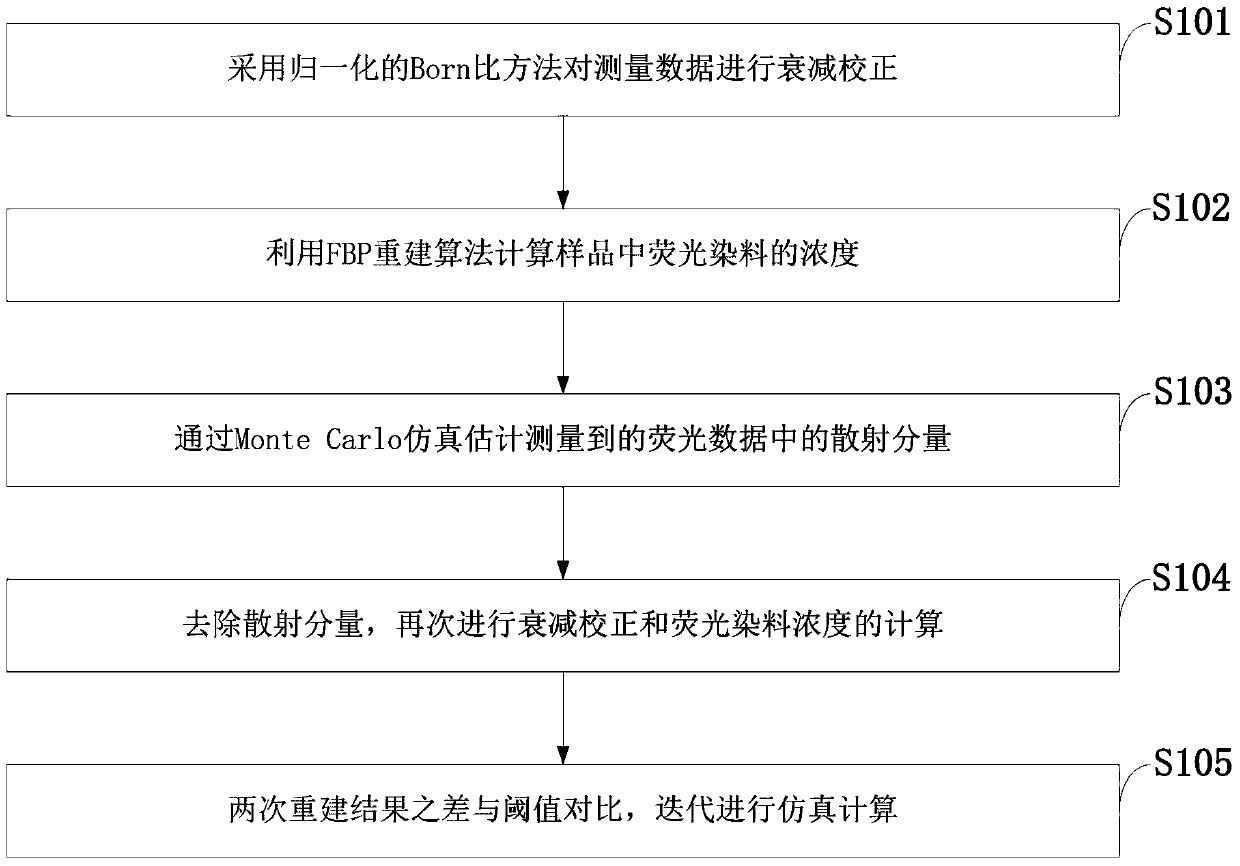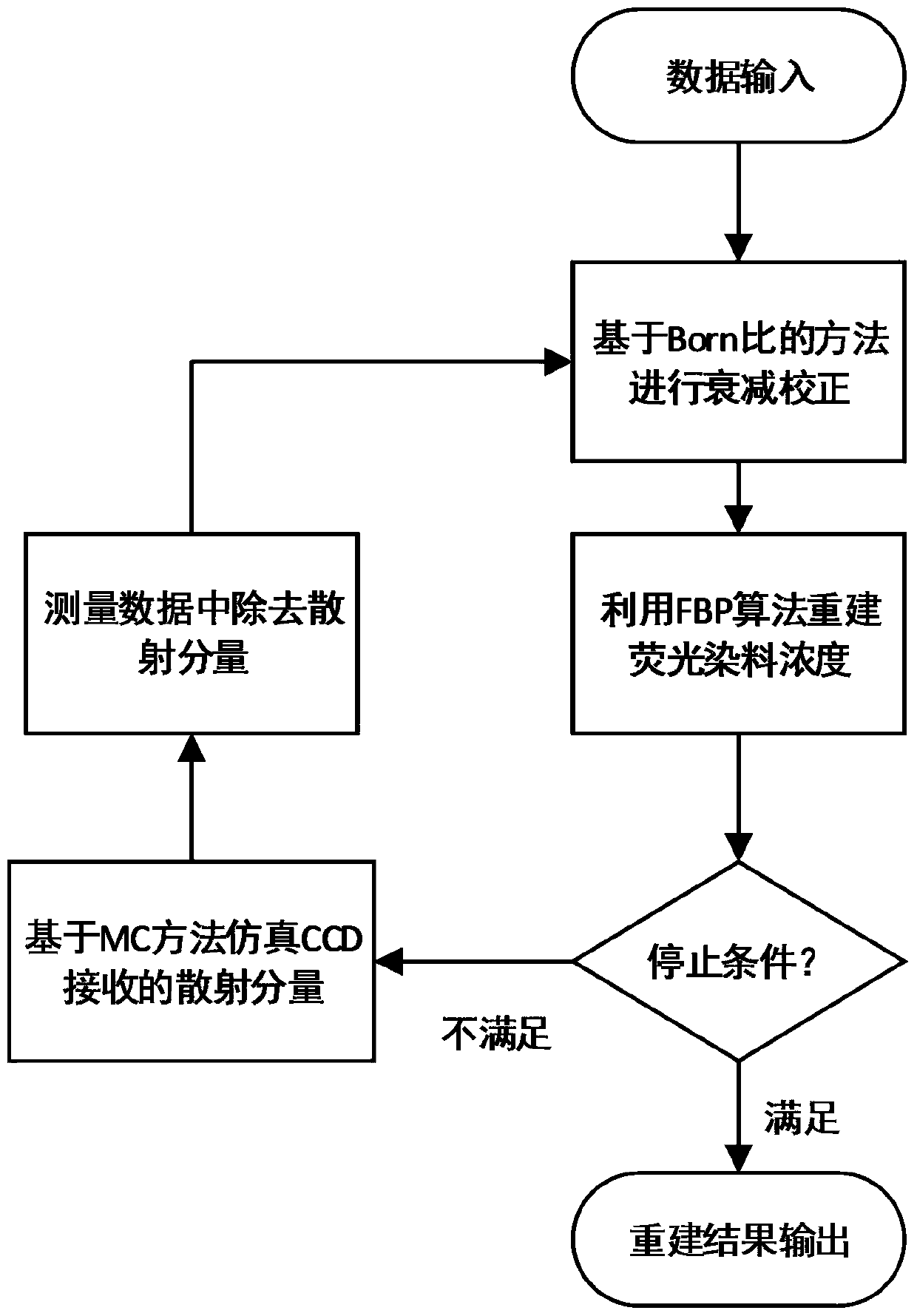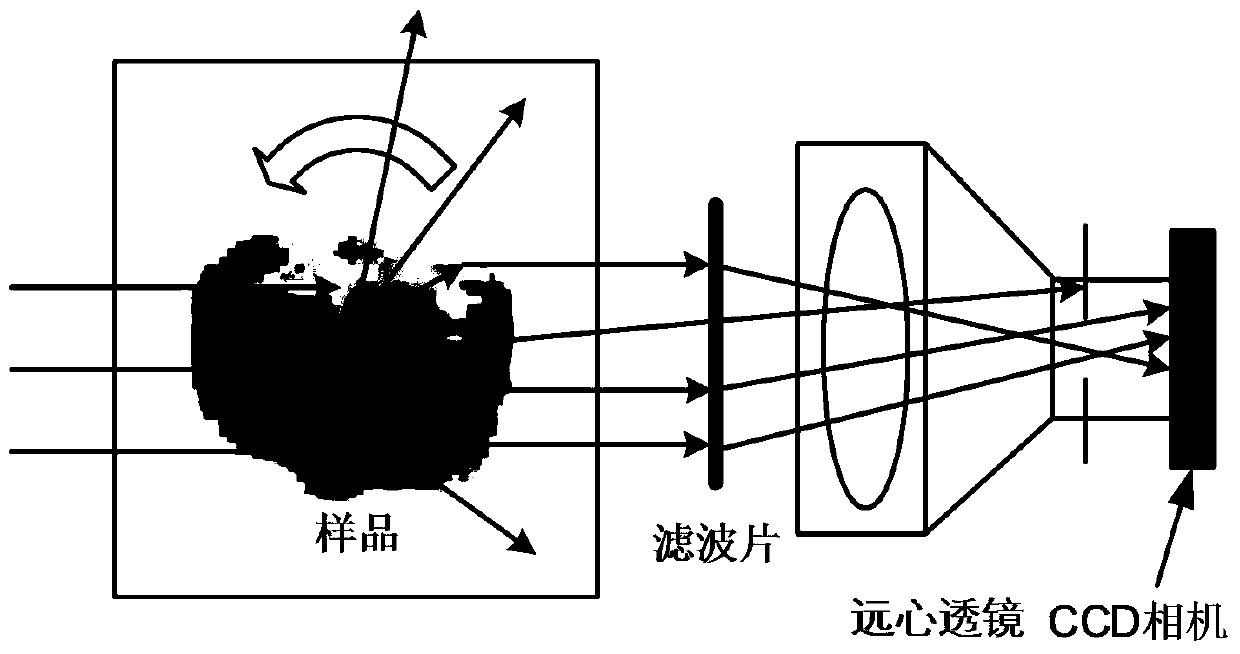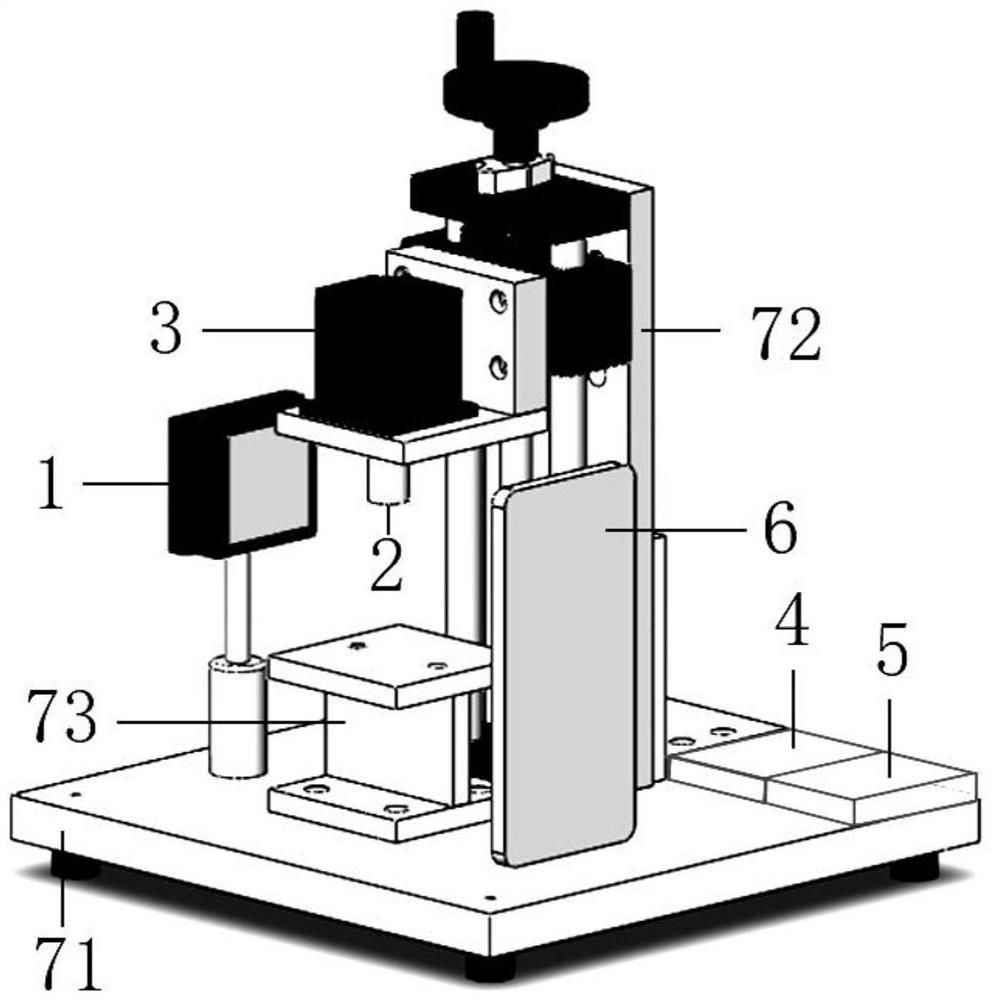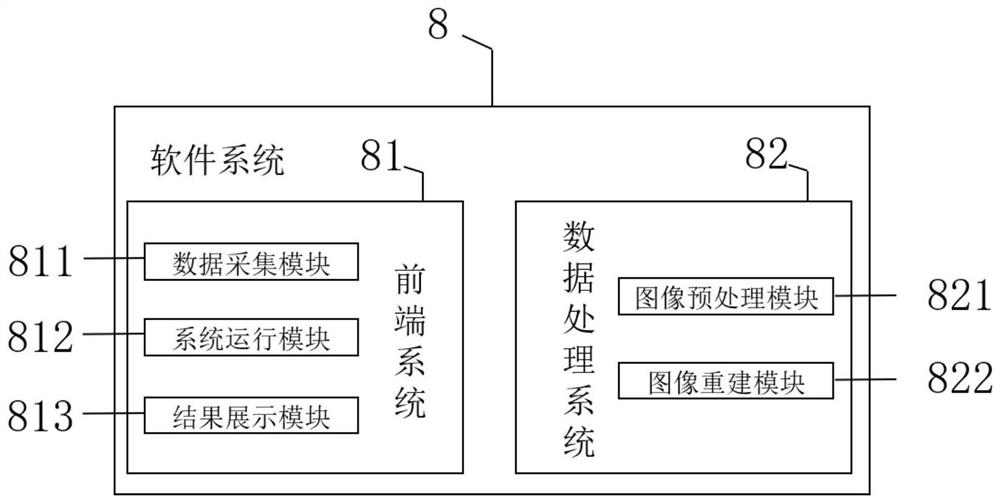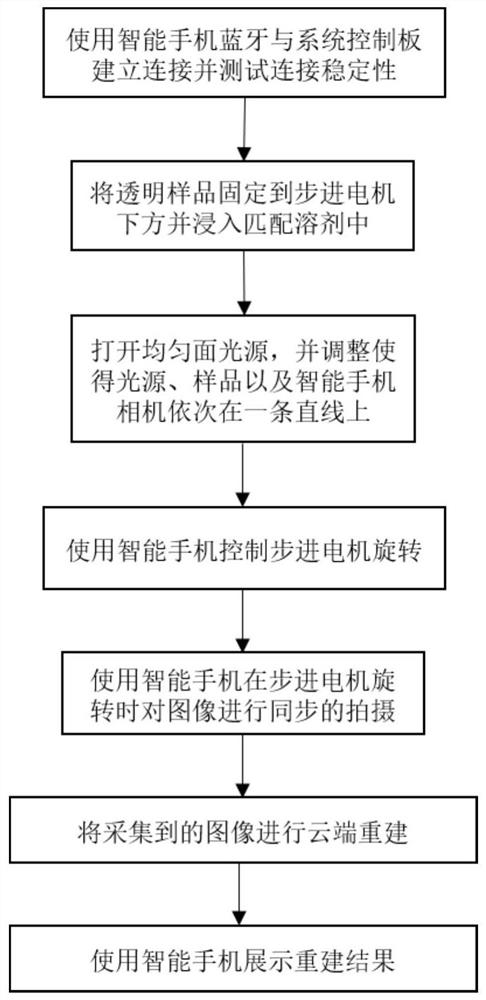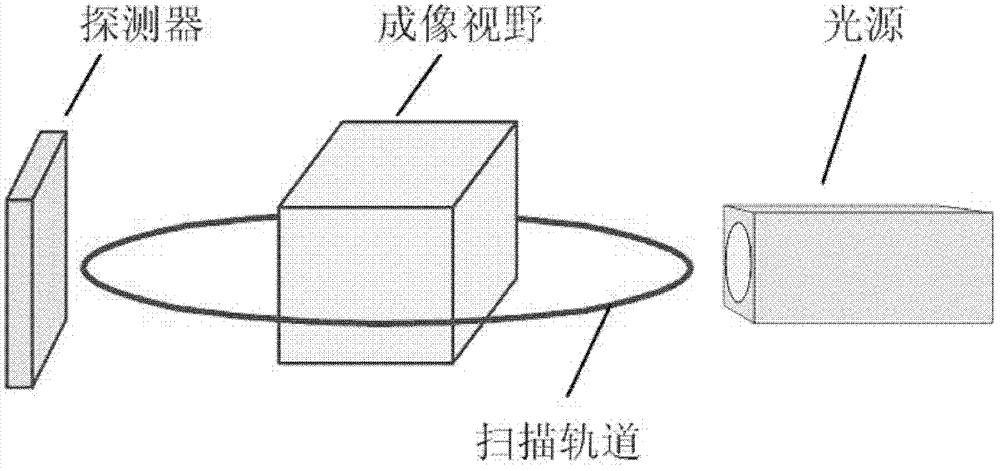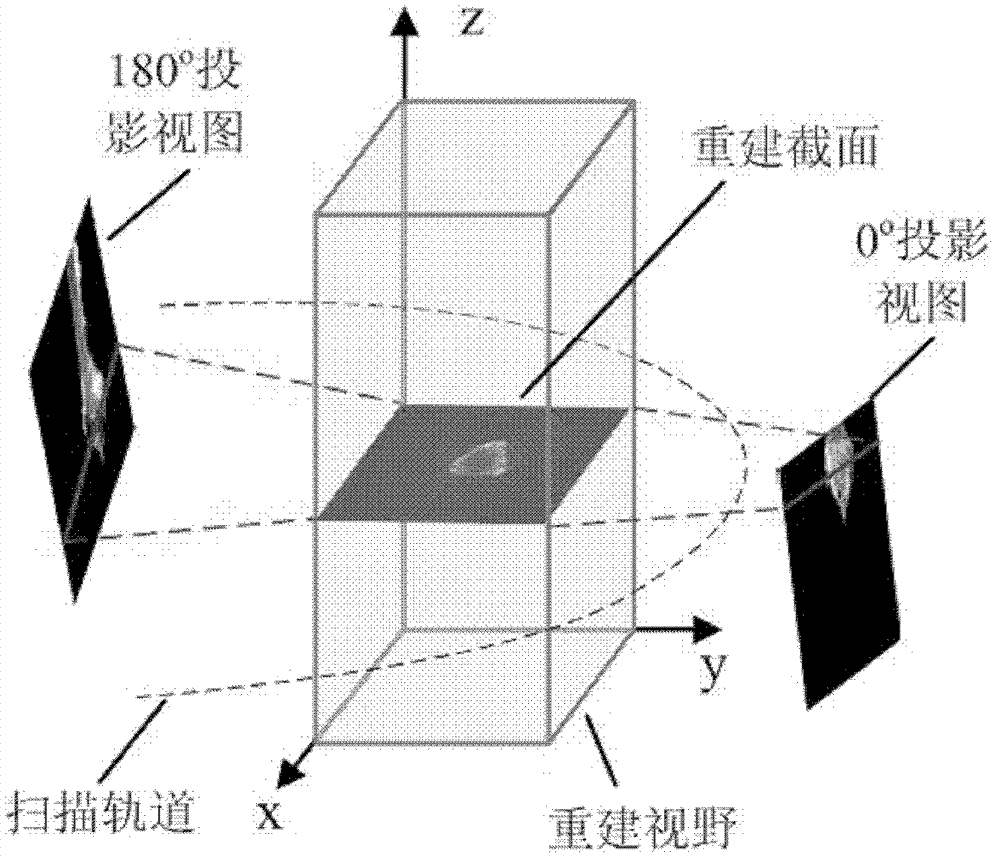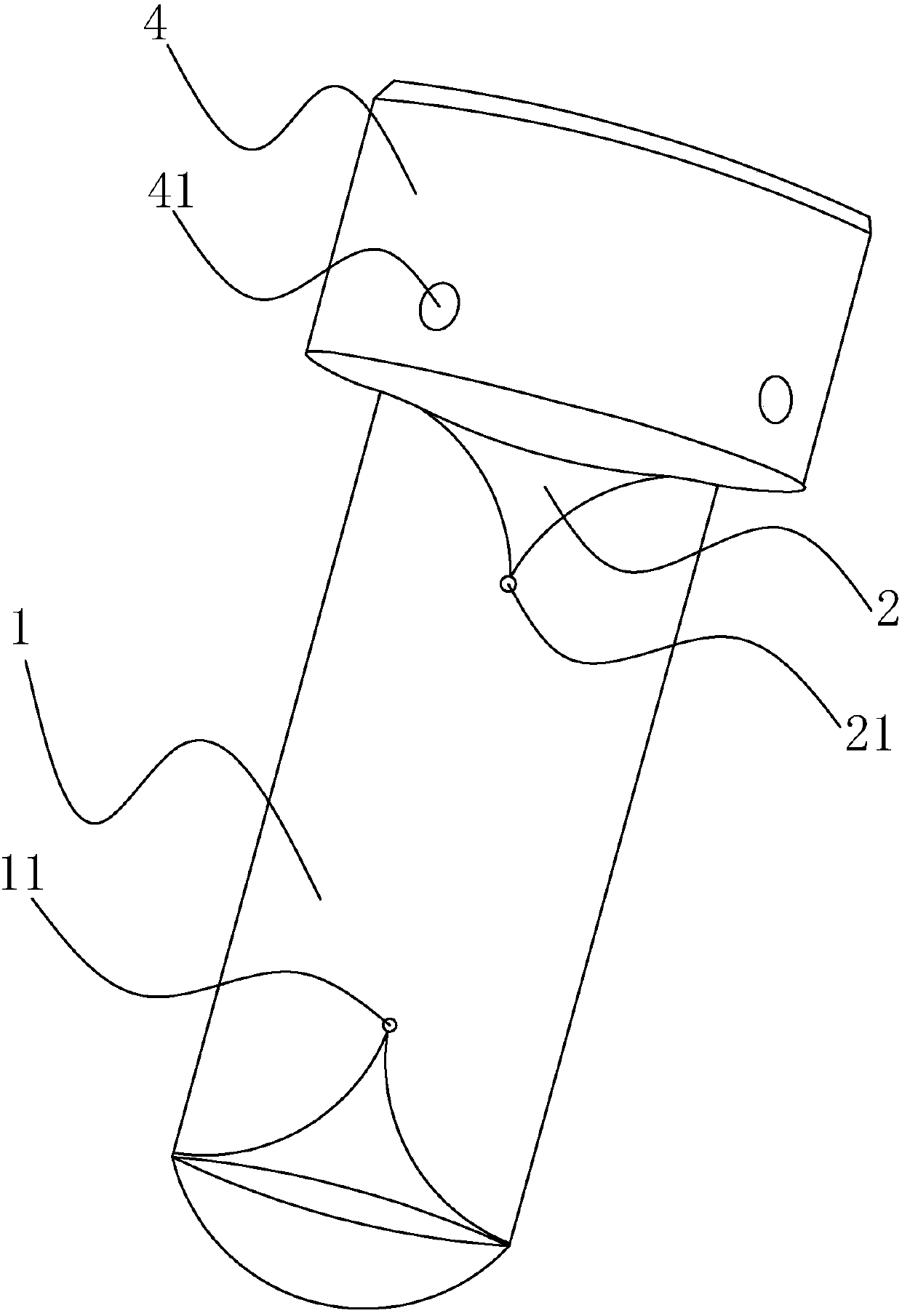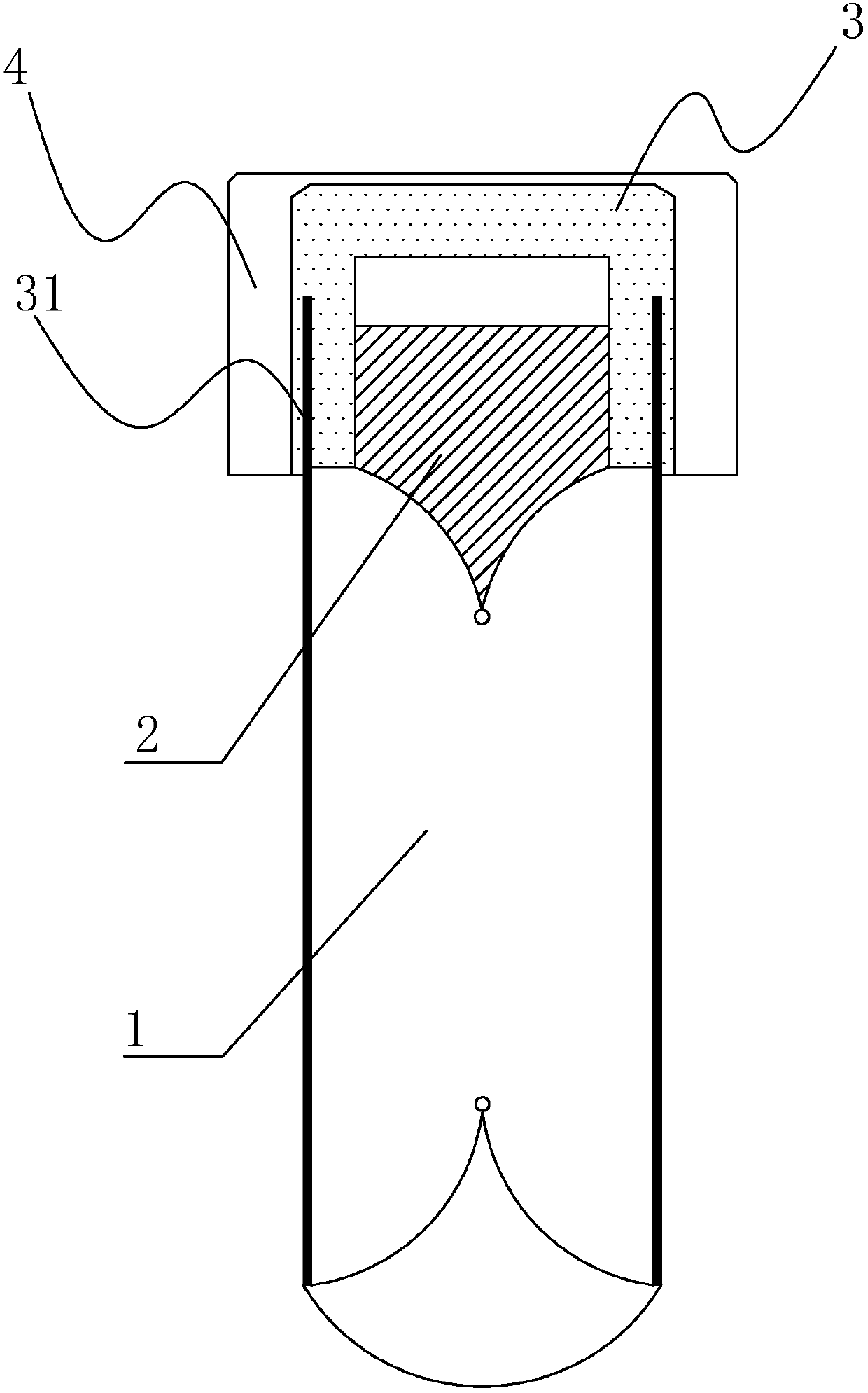Patents
Literature
Hiro is an intelligent assistant for R&D personnel, combined with Patent DNA, to facilitate innovative research.
39 results about "Optical projection tomography" patented technology
Efficacy Topic
Property
Owner
Technical Advancement
Application Domain
Technology Topic
Technology Field Word
Patent Country/Region
Patent Type
Patent Status
Application Year
Inventor
Optical projection tomography is a form of tomography involving optical microscopy. The OPT technique is sometimes referred to as Optical Computed Tomography (optical-CT) and Optical Emission Computed Tomography (optical-ECT) in the literature, to address the fact that the technique bears similarity to X-ray computed tomography (CT) and single-photon emission computed tomography (SPECT).
Depth of Field Extension for Optical Tomography
ActiveUS20090103792A1Photometry using wholly visual meansMaterial analysis by optical meansOptical projection tomographyOptical tomography
An optical projection tomography system is illuminated with a light source. An object-containing tube, a portion of which is located within the region illuminated by the light source, contains an object of interest that has a feature of interest. A detector is located to receive emerging radiation from the object of interest. A lens, including optical field extension elements, is located in the optical path between the object region and the detector, such that light rays from multiple object planes in the object-containing tube simultaneously focus on the detector. The object-containing tube moves relatively to the detector and the lens operate to provide multiple views of the object region for producing an image of the feature of interest at each view.
Owner:VISIONGATE
Rotary stage for imaging a specimen
InactiveUS7218393B2Precise positioningImprove accessibilityMicroscopesFluorescence/phosphorescenceRotational axisRotary stage
A rotary stage (10) for use in optical projection tomography includes a stepper motor (42) with a rotatable vertical shaft (44) the lower end of which carries a specimen (28) to be imaged so that the specimen is rotated about a substantially vertical axis. The stepper motor (42) is mounted on a table (34) the position of which is accurately adjustable in tilt and in vertical position to ensure that the rotational axis of the specimen is perpendicular to the optical axis (29). The specimen (28) rotates within a stationary chamber (26) and the rotary stage is used with a microscope which provides a three-dimensional image of the specimen.
Owner:MEDICAL RESEARCH COUNCIL
Functional imaging of cells with optical projection tomography
ActiveUS20120105600A1Well formedReconstruction from projectionScattering properties measurementsOptical projection tomographyOptical tomography
A method for 3D imaging of a biologic object (1) in an optical tomography system where a subcellular structure of a biological object (1) is labeled by introducing at least one nanoparticle-biomarker. The labeled biological object (1) is moved relatively to a microscope objective (62) to present varying angles of view and the labeled biological object (1) is illuminated with radiation having wavelengths between 150 nm and 900 nm. Radiation transmitted through the labeled biological object (1) and the microscope objective (62) within at least one wavelength bands is sensed with a color camera, or with a set of at least four monochrome cameras. A plurality of cross-sectional images of the biological object (1) from the sensed radiation is formed and reconstructed to make a 3D image of the labeled biological object (1).
Owner:VISIONGATE
Optical projection tomography image capturing method based on depth-of-field fusion
ActiveCN103308452AAchieve integrationHigh-resolutionMaterial analysis by optical meansOptical projection tomographyImage resolution
The invention discloses an optical projection tomography image capturing method based on depth-of-field fusion. The method comprises the following steps: step one, moving the relative position of a sample and a microscopic device under the same rotation angle, acquiring two-dimensional image sequences on different focusing positions; step two, selecting the clearest points of pixel positions in the two-dimensional image sequence, synthesizing to generate a panorama deep image. The different focusing position images acquired by optical projection tomography system can be fused through the method disclosed by the invention, the obtained panorama deep image is used for three-dimensional reconstruction, and the resolution of the three-dimensional image is improved.
Owner:INST OF AUTOMATION CHINESE ACAD OF SCI
Absorption and scattering coefficient reconstruction method in optical projection tomography
InactiveCN105894562ASolving Scattering ProblemsRealize 3D reconstructionDetails involving 3D image dataDiagnostics using tomographyOptical projection tomographyReconstruction method
The invention discloses an absorption and scattering coefficient reconstruction method in optical projection tomography (OPT). Transmitted light intensity is decomposed using the theory of series expansion; the scattering coefficient of biological tissues is reconstructed using a statistical iterative algorithm according to an OPT model and based on the characteristics of ballistic propagation signals and scattering signals in measured signals; the absorption coefficient of biological tissues is calculated based on the relationship of the attenuation coefficient, scattering coefficient and absorption coefficient; and finally, spatial distribution of the absorption coefficient of biological tissues and spatial distribution of the scattering coefficient of biological tissues are reconstructed at the same time. The method is applied to projection tomography reconstruction of weak scattering mediums. 3D reconstruction of the absorption coefficient and scattering coefficient of biological tissues is realized. The problem of scattering in OPT is solved effectively, the quality of OPT is improved, and information provided by the OPT technology is enriched.
Owner:XIDIAN UNIV
Depth of field extension for optical tomography
ActiveUS7787112B2Photometry using wholly visual meansMaterial analysis by optical meansOptical projection tomographyOptical tomography
An optical projection tomography system is illuminated with a light source. An object-containing tube, a portion of which is located within the region illuminated by the light source, contains an object of interest that has a feature of interest. A detector is located to receive emerging radiation from the object of interest. A lens, including optical field extension elements, is located in the optical path between the object region and the detector, such that light rays from multiple object planes in the object-containing tube simultaneously focus on the detector. The object-containing tube moves relatively to the detector and the lens operate to provide multiple views of the object region for producing an image of the feature of interest at each view.
Owner:VISIONGATE
Optical projection tomography motion artifact correction method
InactiveCN102426696AImprove signal-to-noise ratioOvercome the disadvantage of reducing image signal-to-noise ratioImage enhancementImage analysisOptical projection tomographyOptical tomography
The invention discloses an optical projection tomography motion artifact correction method, using a method for estimating sample motion trail without the basis of feature points. The method comprises the following implementation steps of: (1) obtaining projection data; (2) calculating the zeroth moment of the projection data; (3) calculating the first moment of the projection data; (4) calculating center of mass of the projection data; (5) obtaining a motion parameter; (6) calculating quantity of motion; (7) executing motion artifact correction. In the method, a corresponding relation betweena sample and the projection data is built based on a data consistency condition, motion of the scanned sample is estimated by polynomial, thus, the motion information of the sample is estimated directly from the projection data. The method can be used for projection tomographic reconstruction of the sample, and can improve spatial resolution of an optical tomography system and reduce image artifacts.
Owner:XIDIAN UNIV
Optical projection tomography device and method based on camera array
InactiveCN104224127AClear detailsReduce stray light interferenceDiagnostic recording/measuringSensorsHigh-dynamic-range imagingOptical projection tomography
The invention provides an optical projection tomography device and a method based on a camera array. A light source array and the camera array are utilized to realize two-dimensional projection images of different exposures of an organism, and high-quality reconstruction of a three-dimensional image of a biological sample is realized through a high dynamic range imaging technique and a filter back projection algorithm. According to the optical projection tomography device and the method based on the camera array, an imaging module mainly comprises a scanning acquisition module and a data processing module, wherein the scanning acquisition module mainly comprises: (1) a light source module formed by the light source array, an optical lens, a beam expander and a polarizer; (2) a biological sample platform formed by a stepping motor rotating platform and a sample clamping device; (3) a two-dimensional projection image acquisition module formed by a microscope, the camera array, a polarization analyzer and a filter plate; the data processing module mainly comprises: (1) high dynamic range image synthesis; (2) rotary center position correction; (3) filter back projection three-dimensional reconstruction.
Owner:XIDIAN UNIV
Angular multiplexed optical projection tomography
InactiveUS20150008339A1Closely spacedShort working distancePhotometryScattering properties measurementsOptical projection tomographyData set
An optical projection tomography system comprises a support arranged to support an object (63) and to rotate the object between a plurality of orientations, a first imaging system (64) arranged to image the object from a first direction to form a first image, and a second imaging system arranged to image the object from a second direction to form a second image, data acquisition means (66, 67) arranged to acquire image data from the first and second images for each of the orientations and processing means arranged to process the image data to generate an image data set.
Owner:IMPERIAL INNOVATIONS LTD
Method and device for the examination of a sample using optical projection tomography
ActiveCN105874317AReduce restrictionsScattering properties measurementsTransmissivity measurementsOptical projection tomographyFractography
The invention relates to a method for the examination by tomography of a sample (9). According to said method, a sample (9) is illuminated with an illumination light beam (3), and a transmission light beam (10), which contains the light of the illumination light beam (3) transmitted through the sample (9), is detected by means of a transmission detector (13). The invention further relates to a device for the examination of a sample (9) by tomography. The illumination light beam (3) and the transmission light beam (10) pass through the same lens (7) with opposite propagation directions.
Owner:LEICA MICROSYSTEMS CMS GMBH
Resolution improvement in emission optical projection tomography
InactiveUS20100158333A1Reduce blurReduce impactMaterial analysis by optical meansCharacter and pattern recognitionOptical projection tomographyImage resolution
A method of reducing blur in an optical projection tomography (OPT) image comprises filtering the frequency space information of OPT image data to reduce the effects of out-of-focus data and defocused in-focus data and reconstructing the filtered OPT data.
Owner:HOSPITAL FOR SICK CHILDREN
Optical projection tomography method based on merged spiral scanning mode
ActiveCN102727188ASolve the problem of not being able to image in high resolutionRealize 3D reconstructionDiagnostic recording/measuringSensorsVisual field lossOptical projection tomography
The invention discloses an optical projection tomography method based on a merged spiral scanning mode. The optical projection tomography method comprises the following steps of: merging projection drawings on the same height, at the same angle and at different detector positions into a projection drawing which can cover all samples in the horizontal direction, and merging a plurality of local spiral projection data into a whole spiral projection data; calculating the axial visual field of the whole three-dimensional reconstruction body according to the axial position and scanning angle of each merged projection drawing; dividing the three-dimensional reconstruction body into a plurality of pieces of axial tomography to be reconstructed, performing data rearrangement on a projection line corresponding to each axial tomography to be reconstructed to obtain a sinusoidal chart corresponding to the axial tomography to be reconstructed; and reconstructing the sinusoidal chart into a tomography image by utilizing a circular track filtering back projection method, and sequentially superposing various tomography images to obtain the three-dimensional reconstruction body. According to the method, the visual filed of the optical projection tomography can be effectively widened, and the capacity of imaging a large-size object in an imaging system is improved.
Owner:INST OF AUTOMATION CHINESE ACAD OF SCI
Method and apparatus for investigating a sample by means of optical projection tomography
ActiveUS20160320301A1Improve stabilityScattering properties measurementsTransmissivity measurementsOptical projection tomographyLight beam
The invention relates to a method for tomographic investigation of a sample (9), in which method a sample (9) is illuminated with an illuminating light bundle (3) and in which a transmitted light bundle (10) that contains the light of the illuminating light bundle (3) transmitted through the sample (9) is detected with a transmission detector (13). The invention further relates to an apparatus for tomographic investigation of a sample (9). Provision is made that the illuminating light bundle (3) and the transmitted light bundle (10) pass in opposite propagation directions through the same objective (7).
Owner:LEICA MICROSYSTEMS CMS GMBH
High-precision instant orthogonal optical projection tomography system
The invention discloses a high-precision instant orthogonal optical projection tomography system. Three-dimensional tracking for neutrophile granulocyte in zebra fish embryo can be realized. The collecting rate can reach camera frame rate and the optical radiation to a biological sample is small. Various image processing and recognition algorithms are used for detecting and recognizing the neutrophile granulocyte in the zebra fish embryo, so as to acquire the position change and morphological features of the cells. A basis is established for data analysis of the next step; the mutual relation of the neutrophile granulocyte structure, morphological feature, motion trail, inflammation and drug effect can be realized; the experimental and theoretical basis is established for researching the disease change and the drug effect mechanism.
Owner:SHENZHEN UNIV
Optical projection tomography method based on helical scanning track
ActiveCN102599887ARealize 3D reconstructionGuaranteed imaging accuracyDiagnostic recording/measuringSensorsOptical projection tomographyHelical scan
The invention discloses an optical projection tomography method based on a helical scanning track. The projection data obtained by an optical projection tomography (OPT) system in a helical scanning manner is rearranged to be transformed to a series of sinusoidal projection images scanned in a circular track, and the sinusoidal projection images are reconstructed, so as to obtain a sample three-dimensional fault structure. The optical projection tomography method provided in the embodiment of the invention can be used for effectively expanding the view of the optical projection tomography, in particular to the imaging view for long and thin objects.
Owner:INST OF AUTOMATION CHINESE ACAD OF SCI
Double-mode Raman-optical projection tomography system
ActiveCN108469429AFit closelySimple Image FusionRaman scatteringSpectrometry/spectrophotometry/monochromatorsOptical projection tomographyBeam expander
The invention belongs to the technical field of testing or analyzing materials by means of the chemical or physical properties of determination materials, and discloses a double-mode Raman-optical projection tomography system. A laser beam subjected to beam expanding through a beam expander shines a sample, all modal optical signals are separated through a spectroscope, signal collection is conducted by adopting sparse sampling, an optical transmission projection signal collection module collects sample transmission light, and an optical projection image is formed; a multispectral Raman scattered signal collection module collects Raman scattered signal generated by the sample; collected data is subjected to background noise removing; sparse sampling data is rebuilt by adopting ART based ona TV minimization algebraic reconstruction method; a three-dimensional structure image and a three-dimensional chemical composition image which are obtained through rebuilding are blended, and a three-dimensional volume image containing multiple information is obtained. Accordingly, Raman spectral imaging and optical projection tomography are skillfully combined to the same system, triple information is provided, and information fit is high; the large scale sample imaging speed is high, and operation is easy and flexible.
Owner:XIDIAN UNIV
Emission type optical projection tomography attenuation and scattering correction method
ActiveCN105894537ARealize quantitative 3D reconstructionEliminate the effects of fluorescence quantitative reconstructionImage enhancementImage analysisOptical projection tomographyAttenuation coefficient
The invention discloses an emission type optical projection tomography (OPT) attenuation and scattering correction method. An OPT model under the condition of weak scattering and an OPT fluorescence reconstruction algorithm are combined. OPT fluorescence signal attenuation correction is conducted using a normalized Born ratio method; the scattering component in measured data is simulated using the Monte Carlo technology, and the scattering component is removed from detection data; and through an iterative framework effectively combining attenuation correction and scattering component estimation, quantitative 3D reconstruction of OPT fluorescent dye concentration is realized. The influence of both absorption and scattering is considered comprehensively in quantitative reconstruction of fluorescent dye concentration, the scattering component in signals is estimated using the Monte Carlo technology and removed, and quantitative reconstruction of fluorescence dye concentration is realized.
Owner:XIDIAN UNIV
Optical projection tomography method capable of automatically processing depth of field
ActiveCN102973246AHigh-resolutionDiagnostic recording/measuringSensorsOptical projection tomographyMean square
The invention relates to an optical projection tomography method capable of automatically processing depth of field. The optical projection tomography method comprises the following steps of radially moving a position of a sample at a rotation center, and collecting a series of projection drawings of the sample at a same angle under different focal lengths; and selecting clear projection drawings from the series of the projection drawings of the sample according to a mean square deviation value for carrying out three-dimensional image reconstruction. According to the optical projection tomography method capable of automatically processing the depth of field, disclosed by the invention, the automatic process of the depth of field of an optical projection tomography can be quickly realized, clear two-dimensional projection images are selected to be used for carrying out three-dimensional reconstruction, and the resolution ratio of a reconstruction body is improved.
Owner:INST OF AUTOMATION CHINESE ACAD OF SCI
Functional imaging of cells with optical projection tomography
ActiveUS8947510B2Reconstruction from projectionScattering properties measurementsOptical projection tomographyOptical tomography
A method for 3D imaging of a biologic object (1) in an optical tomography system where a subcellular structure of a biological object (1) is labeled by introducing at least one nanoparticle-biomarker. The labeled biological object (1) is moved relatively to a microscope objective (62) to present varying angles of view and the labeled biological object (1) is illuminated with radiation having wavelengths between 150 nm and 900 nm. Radiation transmitted through the labeled biological object (1) and the microscope objective (62) within at least one wavelength bands is sensed with a color camera, or with a set of at least four monochrome cameras. A plurality of cross-sectional images of the biological object (1) from the sensed radiation is formed and reconstructed to make a 3D image of the labeled biological object (1).
Owner:VISIONGATE
Optical projection tomography detection method
ActiveCN104865195AEfficient detectionMaterial analysis by optical meansOptical projection tomographyBack projection
The invention provides an optical projection tomography detection method. The method comprises acquiring first image data through an optical projection tomography imaging system, wherein the first image data comprises first polarization condition image data, second polarization condition image data and first sample transmission image data; processing the first sample transmission image data to obtain transmission three-dimensional data; processing the first polarization condition image data and the second polarization condition image data to obtain polarization condition three-dimensional pre-data and a birefringence tissue region graph; performing back projection on the polarization condition three-dimensional pre-data through the birefringence tissue region graph to obtain polarization condition three-dimensional data; analyzing the transmission three-dimensional data, the birefringence tissue region graph and the polarization condition three-dimensional data. By the aid of the method, birefringence tissues in an optical projection tomography imaging system can be detected effectively.
Owner:INST OF AUTOMATION CHINESE ACAD OF SCI
A high-dynamic optical projection tomography method and device
ActiveCN109949383AKeep intactRealistic image2D-image generationOptical projection tomographyBackground image
The invention discloses a high-dynamic optical projection tomography method and device. images at different exposure times and background images at corresponding exposure times are processed and fusedin a frequency domain; a complete and real image with high contrast degree details is obtained; filtering back projection is performed to obtain three-dimensional image reconstruction; The inventionprovides a method for superposing threshold difference values on a two-dimensional Fourier plane. a three-dimensional imaging result is obtained through comparison; compared with a traditional OPT three-dimensional imaging result, more abundant information of the sample is obtained; the distribution information of the surface layer and the internal structure of the sample can be completely stored;and moreover, high contrast detail information which cannot be obtained under a single exposure condition is obtained, a more real image is obtained compared with a method for correcting the exposuretime of different areas by adopting a normalization algorithm, and fine three-dimensional structure imaging of a sample with a complex space structure is realized.
Owner:FOSHAN UNIVERSITY
Profile model-based geometric correction method for optical projection tomography imaging system
ActiveCN104713864AImprove spatial resolutionReduce artifactsFluorescence/phosphorescenceOptical projection tomographyImage resolution
The invention discloses a profile model-based geometric correction method for an optical projection tomography imaging system. The profile model-based geometric correction method comprises the following steps: carrying out data collection on a profile model to obtain two-dimensional projection data; carrying out three-dimensional reconstruction on the two-dimensional projection data to obtain three-dimensional reconstruction data, wherein the three-dimensional reconstruction data comprise horizontal offset information and rotation information of a sample rotating axis; acquiring horizontal offset and rotation angle, corresponding to the horizontal offset information and rotation information of the sample rotating axis, of the rotating axis according to the horizontal offset information and the rotation information of the sample rotating axis; and carrying out geometric correction on horizontal offset and rotation offset, corresponding to the horizontal offset and the rotation angle of the rotating axis, through the horizontal offset and the rotation angle of the rotating axis. According to the profile model-based geometric correction method, the spatial resolution rate of the optical projection tomography imaging system can be improved; and artifacts of images are reduced.
Owner:INST OF AUTOMATION CHINESE ACAD OF SCI
Apparatus and method for enhanced early photon detection in optical projection tomography
ActiveUS10986998B2Improve spatial resolutionEasy to castMedical imagingDiagnostics using fluorescence emissionOptical projection tomographyOptical tomography
A system and method for optical tomography including illuminating an object with pulsing stimulus light and pulsing the stimulus light at a repetition frequency having a pulse period that is greater than a dead-time of a detector. Coordinating the pulse with the dead-time of the detector allows for higher powered light source and improves early photon detection.
Owner:ILLINOIS INSTITUTE OF TECHNOLOGY
Method and device for specifying center of rotation based on optical projection tomography sinogram
ActiveCN110068572BAchieve correctionReduce artifactsMaterial analysis by optical meansOptical projection tomographyImaging quality
The invention discloses a method and device for marking the center of rotation based on an optical projection tomography sinogram. The method includes: the projection rotation center of the marker and the sample is the same, the first section sinogram and the second section sinogram are obtained, and the calculation The balance position of the first section sinogram is calculated by calculating the distance from the balance position to the upper edge and the lower edge of the first section sinogram to obtain the target height value, and the second section sinogram is longitudinally cut or longitudinally repaired, so The height values of the longitudinal cropping and the longitudinal repairing are the target height values, and the back projection reconstruction is performed on the sinogram of the second section after the longitudinal cutting or longitudinal repairing to obtain the target reconstructed cross-sectional view of the sample. The invention quickly calculates the projection rotation center of the sample by introducing markers as reference objects without being affected by the complexity of the sample structure, realizes the correction of the projection rotation center, reduces the artifacts of the reconstruction section, and improves the imaging quality.
Owner:FOSHAN UNIVERSITY
Optical projection tomography method based on merged spiral scanning mode
ActiveCN102727188BSolve the problem of not being able to image in high resolutionRealize 3D reconstructionDiagnostic recording/measuringSensorsOptical projection tomographyVisual field loss
The invention discloses an optical projection tomography method based on a merged spiral scanning mode. The optical projection tomography method comprises the following steps of: merging projection drawings on the same height, at the same angle and at different detector positions into a projection drawing which can cover all samples in the horizontal direction, and merging a plurality of local spiral projection data into a whole spiral projection data; calculating the axial visual field of the whole three-dimensional reconstruction body according to the axial position and scanning angle of each merged projection drawing; dividing the three-dimensional reconstruction body into a plurality of pieces of axial tomography to be reconstructed, performing data rearrangement on a projection line corresponding to each axial tomography to be reconstructed to obtain a sinusoidal chart corresponding to the axial tomography to be reconstructed; and reconstructing the sinusoidal chart into a tomography image by utilizing a circular track filtering back projection method, and sequentially superposing various tomography images to obtain the three-dimensional reconstruction body. According to the method, the visual filed of the optical projection tomography can be effectively widened, and the capacity of imaging a large-size object in an imaging system is improved.
Owner:INST OF AUTOMATION CHINESE ACAD OF SCI
An Attenuation and Scatter Correction Method for Emission Optical Projection Tomography
ActiveCN105894537BAchieving Quantitative ReconstructionImage enhancementImage analysisUltrasound attenuationOptical projection tomography
Owner:XIDIAN UNIV
Optical projection tomography device based on smart phone, system and method thereof
ActiveCN113781848ALow costEasy to operateReconstruction from projectionDiagnostics using tomographyComputer hardwareOptical projection tomography
The invention belongs to the technical field of medical imaging, and discloses an optical projection tomography device based on a smart phone, a system and a method thereof, and the device is provided with a uniform area light source, a transparent sample, a stepping motor, a stepping motor driver, a control panel, a mobile terminal and a support. The uniform area light source emits visible light; the transparent sample is hung below the stepping motor; the transparent sample is rotated by the stepping motor; the stepping motor driver controls the rotation angle and the rotation speed of the stepping motor; the control panel controls the stepping motor driver to rotate the stepping motor; the mobile terminal is provided with Bluetooth or Wi-Fi, and is used for controlling device operation, image acquisition and reconstruction result display; and the support supports the uniform area light source, the stepping motor and the mobile terminal and is used for adjusting the height of the stepping motor and the mobile terminal. The optical projection tomography teaching system based on the smart phone is low in cost, simple in structure and convenient to operate.
Owner:XIDIAN UNIV
Optical projection tomography method based on helical scanning track
ActiveCN102599887BRealize 3D reconstructionGuaranteed imaging accuracyDiagnostic recording/measuringSensorsHelical scanOptical projection tomography
The invention discloses an optical projection tomography method based on a helical scanning track. The projection data obtained by an optical projection tomography (OPT) system in a helical scanning manner is rearranged to be transformed to a series of sinusoidal projection images scanned in a circular track, and the sinusoidal projection images are reconstructed, so as to obtain a sample three-dimensional fault structure. The optical projection tomography method provided in the embodiment of the invention can be used for effectively expanding the view of the optical projection tomography, in particular to the imaging view for long and thin objects.
Owner:INST OF AUTOMATION CHINESE ACAD OF SCI
Test tube structure
PendingCN107913749AHigh speedFewer slice artifactsLaboratory glasswaresOptical projection tomographyProjection image
The invention discloses a test tube structure, which comprises a glass tube body and a glass plug; the glass tube body is provided with an opening, and the glass plug is arranged at the opening of theglass tube; the glass plug and the glass tube body are formed to be a sealed cavity body, and a first marker is arranged in the glass tube body, and closes to the bottom part of the glass tube body;one side of the glass plug is provided with a second marker, and the second marker is inserted to the glass tube body; the first marker and the second marker are deviated from the axial line of the center of the glass tube body. When a projection image is processed by the test tube structure, a camera center line and a rotating center bias are calculated by means of a projection sine drawing of afault where the first marker and the second marker are located, thus the positioning rotating center speed is significantly promoted; meanwhile, a slice artifact acquired through restructuring the sine drawing after positioning the rotating center is few, the section outline and the shape can comparatively meet the real condition. The test tube structure is used for loading a sample during a tomography process of an optical projection layer.
Owner:FOSHAN UNIVERSITY
Features
- R&D
- Intellectual Property
- Life Sciences
- Materials
- Tech Scout
Why Patsnap Eureka
- Unparalleled Data Quality
- Higher Quality Content
- 60% Fewer Hallucinations
Social media
Patsnap Eureka Blog
Learn More Browse by: Latest US Patents, China's latest patents, Technical Efficacy Thesaurus, Application Domain, Technology Topic, Popular Technical Reports.
© 2025 PatSnap. All rights reserved.Legal|Privacy policy|Modern Slavery Act Transparency Statement|Sitemap|About US| Contact US: help@patsnap.com
